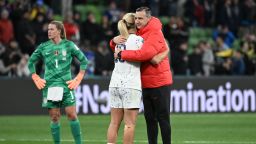Editor’s Note: Amy Bass?is professor of sport studies at?Manhattanville College?and the author of “One Goal: A Coach, a Team, and the Game That Brought a Divided Town Together” and “Not the Triumph but the Struggle: The 1968 Olympics and the Making of the Black Athlete,” among other titles. The views expressed here are her own. Read?more opinion?on CNN.
While the failure of the US Women’s National Team (USWNT)?to capture an unprecedented (and wildly improbably) three-peat dominated headlines stateside, this time around really put the world in World Cup, a shift from the same old, same old. For the first time since 2011, a new champion in women’s soccer has been crowned.

Spain came out swinging with vigor and poise in the 2023 FIFA Women’s World Cup final in Sydney’s Stadium Australia, spreading the field, finding gaps in England’s backline and posting early dominant possession percentages.
While an early shot by England’s Lauren Hemp that hit the crossbar and a powerful penalty save by goalkeeper Mary Earps reassured us that this was a battle fit for a final, Spain’s performance was that of a championship team, punctuated in the 29th minute by Spain’s Olga Carmona, who also scored the game winner in the semi-final against Sweden. She put her team on the board with a low, hard, far-post shot.
England brought renewed energy to the second half, with coach Sarina Wiegman making an unusual double change in lineup, bringing in Chloe Kelly and Lauren James, who had been benched?after a red card in the round of 16.?But neither they, nor Earps’s golden hands, could change the scoreboard:?Spain downed England, 1-0, and as soccer fans everywhere process this result and look toward?to?where the sport goes from here, some key takeaways are clear.
New champ??New world
As the seconds of extra time ticked in the final, we already knew one result: no matter who won Sunday, the exclusive club of Women’s World Cup champions was about to have a newcomer. Until this final, Norway (1995), Germany (2003, 2007), Japan (2011), and the USWNT were the only teams who had climbed on top.?Indeed, this was the first final not to feature either the USWNT, which went out historically early in a loss to Sweden in the Round of 16, or Germany, which failed to get out of group play for the first time.
The 32-team bracket had been expanded since 2019, meaning eight teams were at the big show for the first time. Of this, FIFA head Gianni Infantino congratulated himself with typical confidence: “FIFA was right” to add teams to the bracket, he said, dismissing criticisms of the move, “As it happens often, FIFA was right.”
Where many were looking for the?kind of blowouts we saw four years ago (USWNT vs. Thailand comes to mind), matches across the bracket were close and competitive, with four of those debutantes winning their first game and others giving elite teams a scare, such as runner up England barely squeaking by Haiti back in the group stage.?There was a wildness and an unpredictability to this tournament, moments when it felt like anyone’s to win.?And the fans were there for it, with people in the stadium seats in host nations Australia and New Zealand setting new attendance benchmarks on an almost daily basis.?The hometown Matildas’ semifinal loss to England broke all television records in Australia, with some 41% of the country tuning in – the most watched television event in Australian history.
The fact that the Americans and the Dutch, who faced off in 2019 for the crown, got nowhere near this final speaks volumes to the level of play of the women’s side.?Just as important:?Spain is now the first team to hold three World Cup titles at once: senior, along with?U-17 and U-20 trophies landed last year. The electric Salma Paraluello, also a top track and field athlete who only committed exclusively to soccer last year, was part of all three teams. The bar, then, has not only been raised:?Spain isn’t going anywhere anytime soon.
Love the player, love the game—but maybe not the federation
Spain’s newfound global dominance on the women’s side is not without controversy. Spanish players have been at odds with the Royal Spanish Football Federation (RFEF), including over the management style of Jorge Vilda. When 15 players, including Spanish star Mapi Leon, sent emails to the RFEF removing themselves from selection for the national team’s fall 2022 schedule, it was anyone’s guess as to who would be on the World Cup roster (ultimately, three of the 15 were, including Aitana Bonmati, who was named the tournament’s best player after Sunday’s final) .
During this final game, dislike of Vilda — whose success is now hard to dispute — was evident, with fans booing when his name was announced and players eschewing his attempts at high-fives and sideline celebrations.
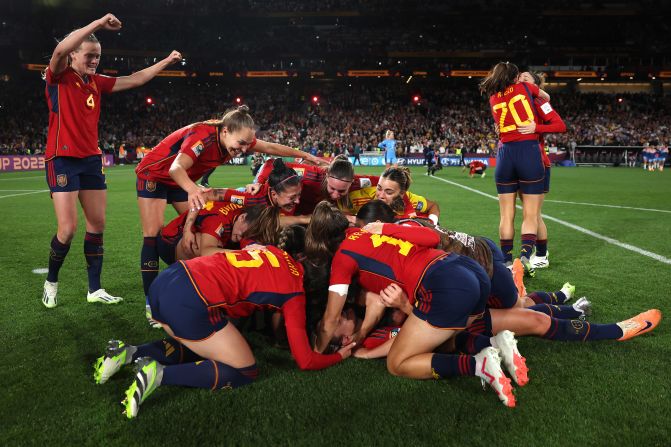
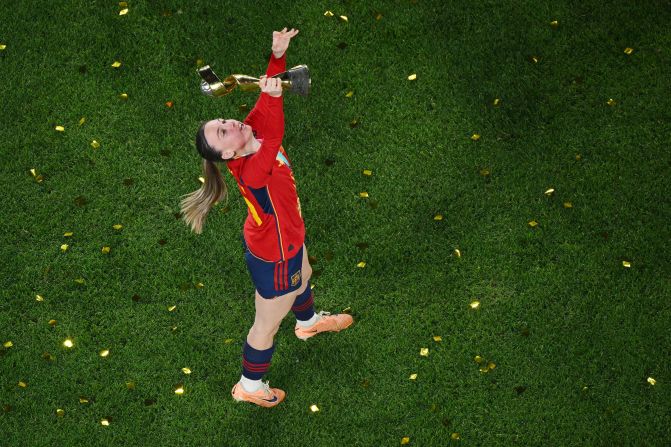
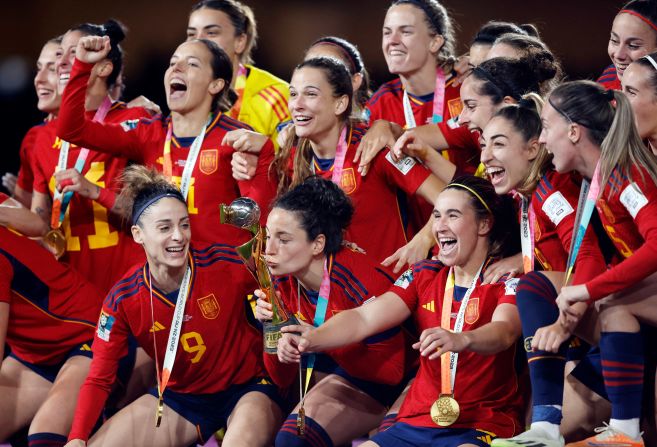
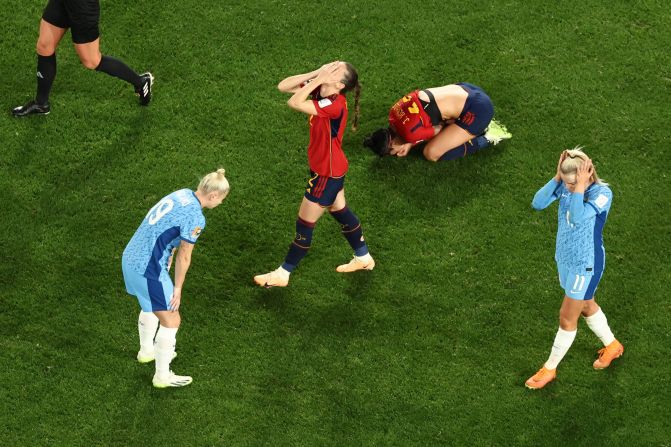
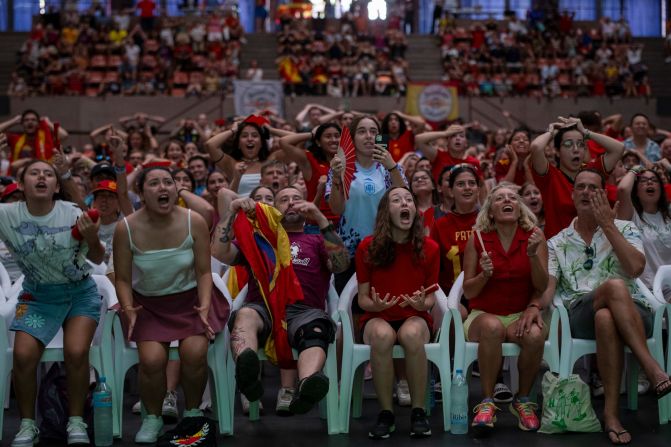
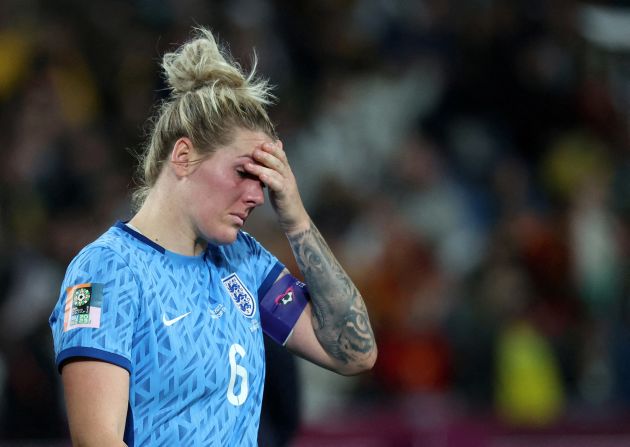
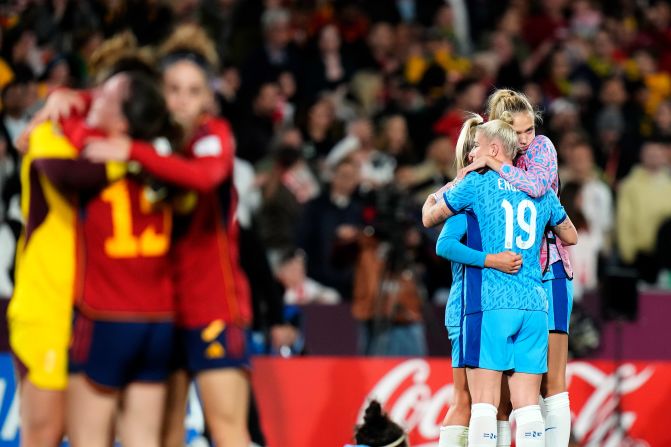
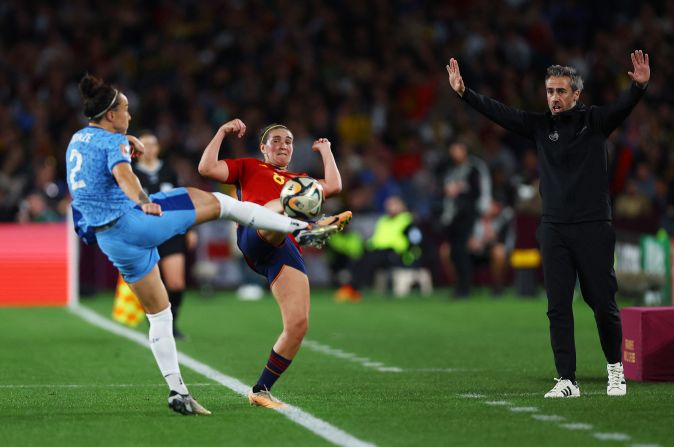
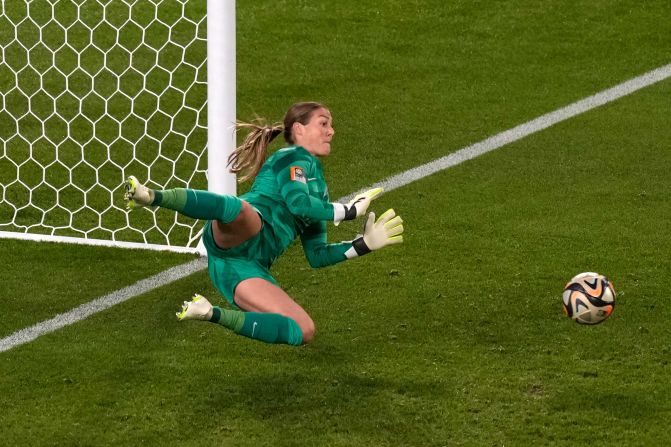
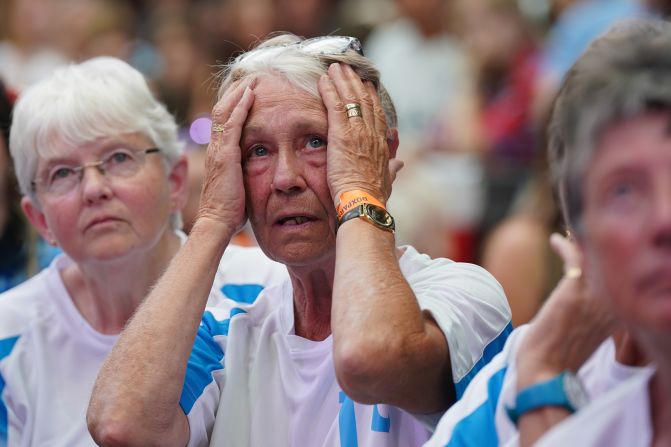
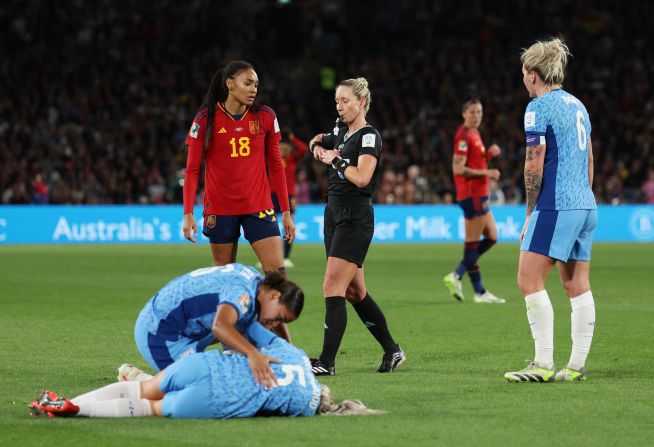
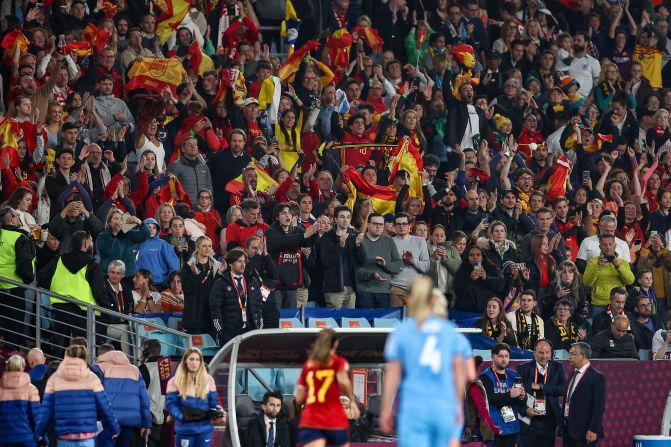
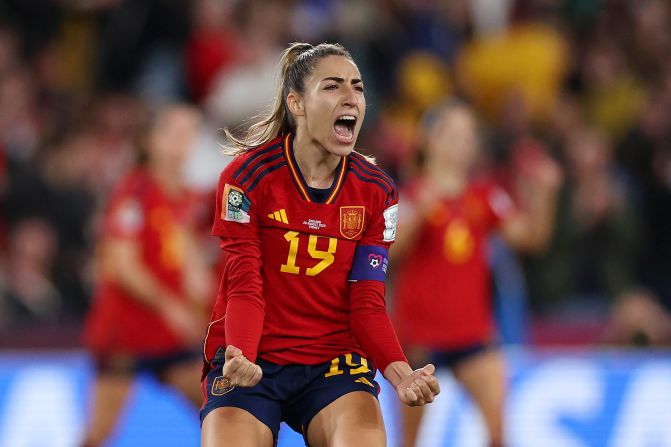
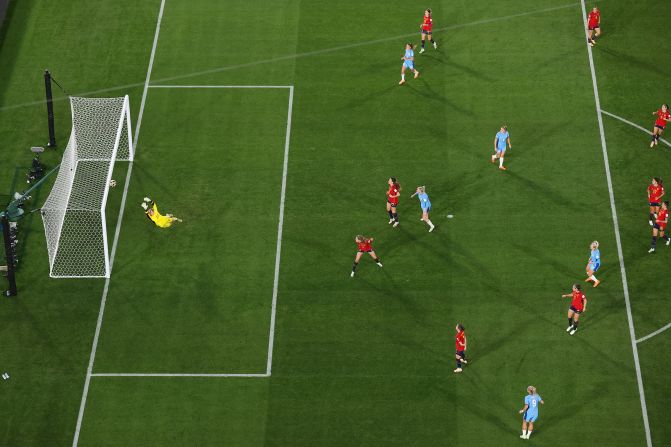
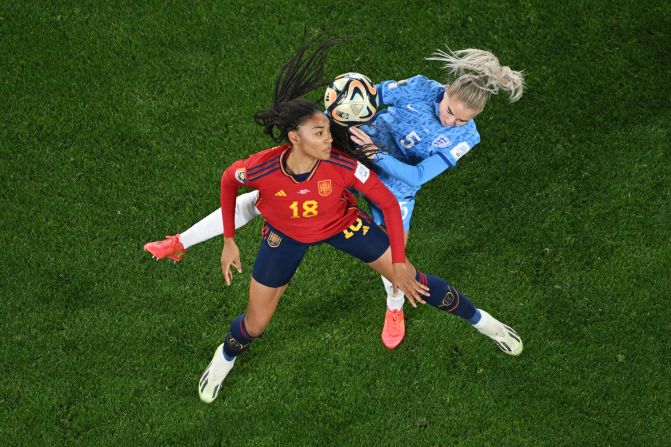
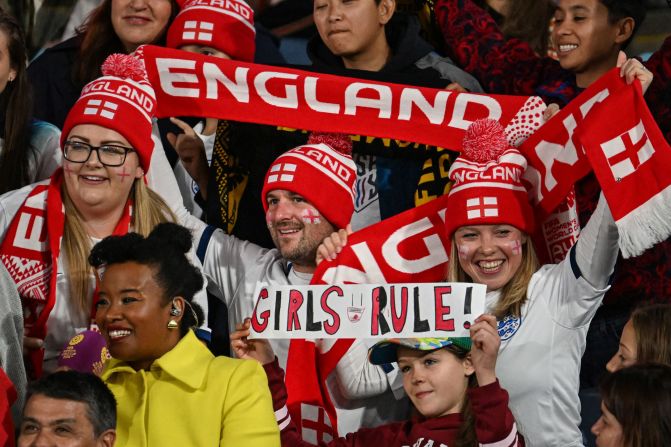
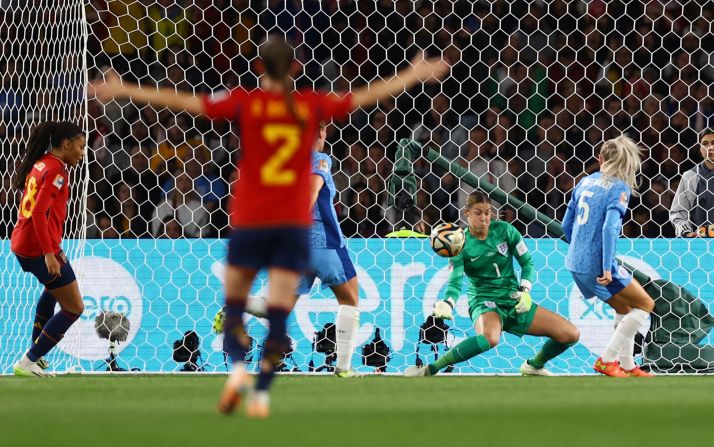
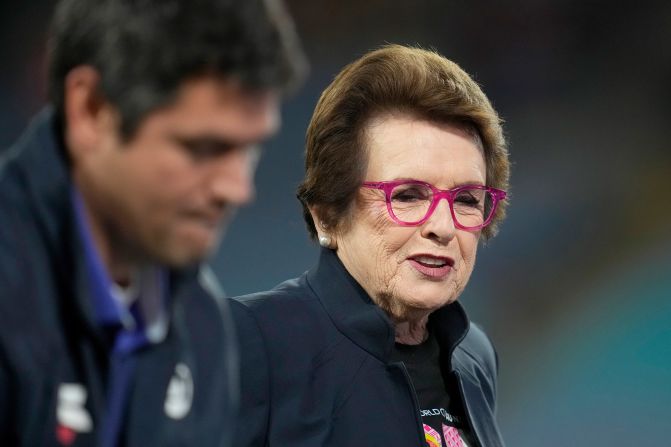
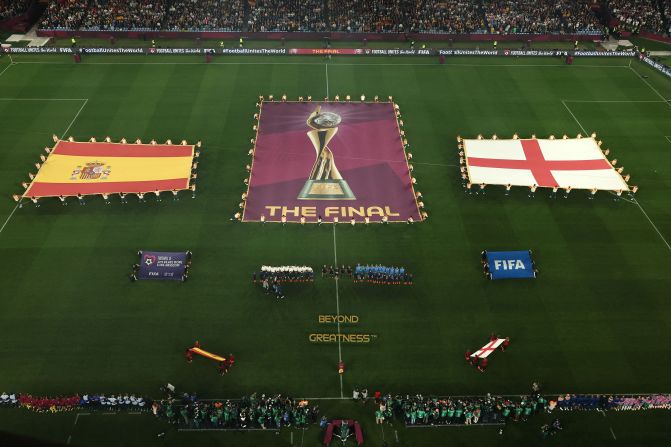
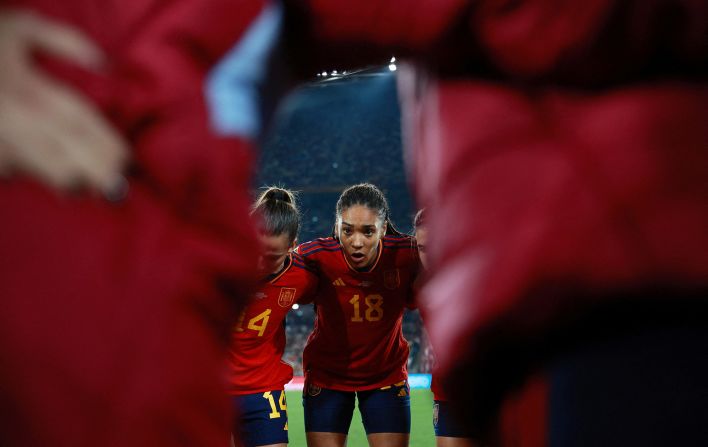

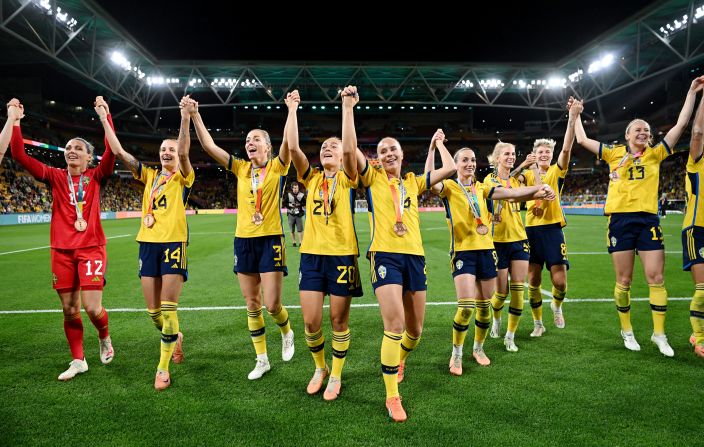
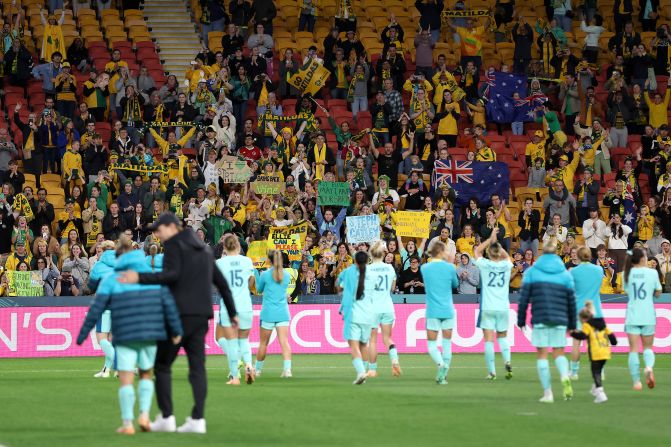
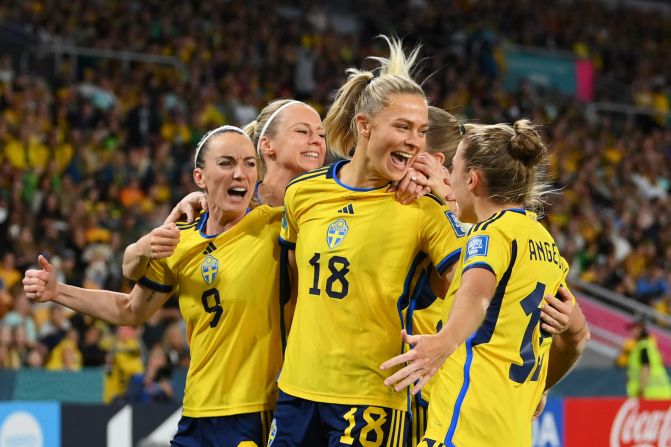
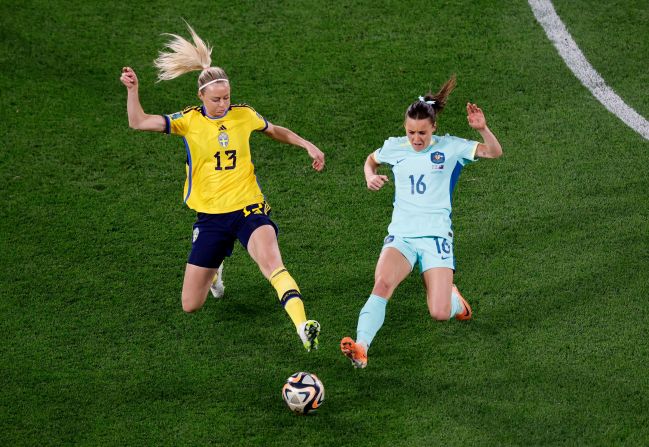
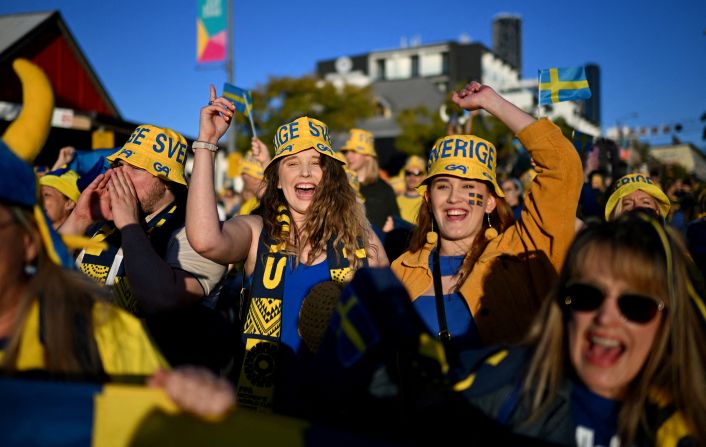
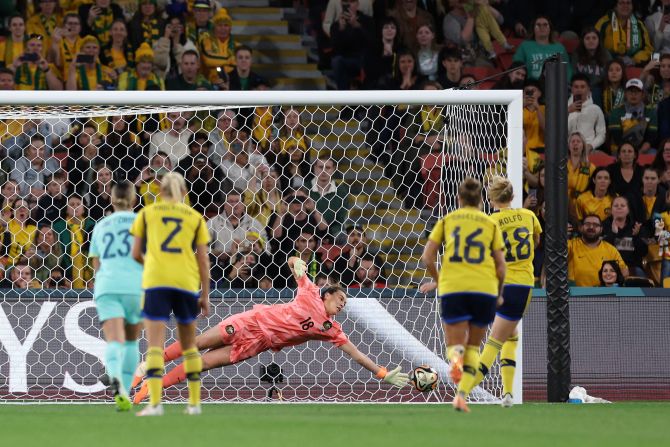
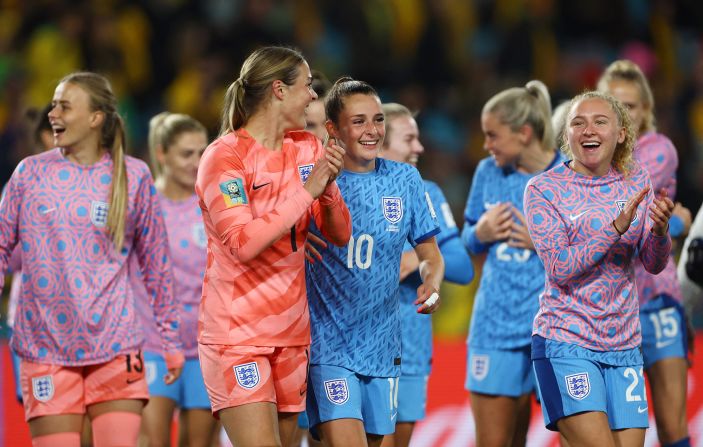
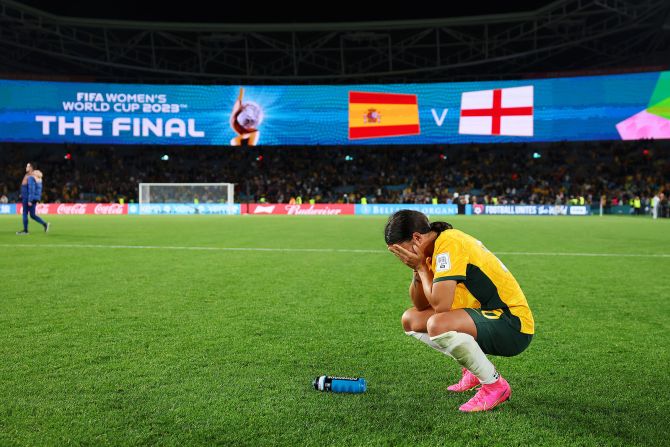
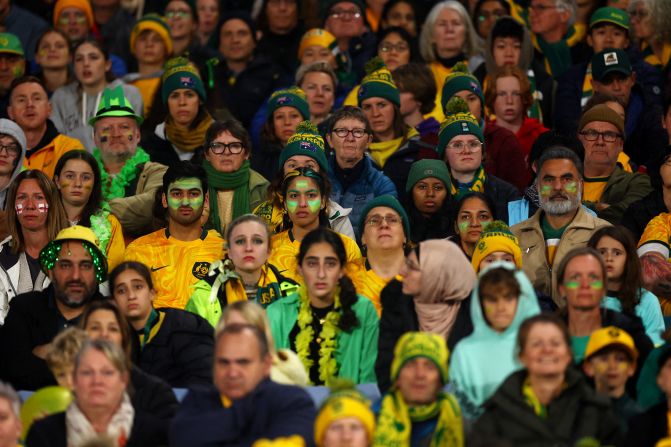
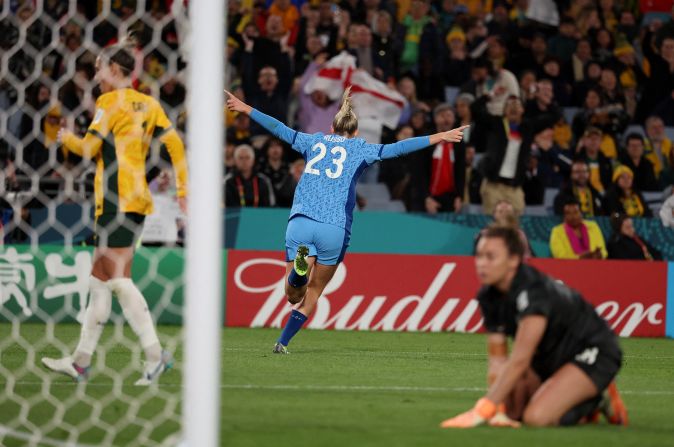
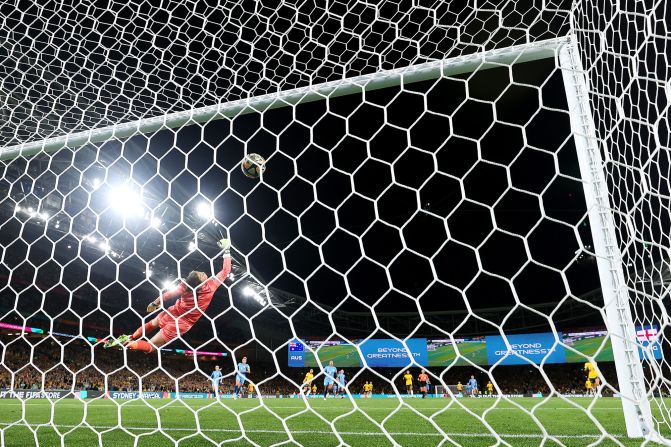
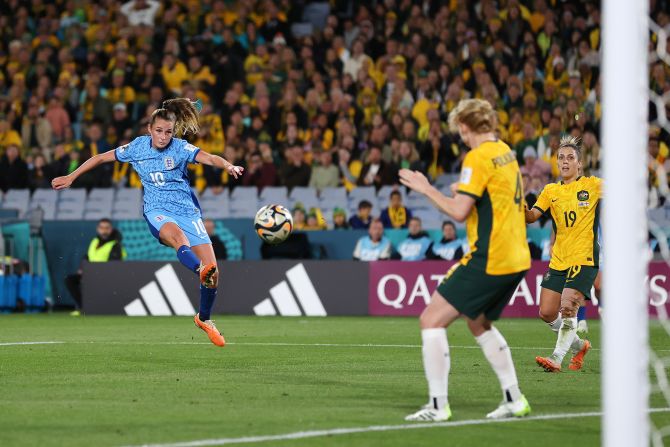
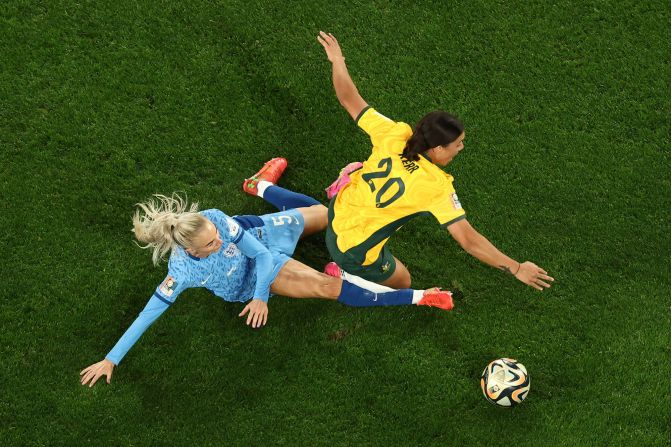
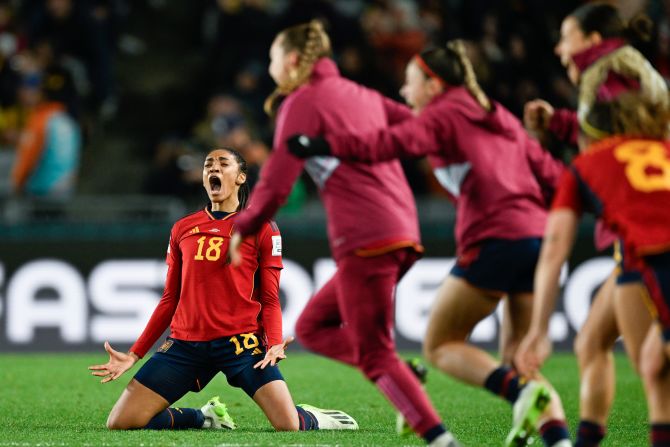
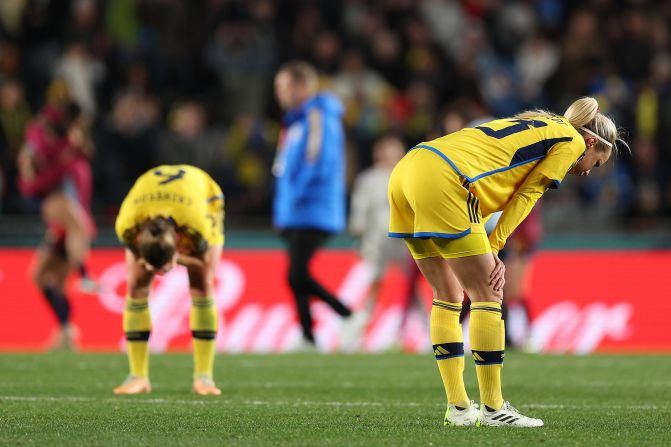
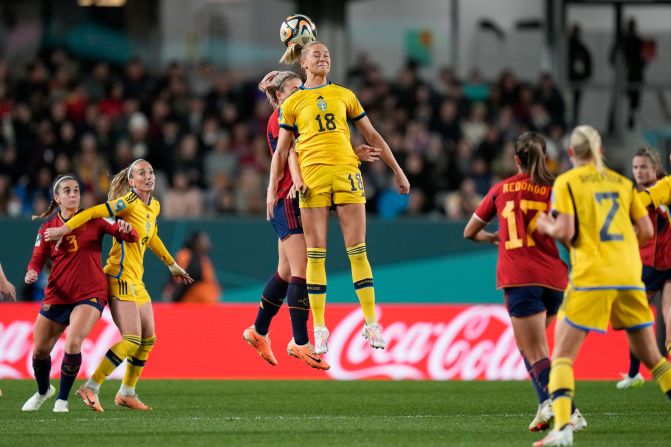
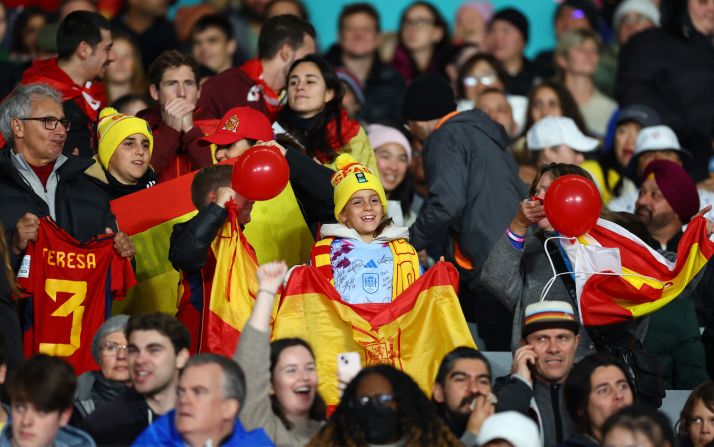
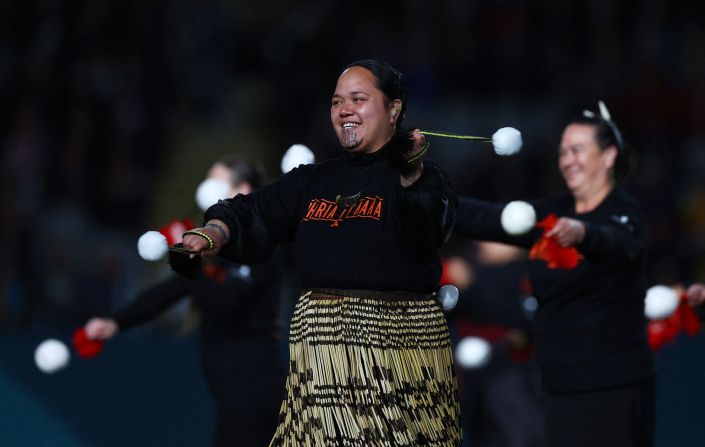
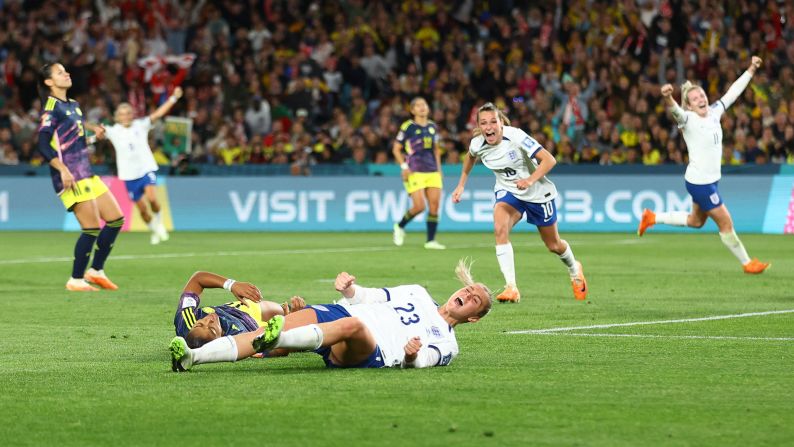
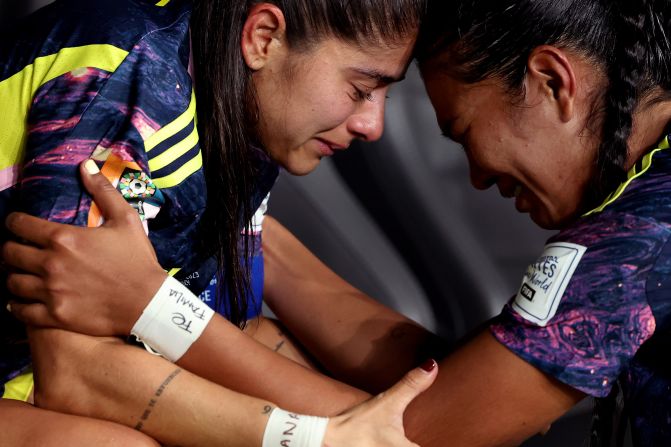
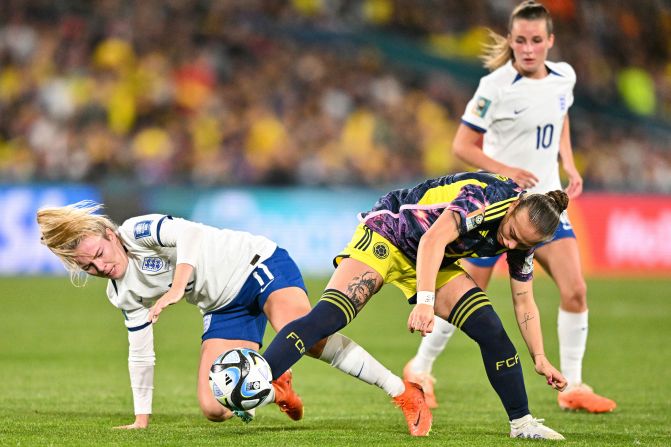
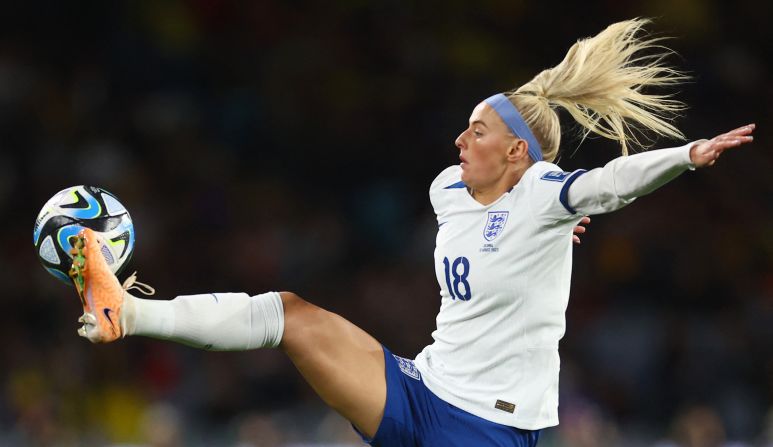
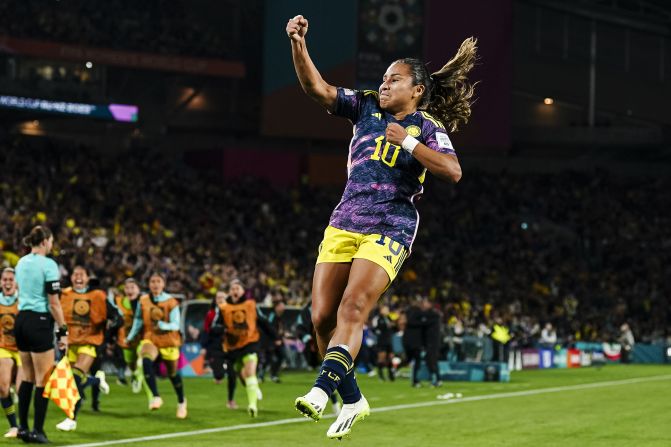
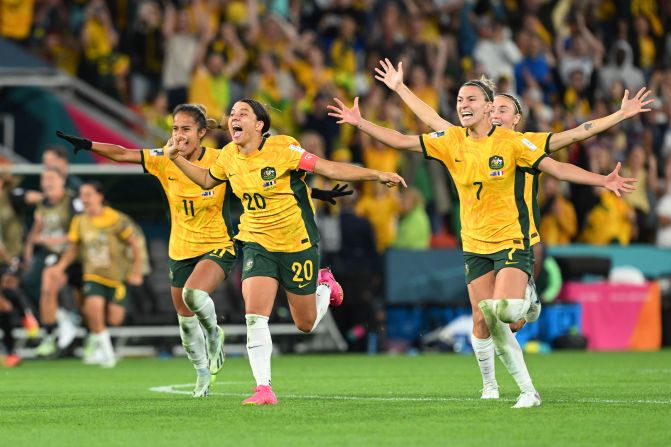
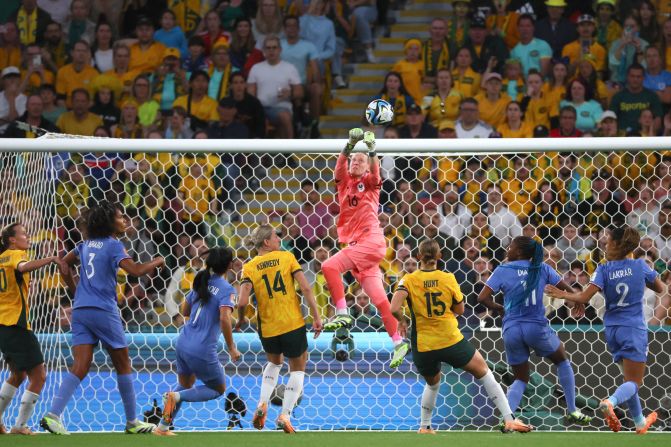

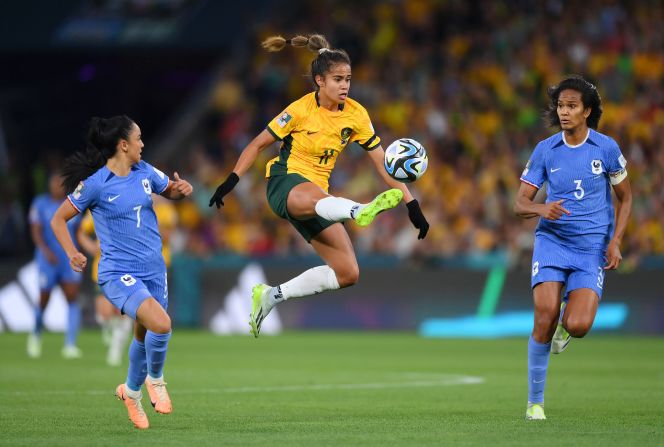
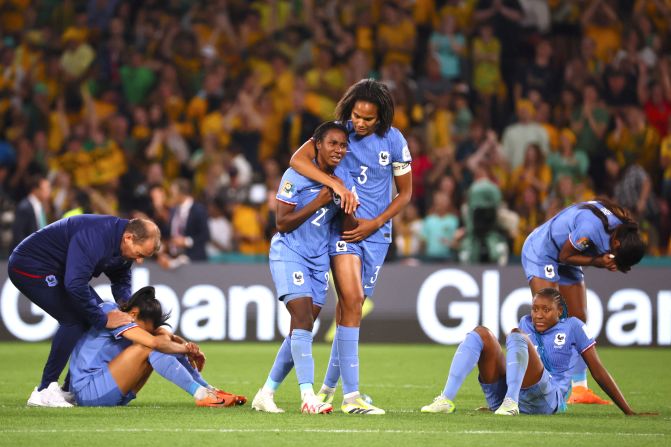
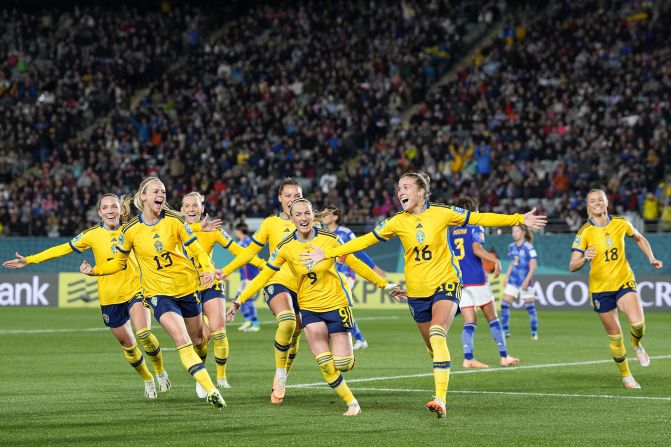
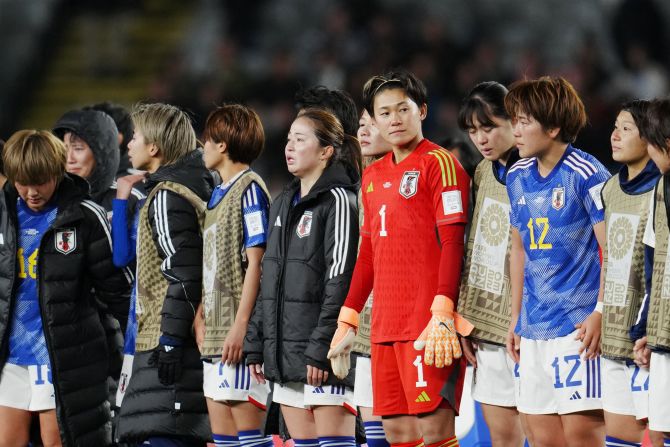
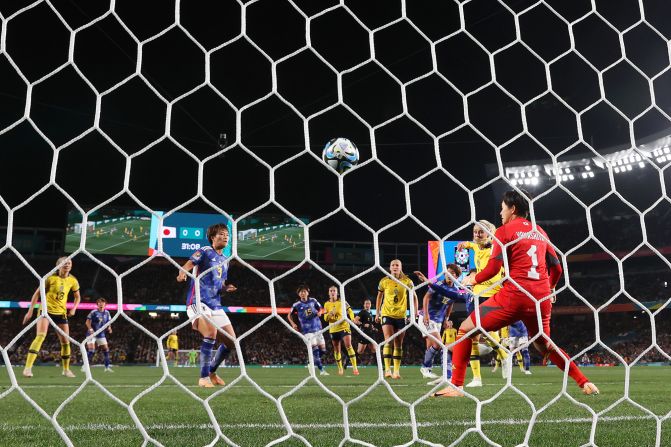
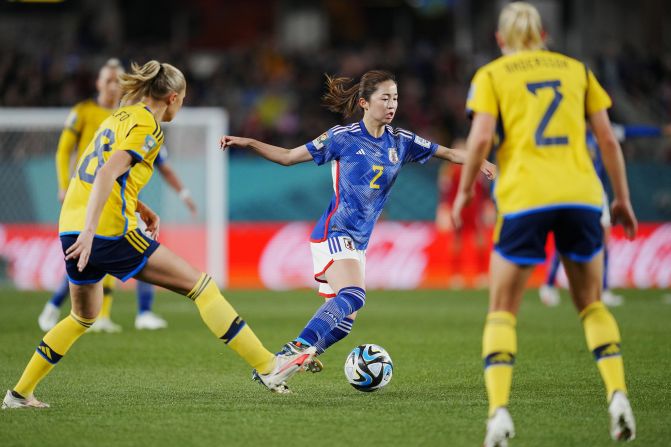
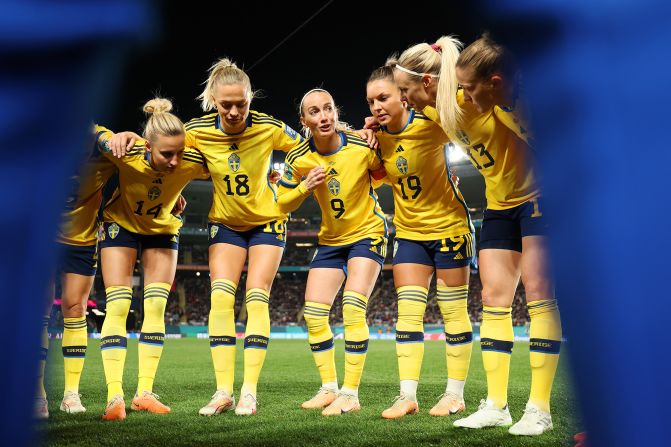
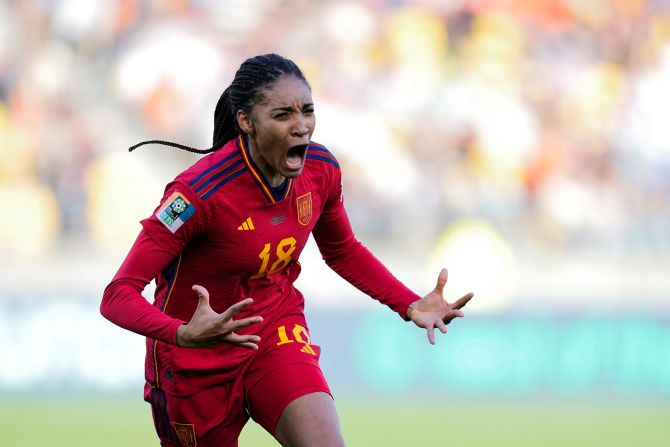
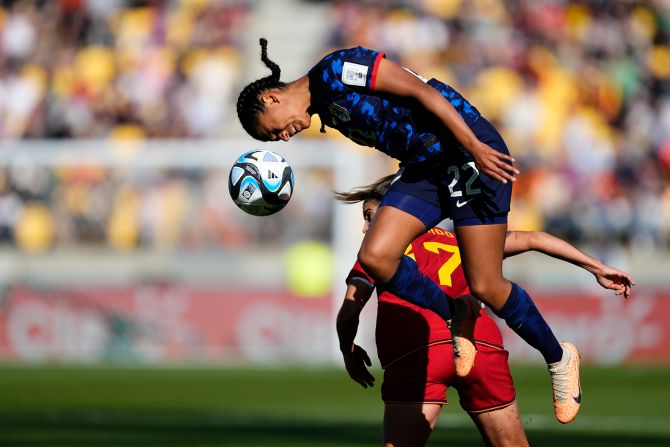
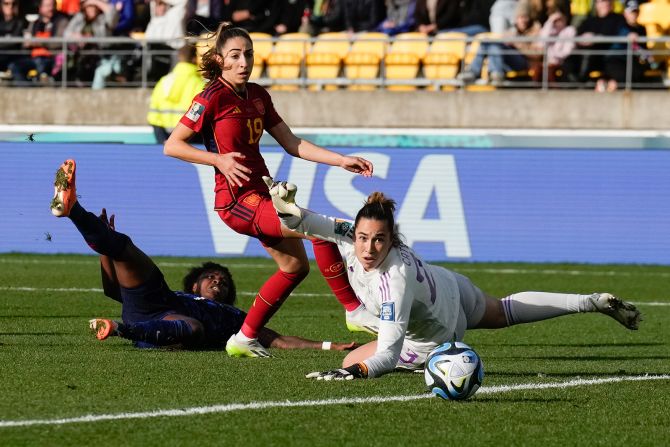
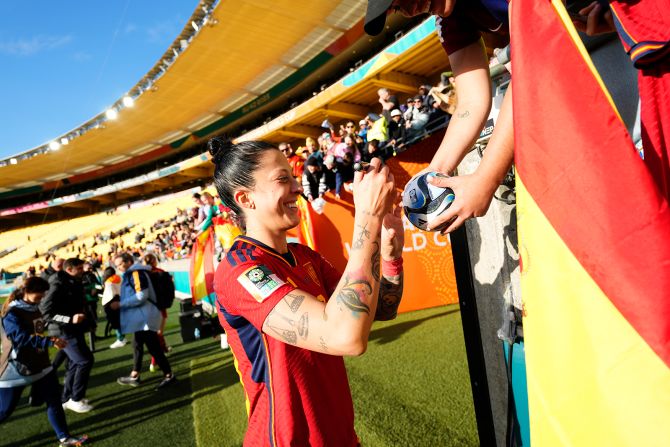
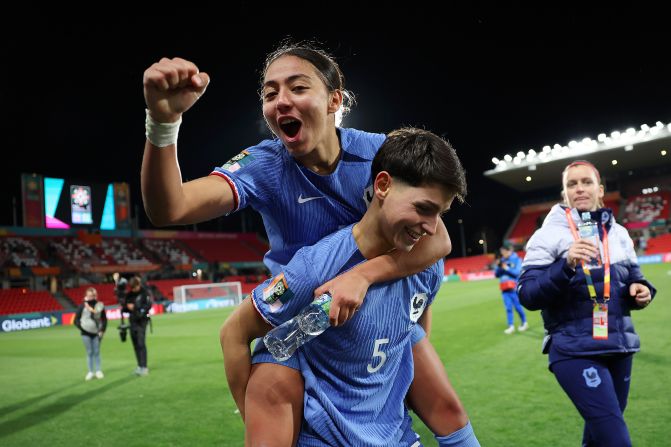
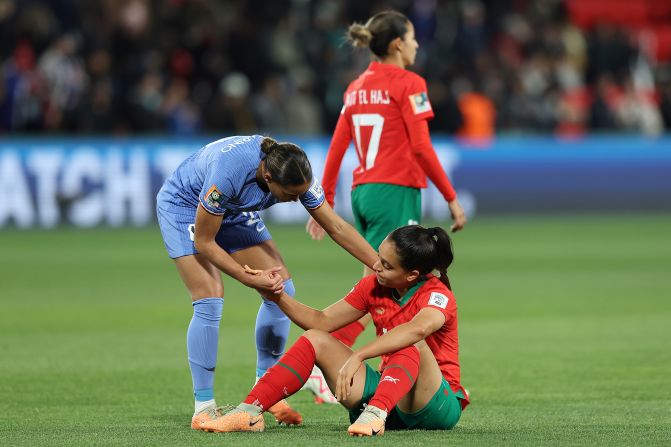
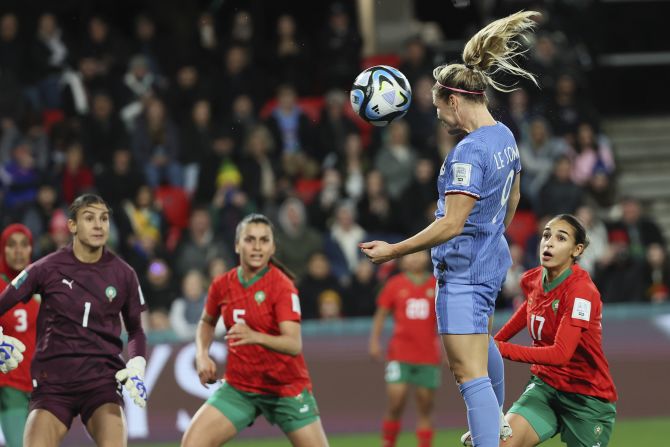
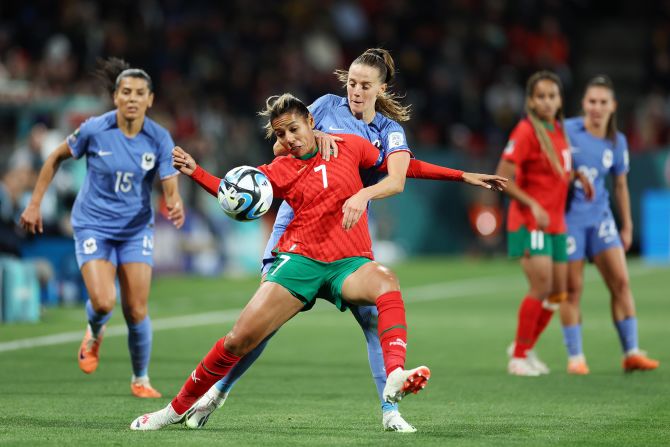
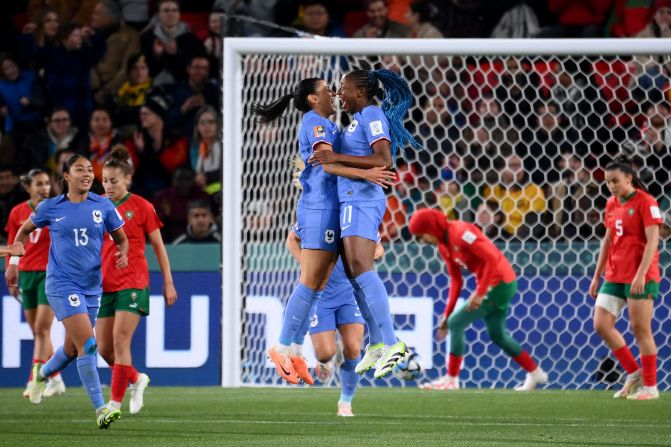
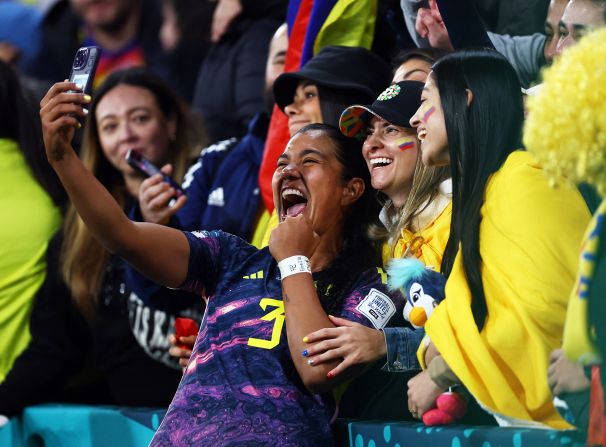
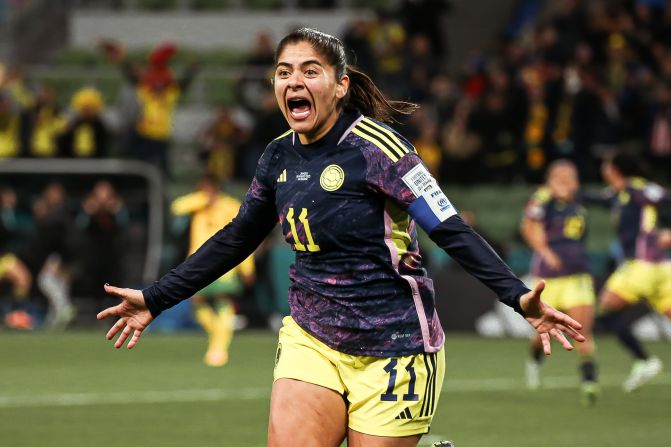
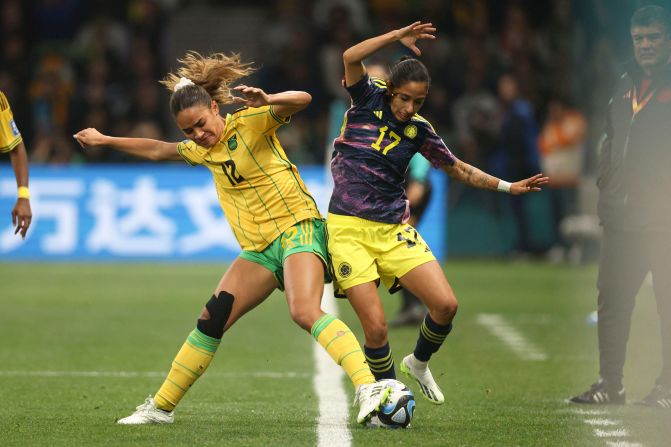

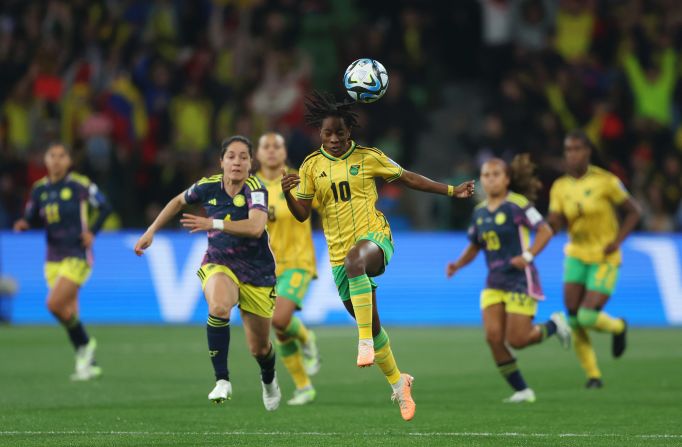
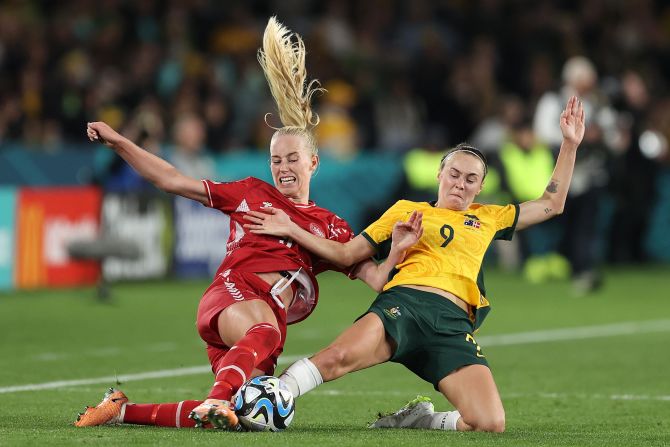
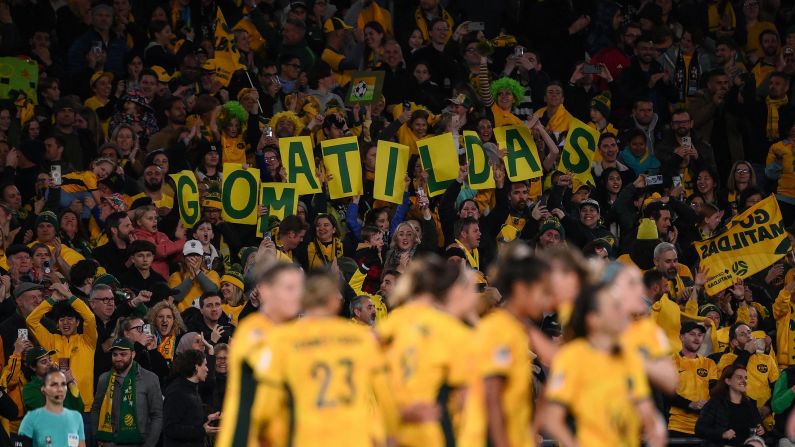
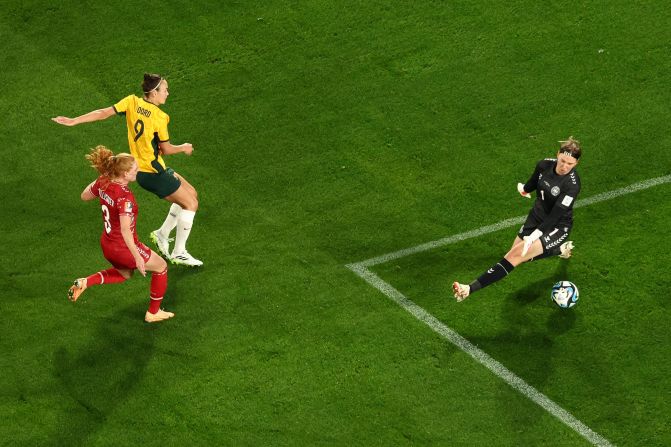
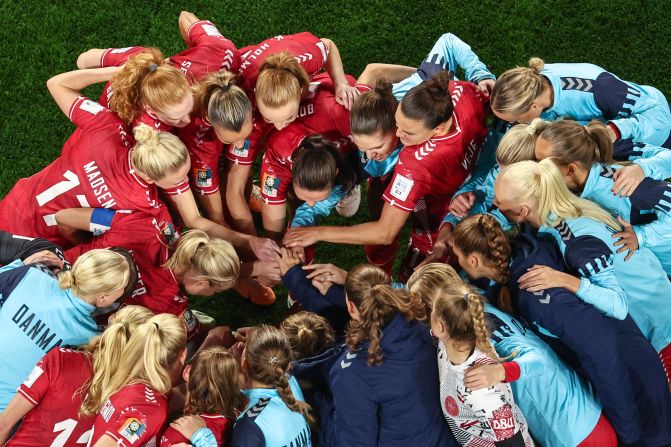
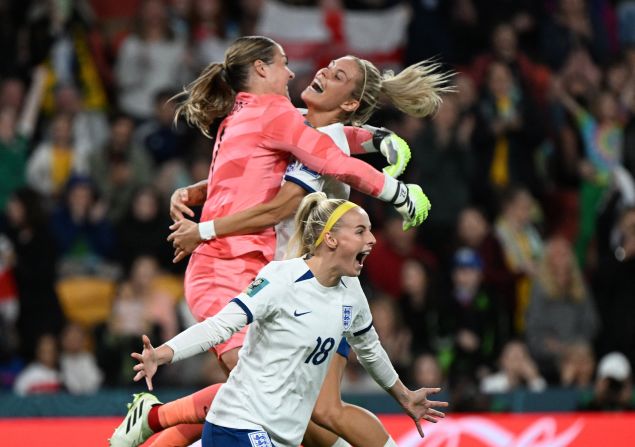
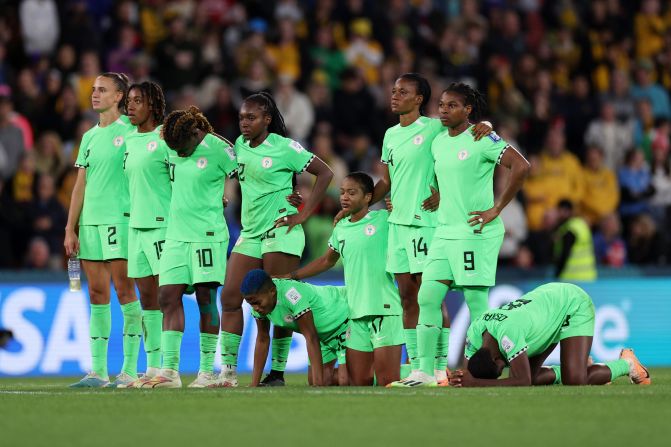
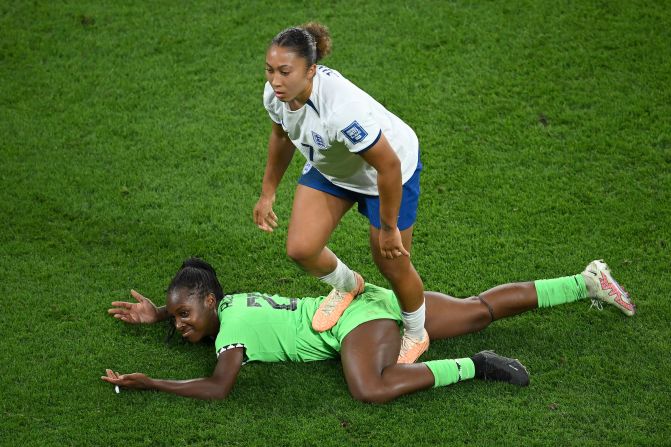
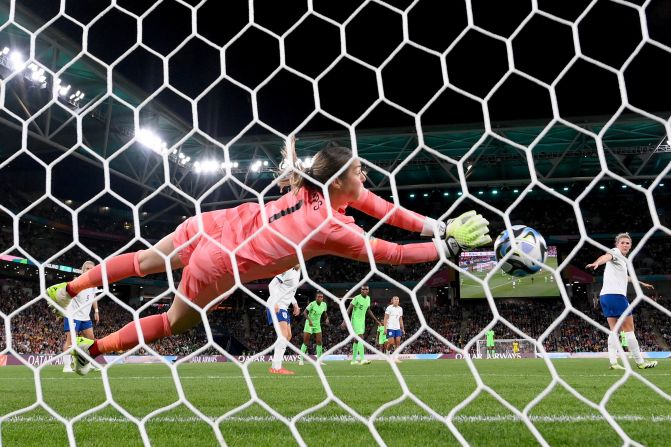
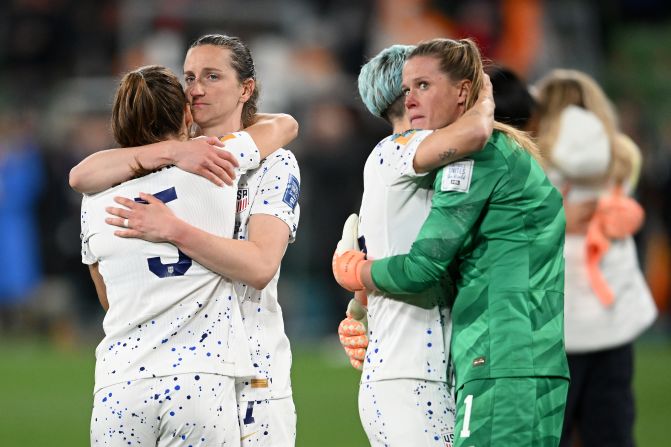
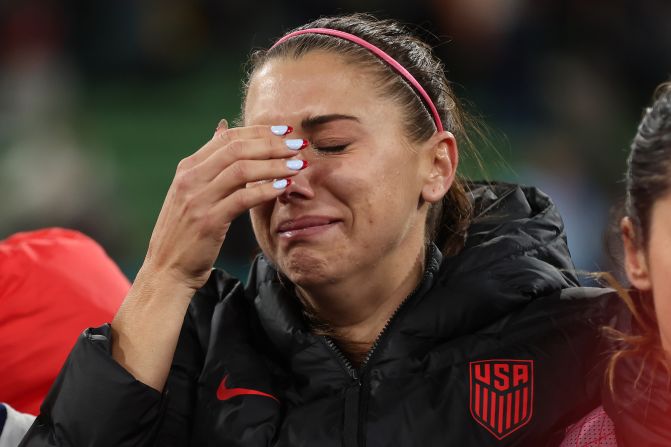
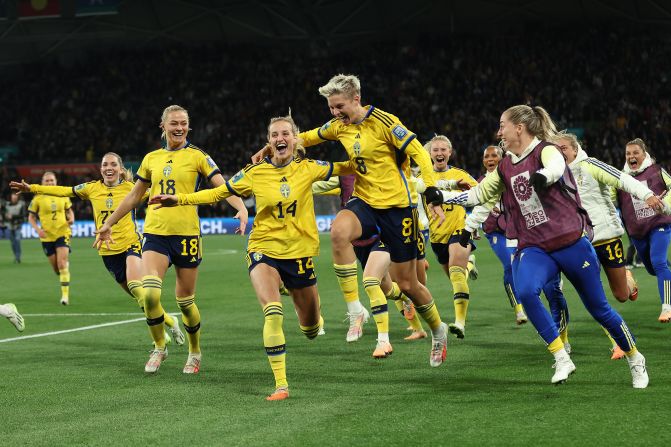
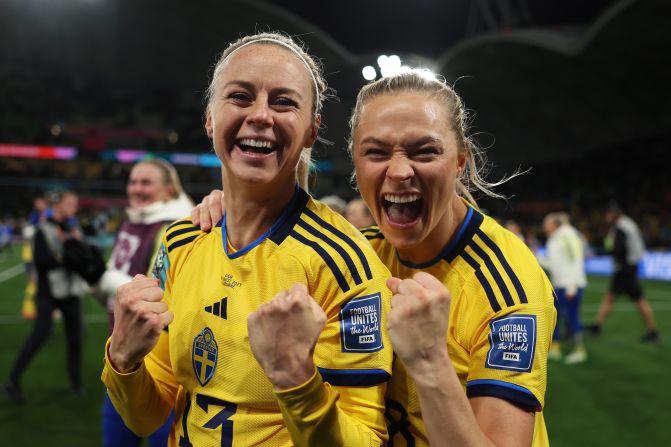
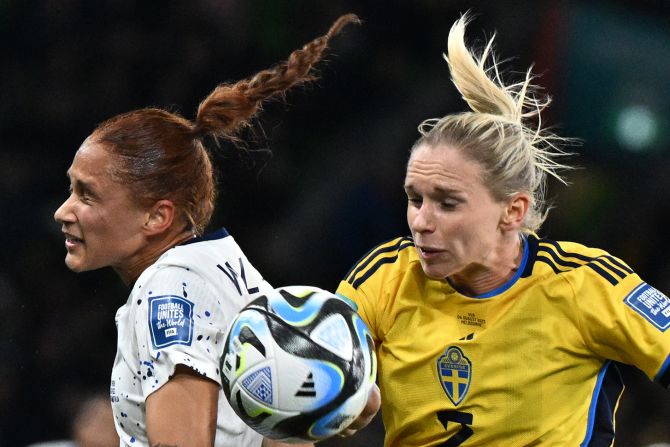
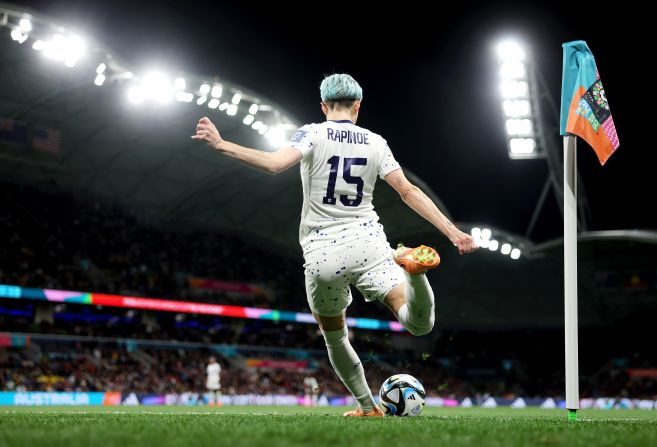
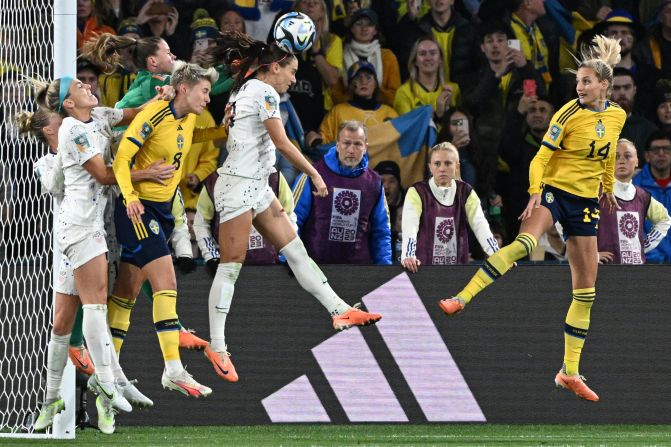
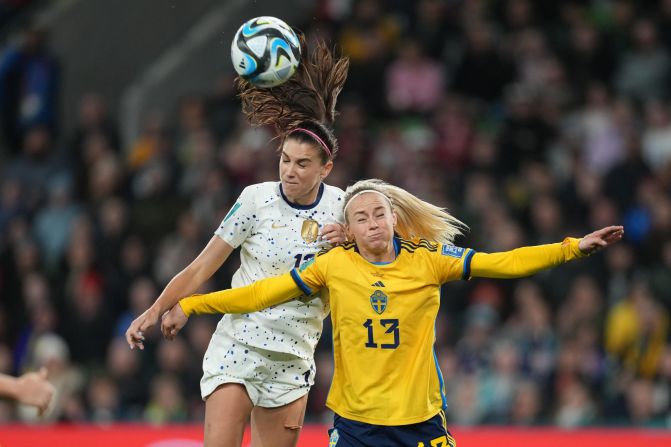
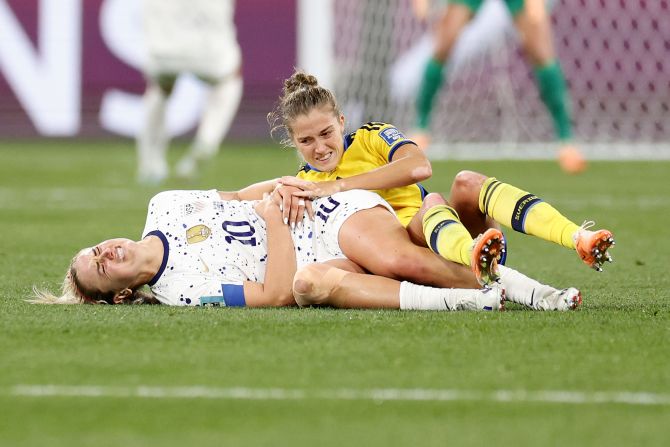
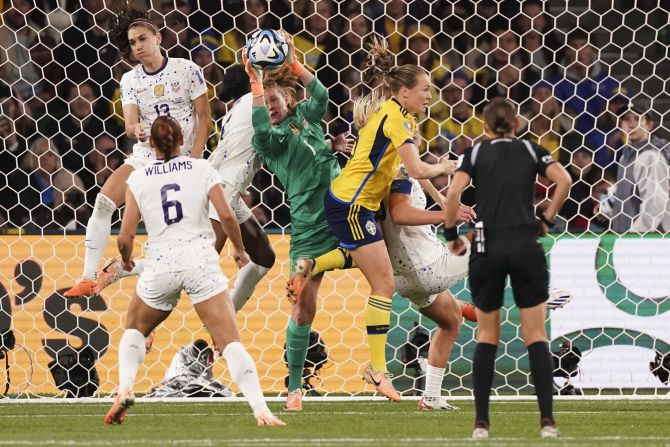
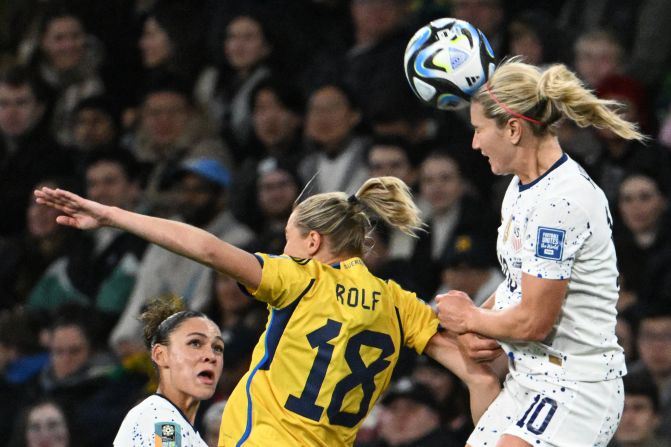
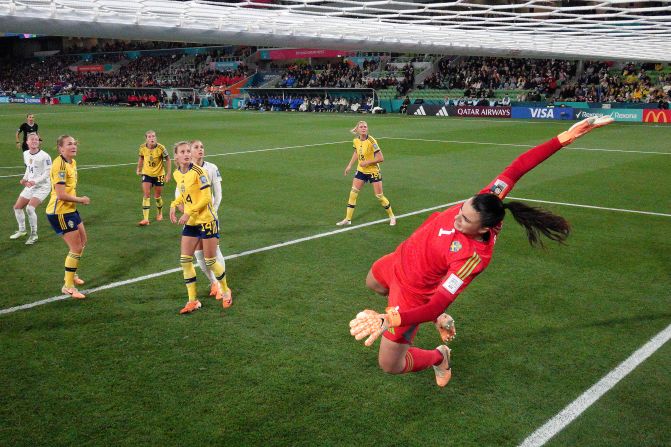
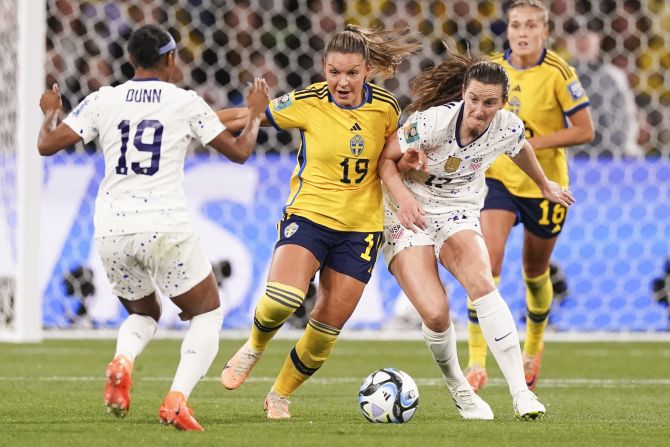
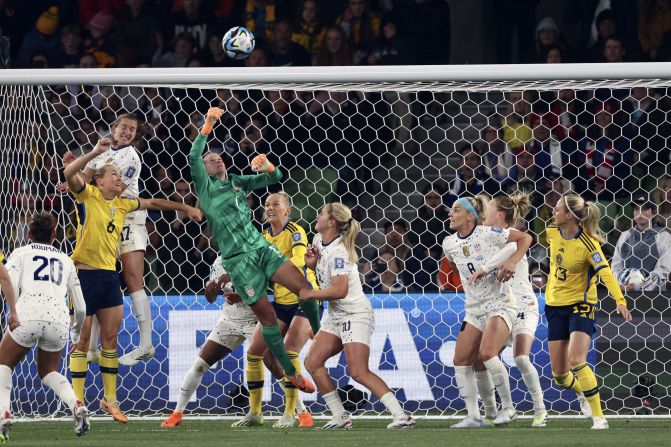
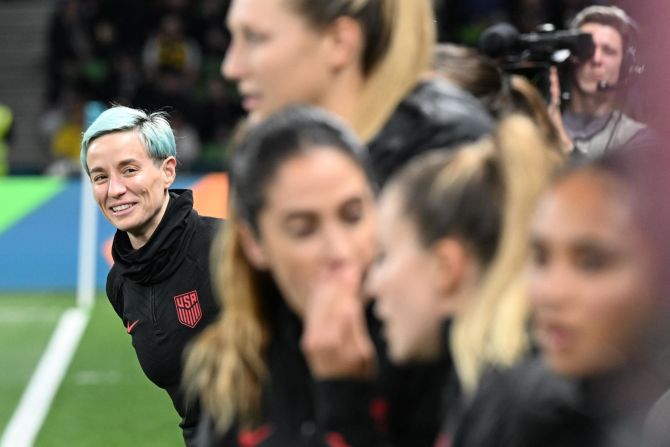
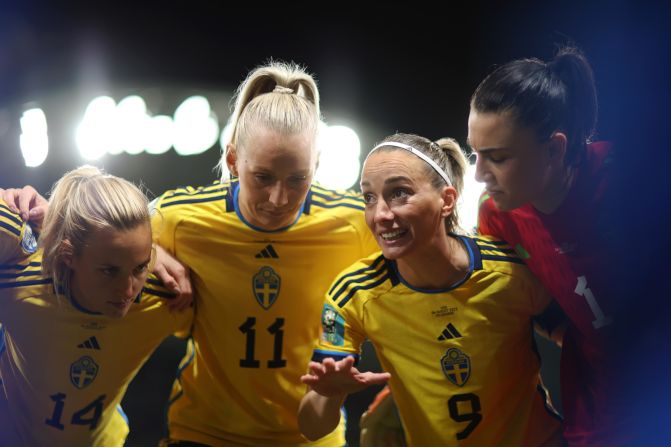
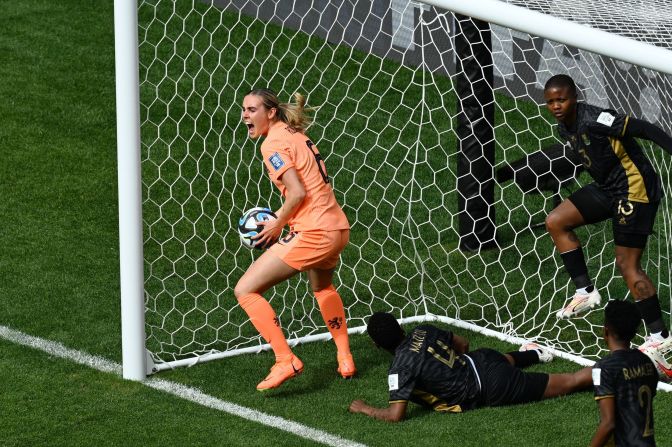
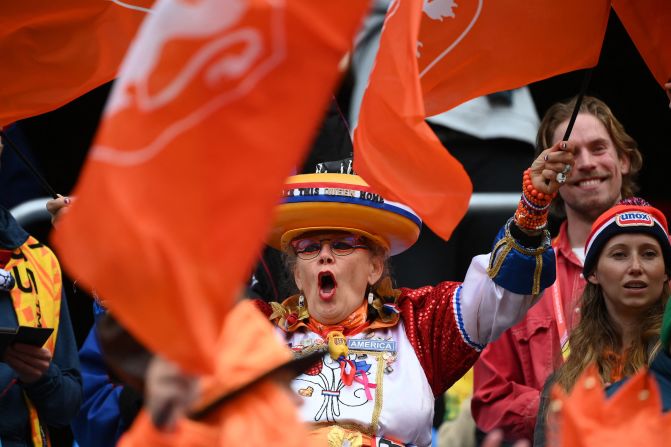
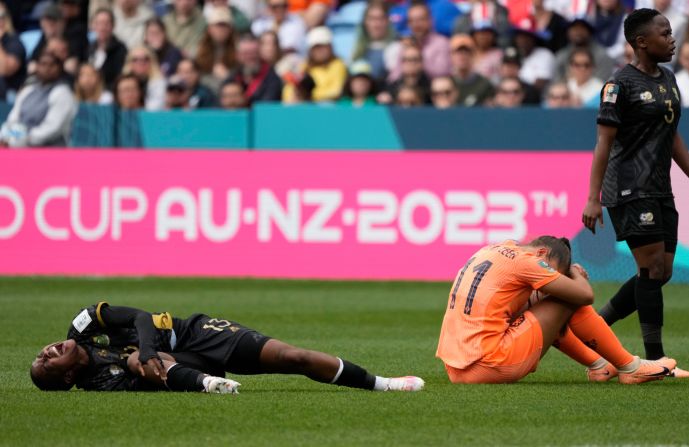
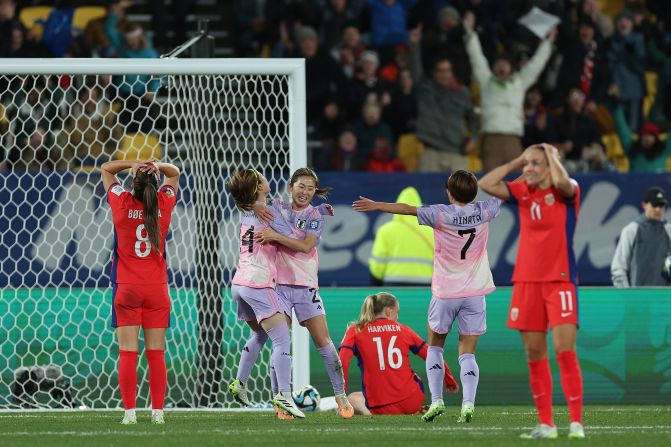
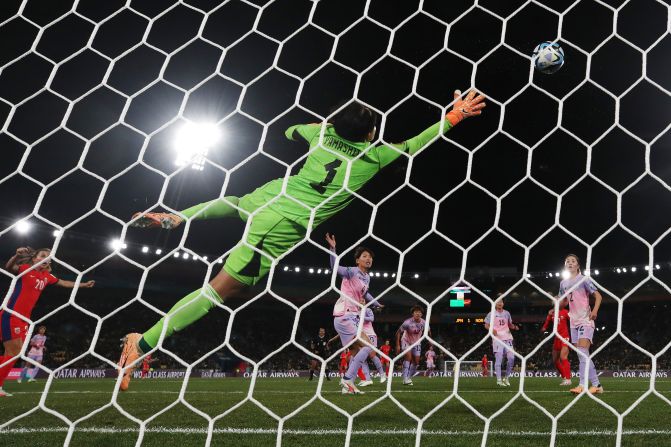
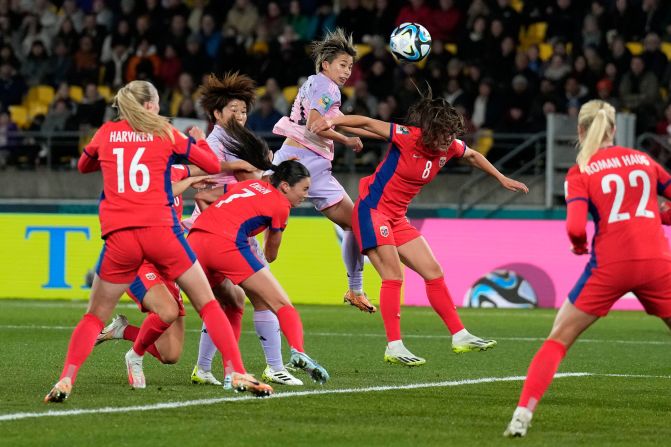
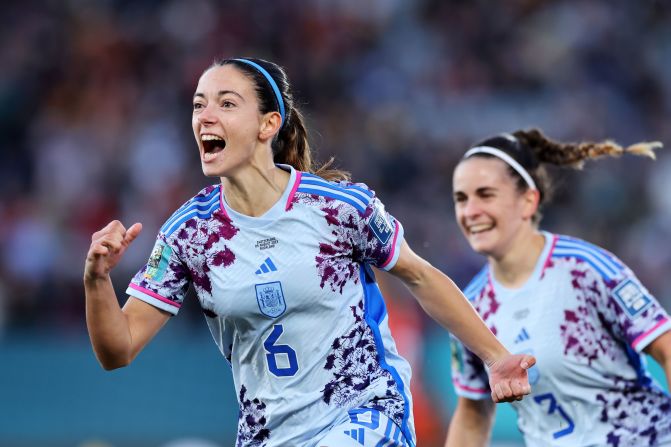
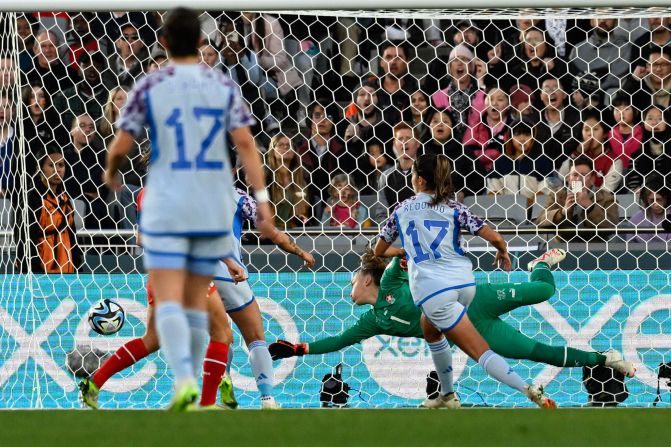
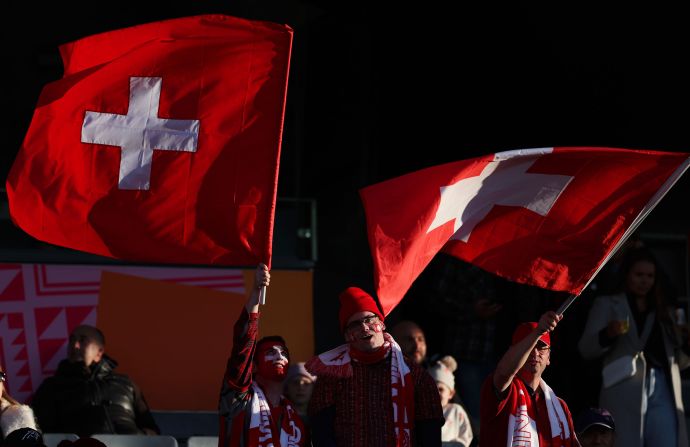
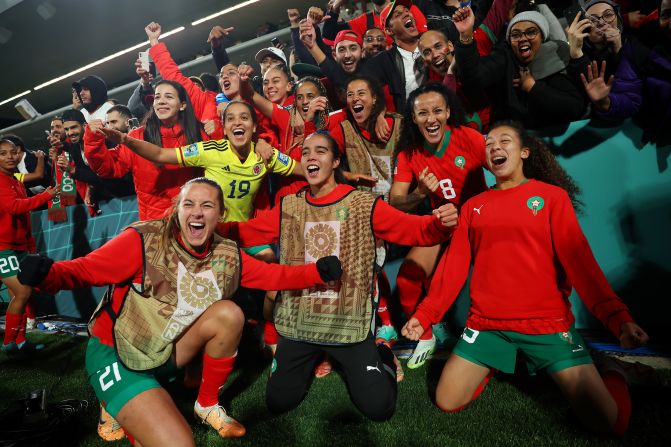
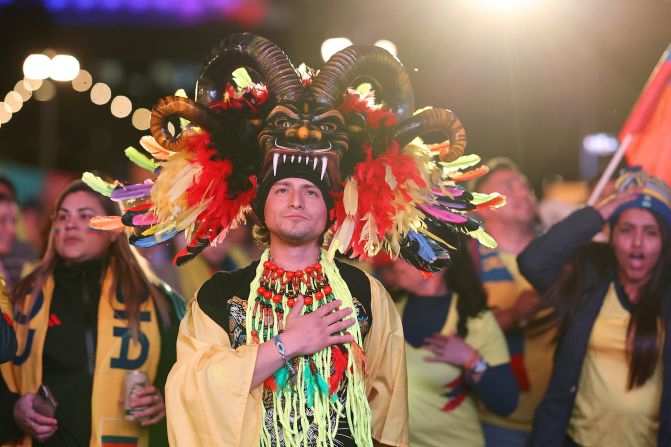
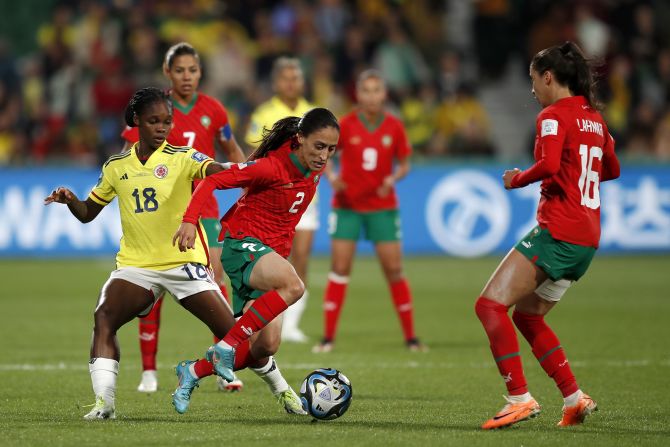
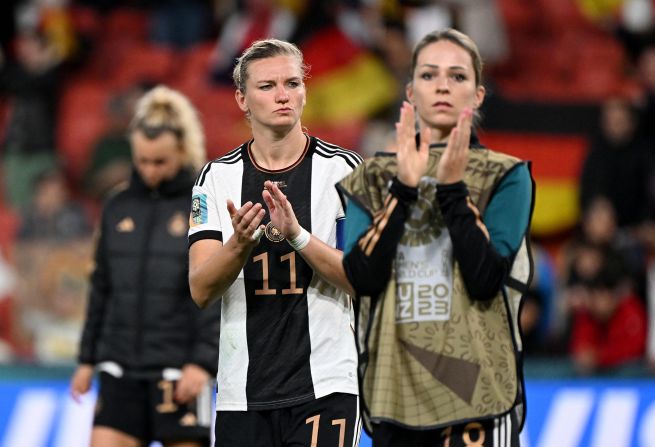
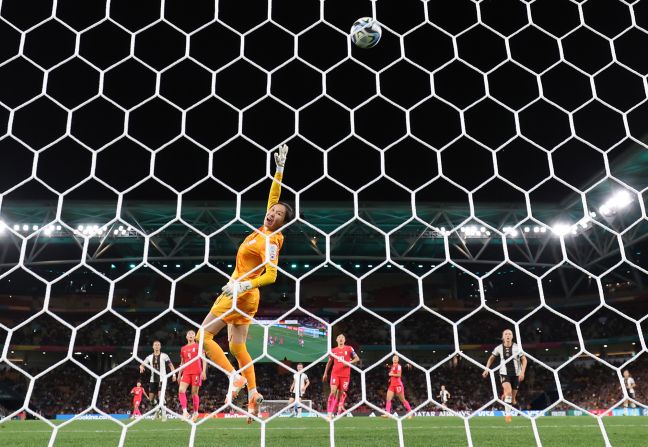
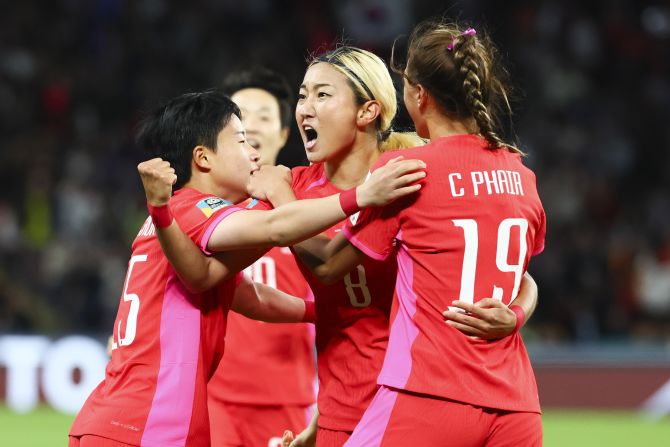
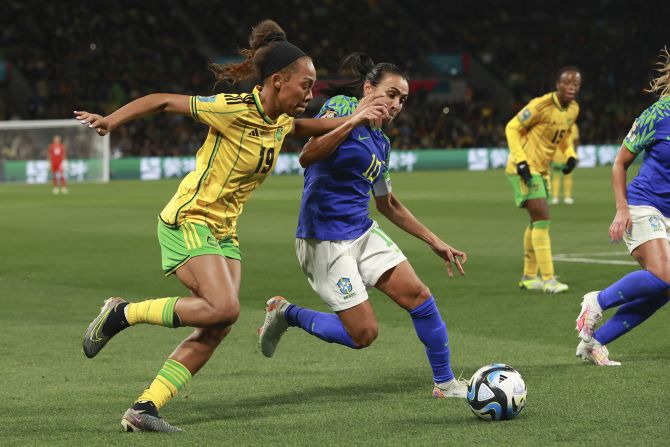
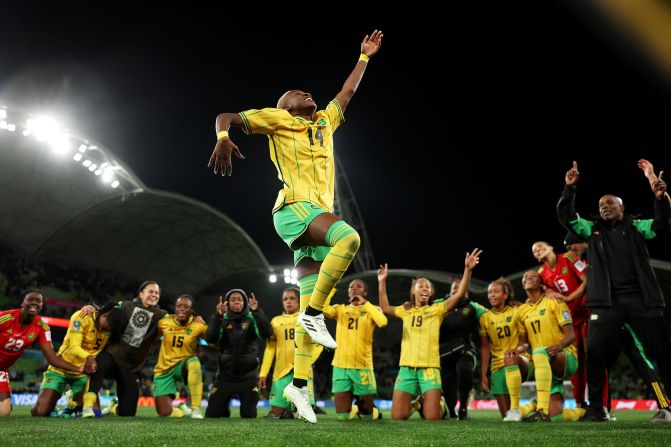
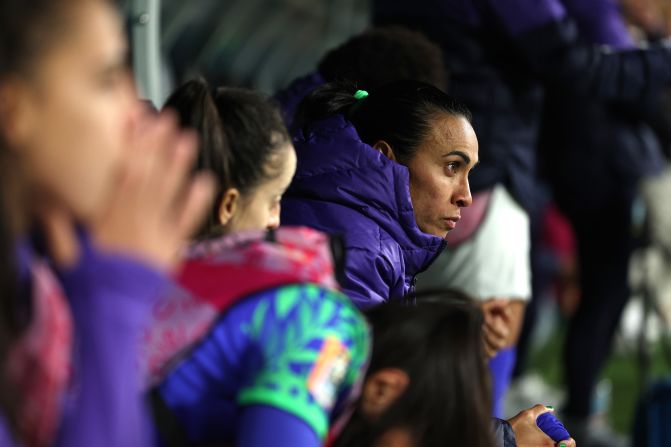
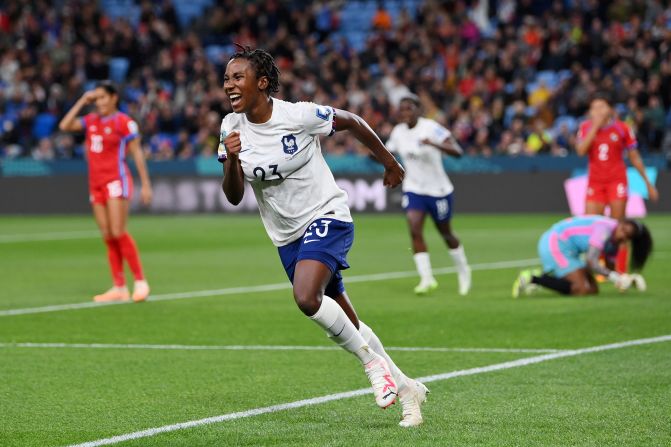
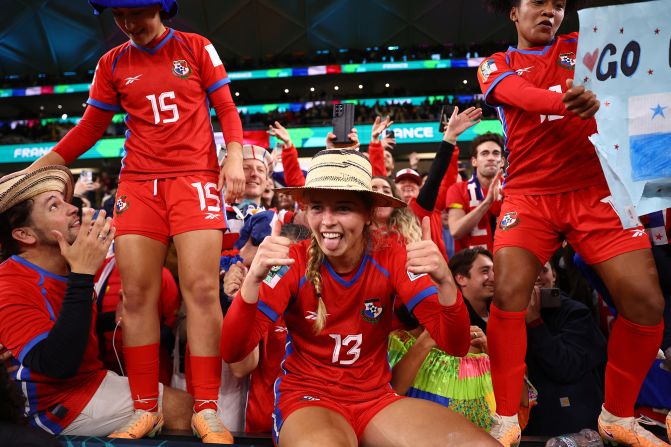
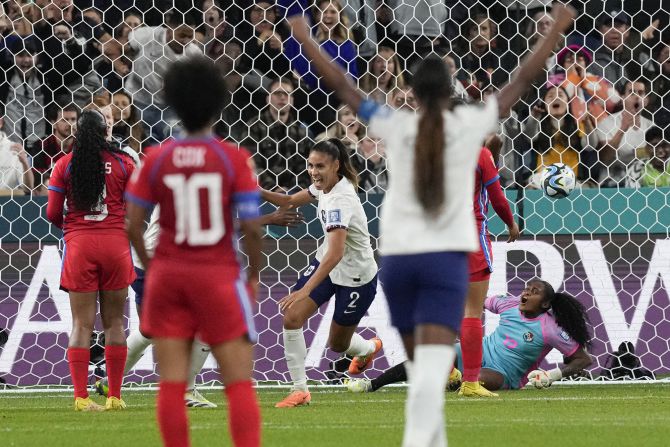
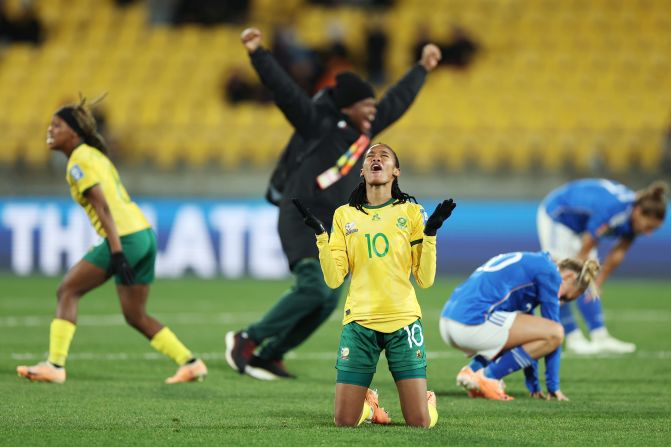
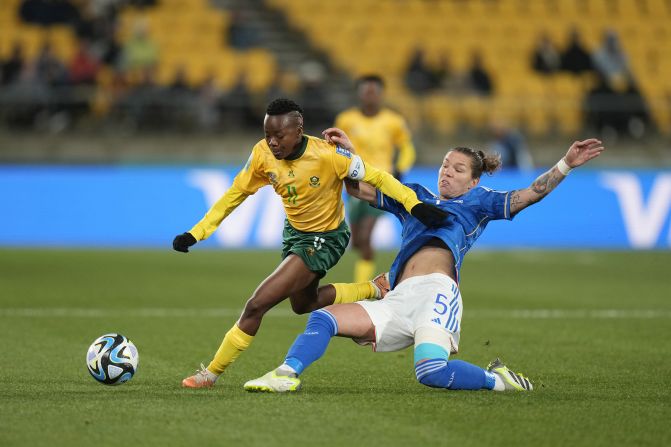
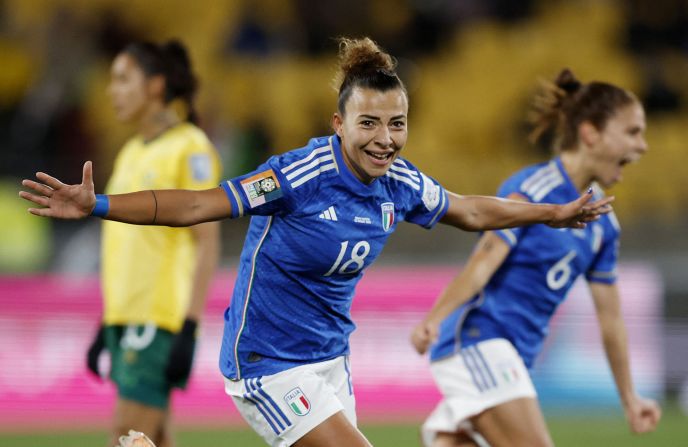
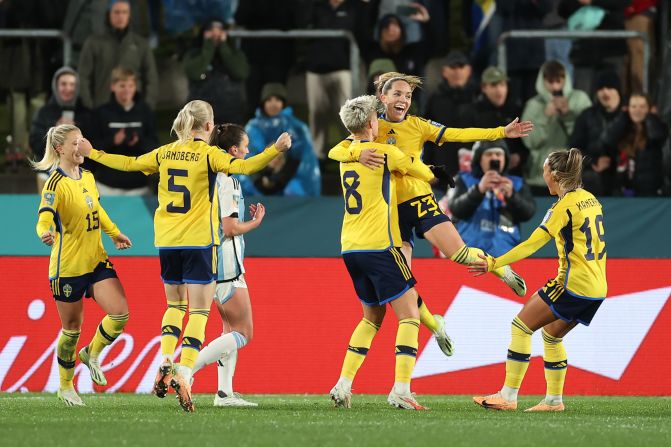
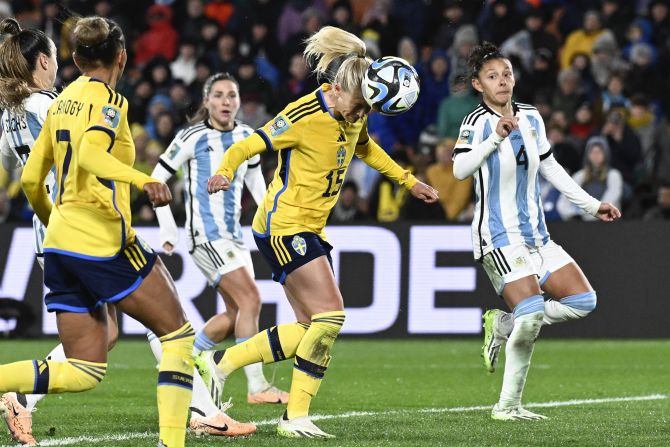
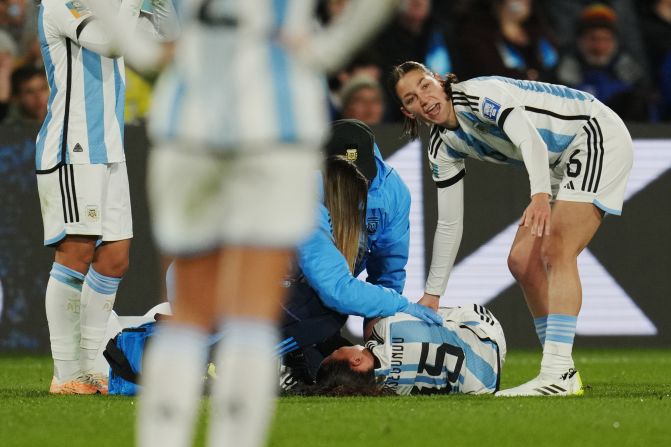
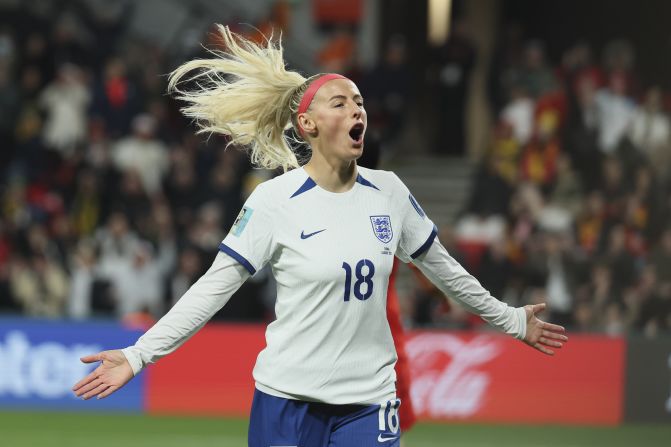
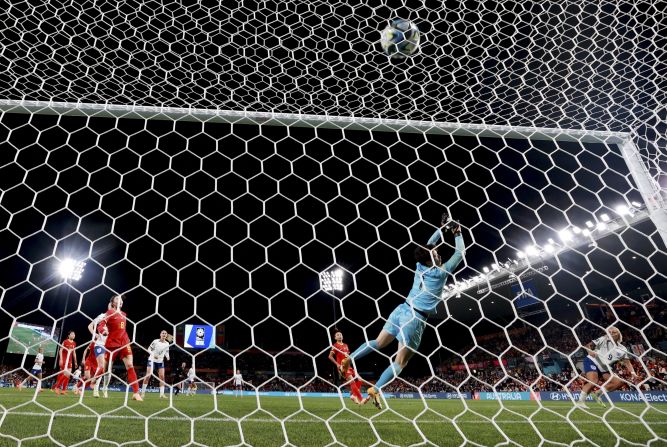
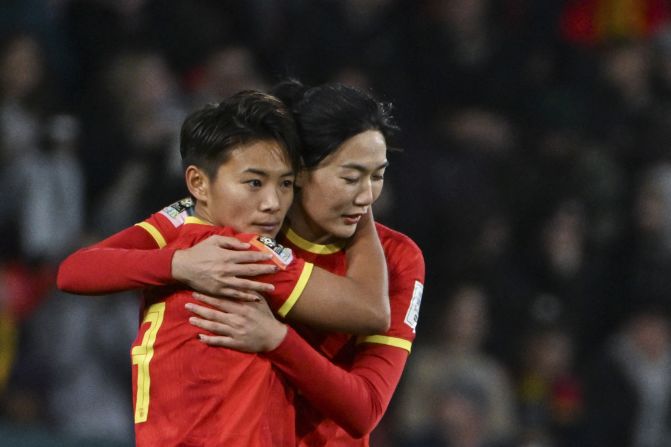
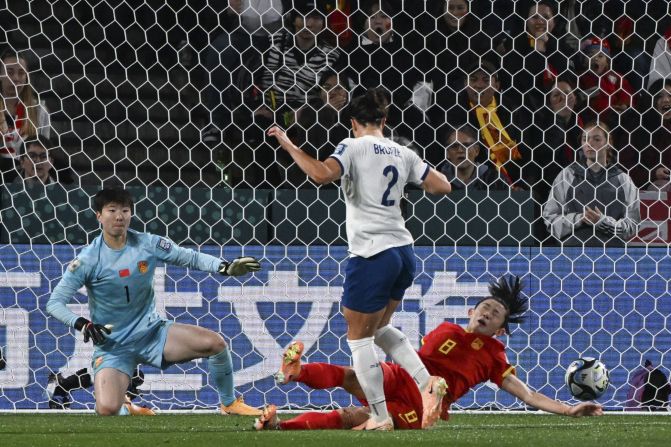
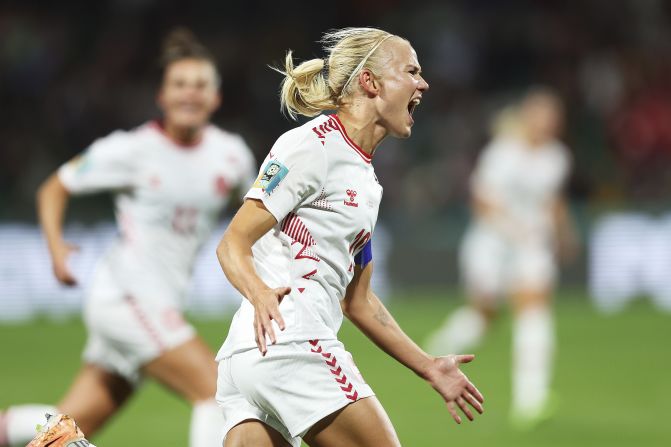
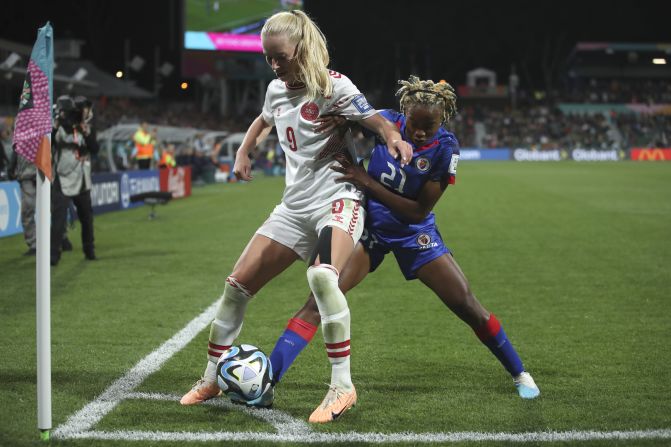
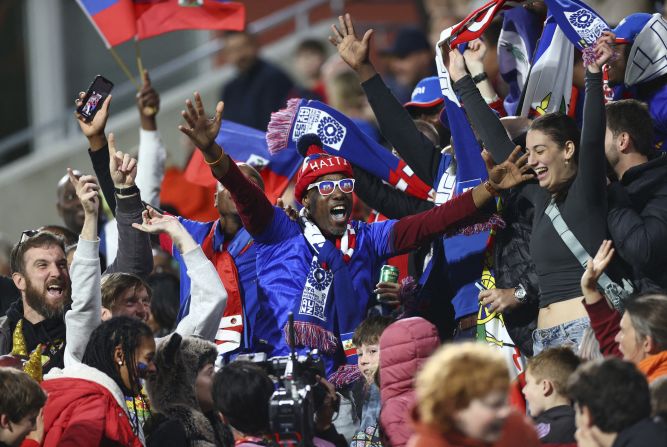
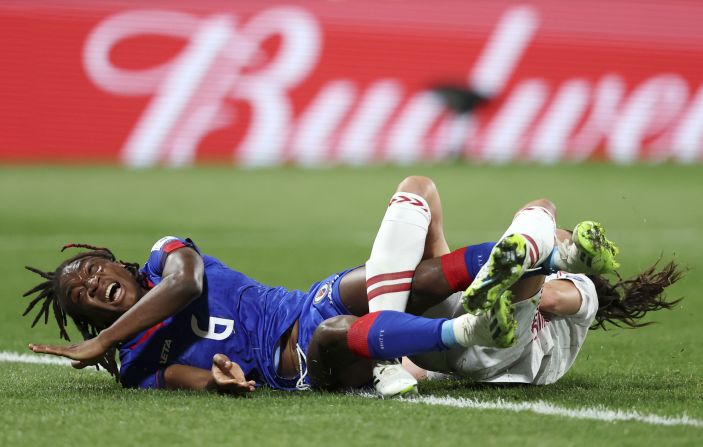
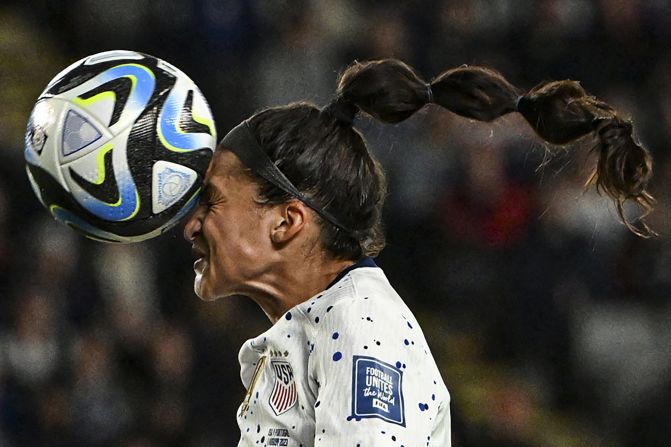
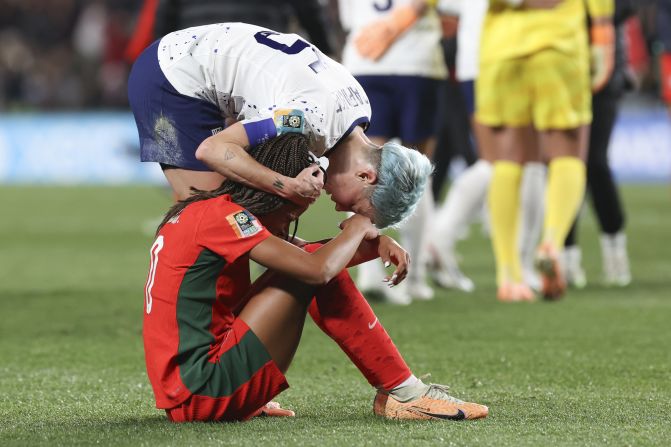
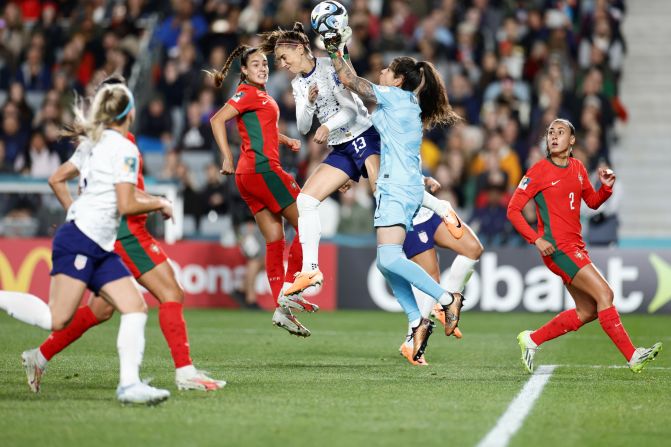
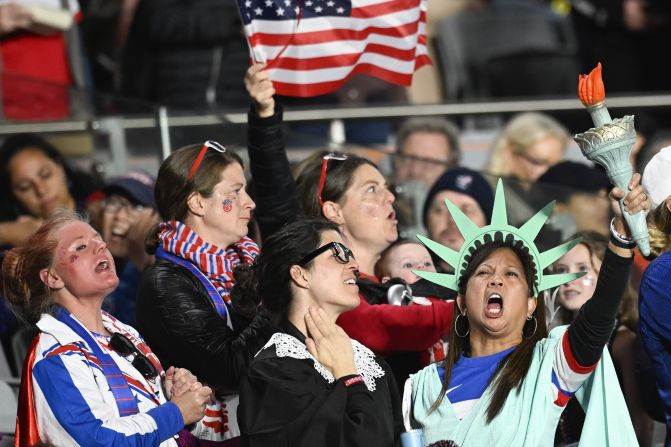
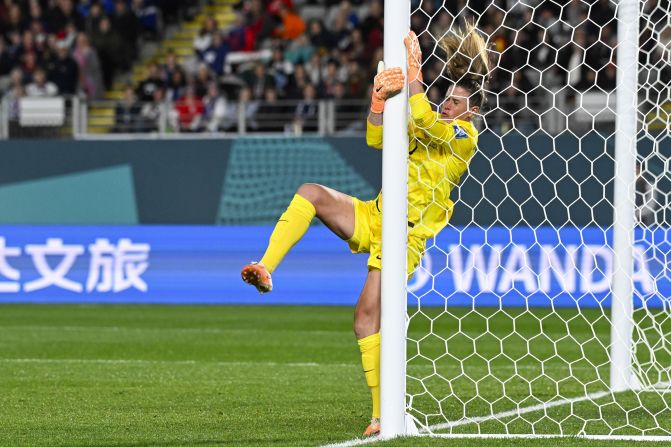
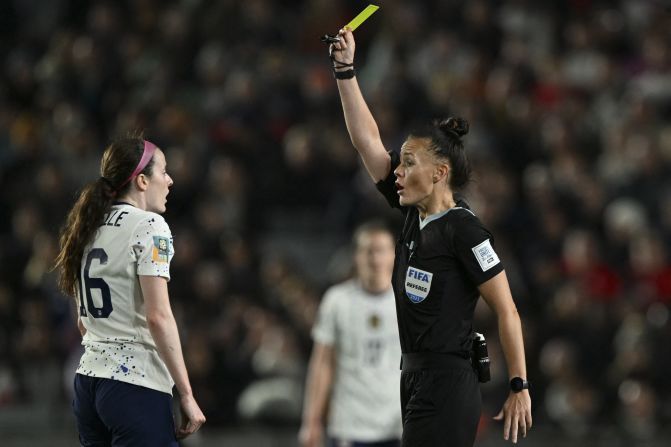
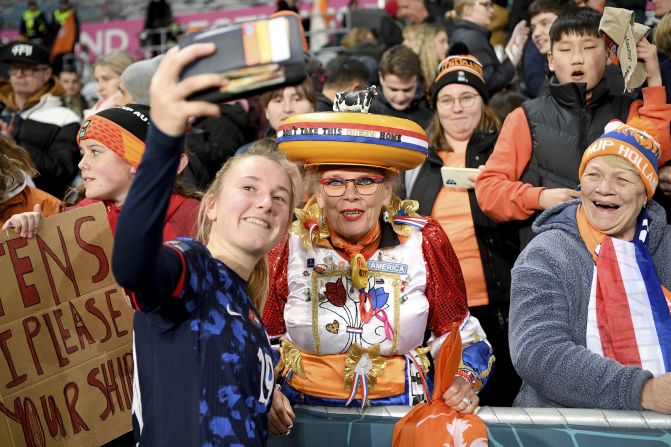
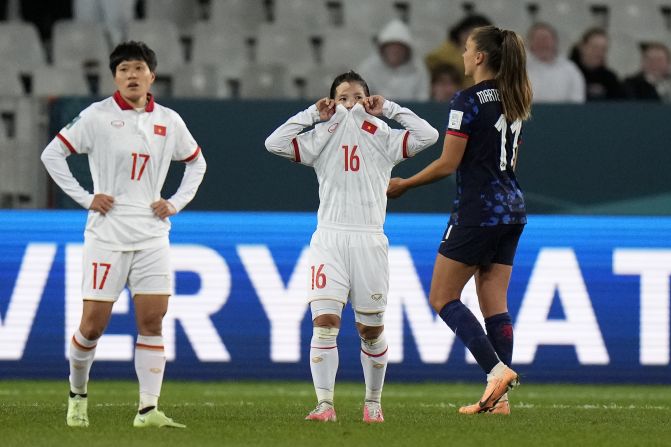
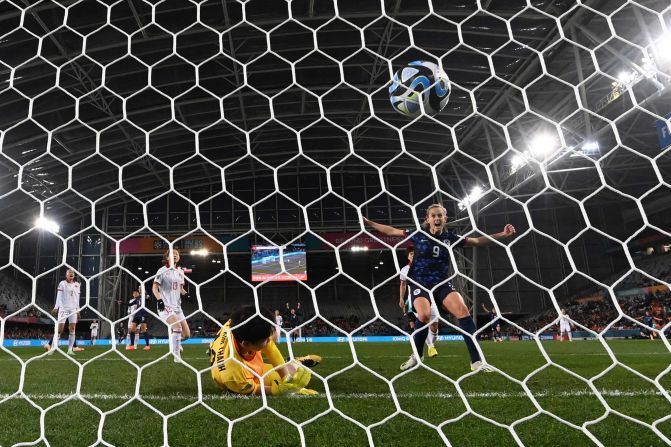
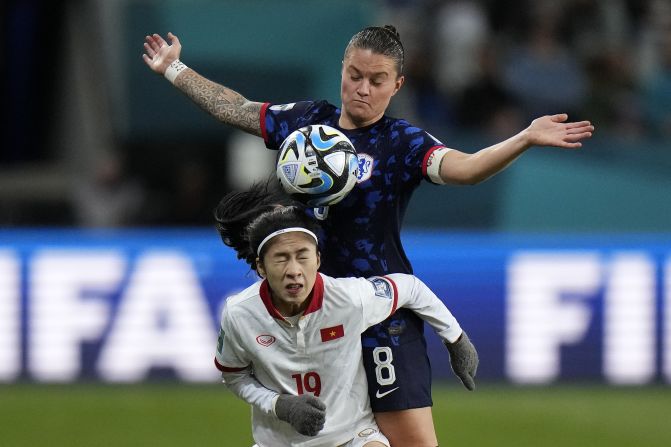
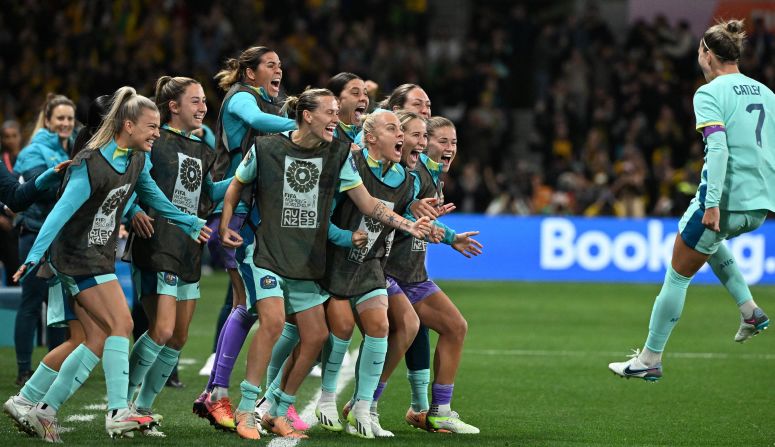

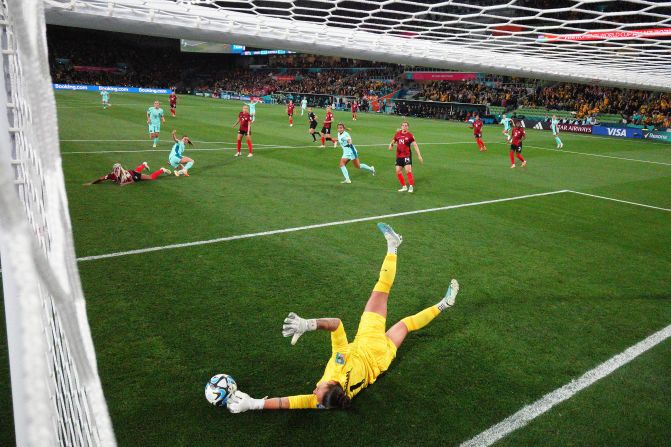
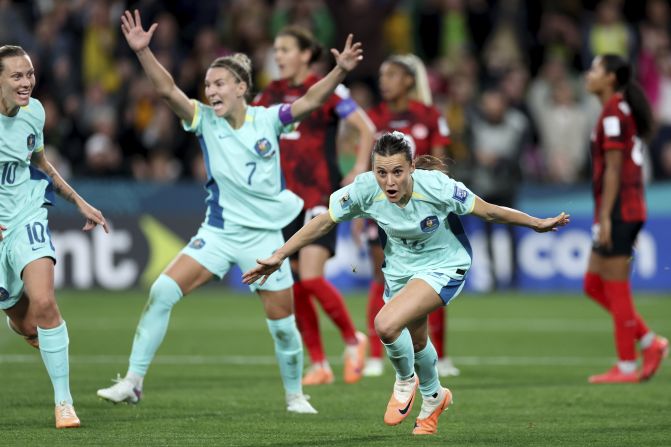
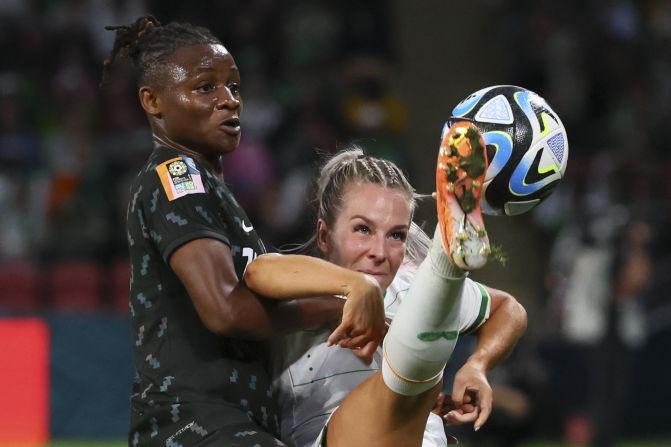
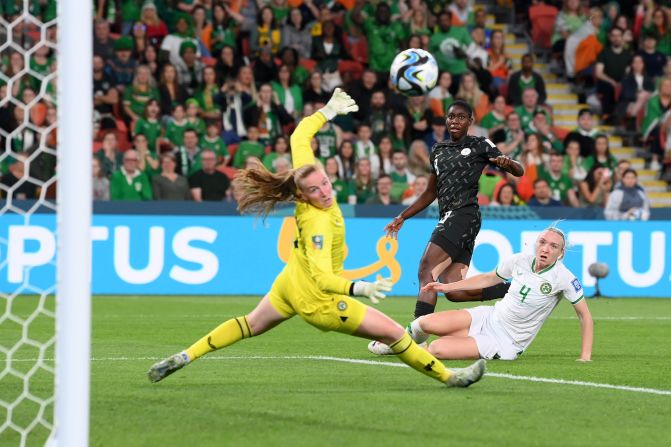
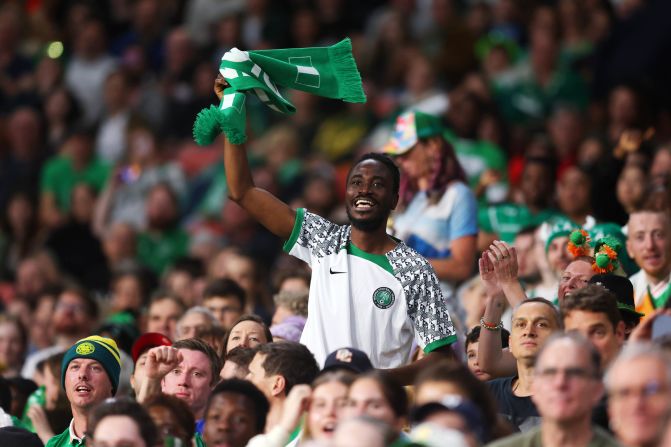
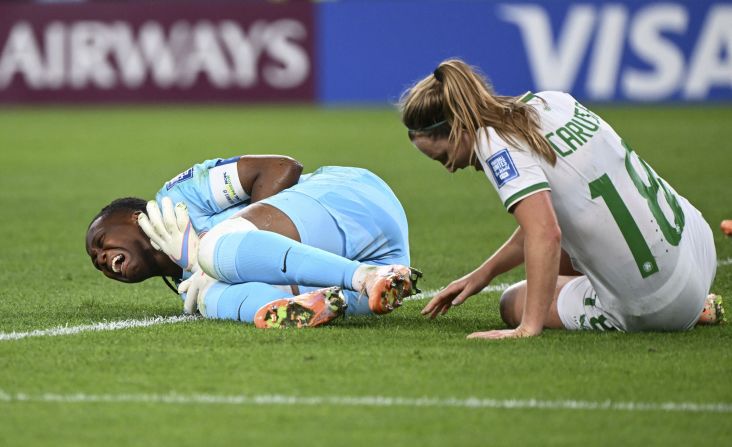
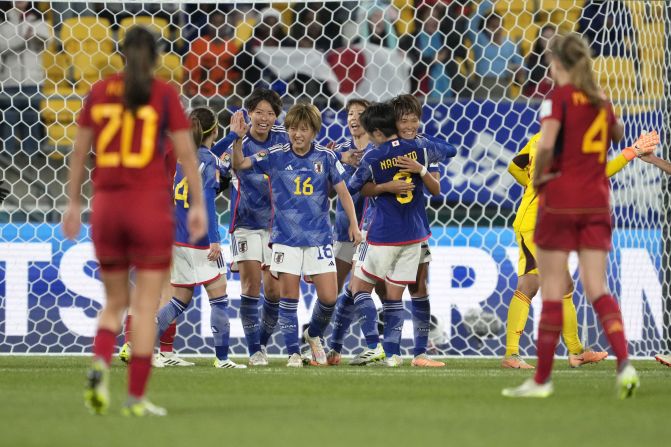
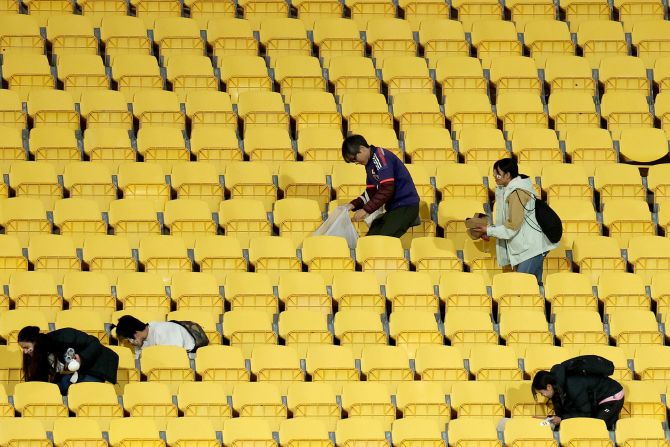
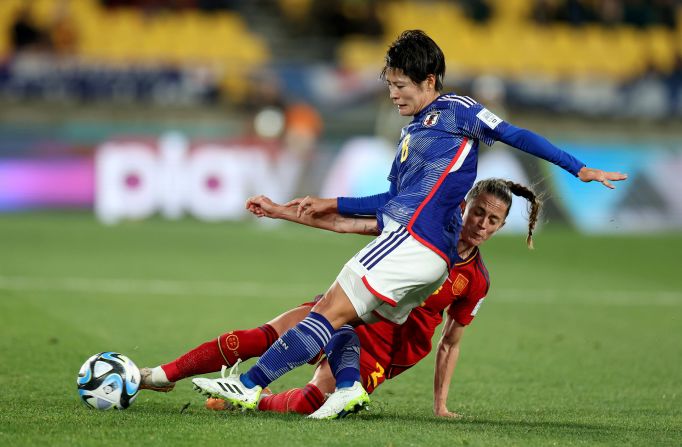
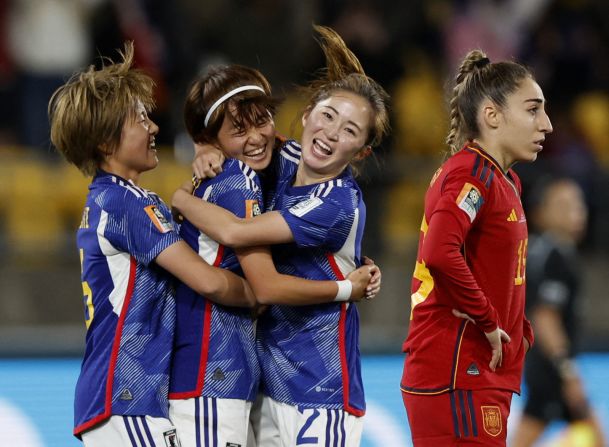
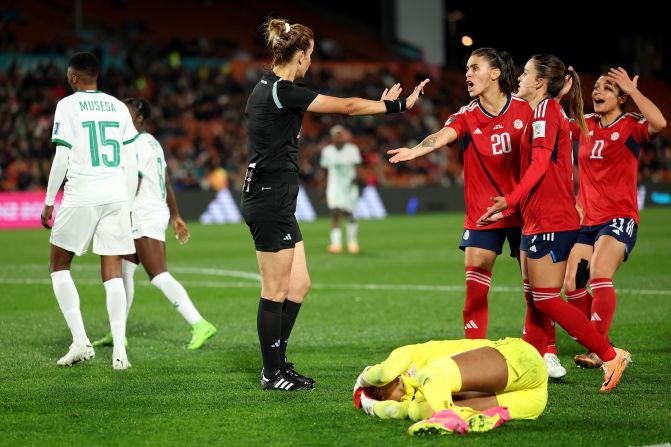
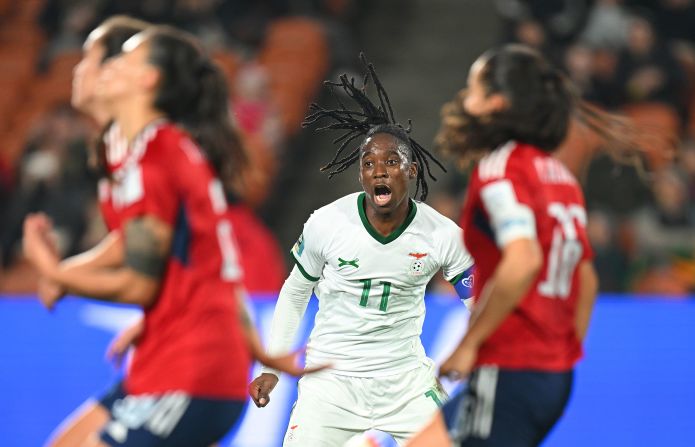
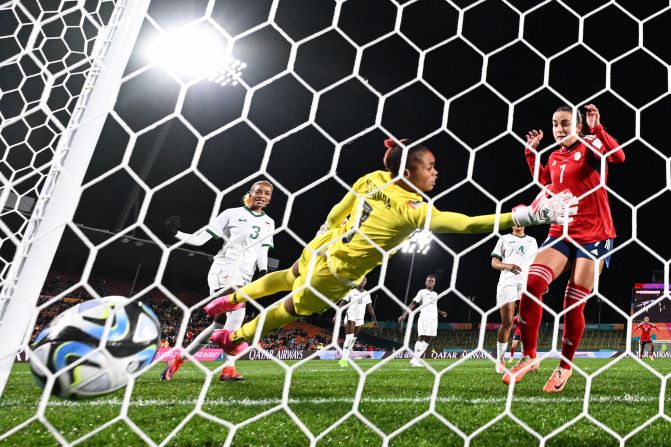
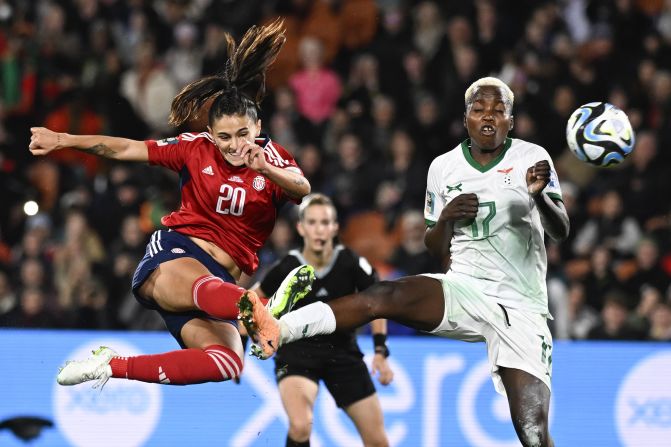
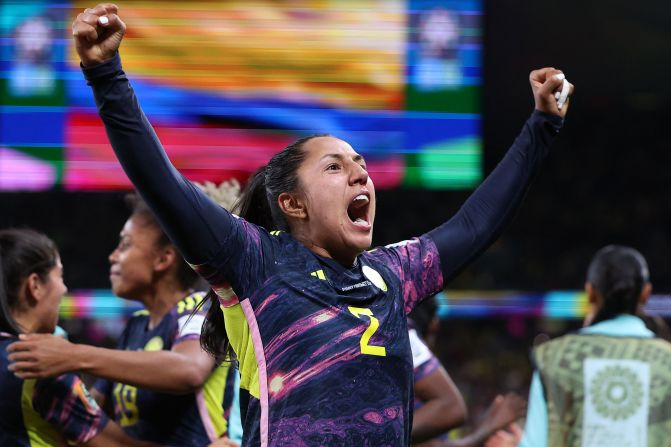
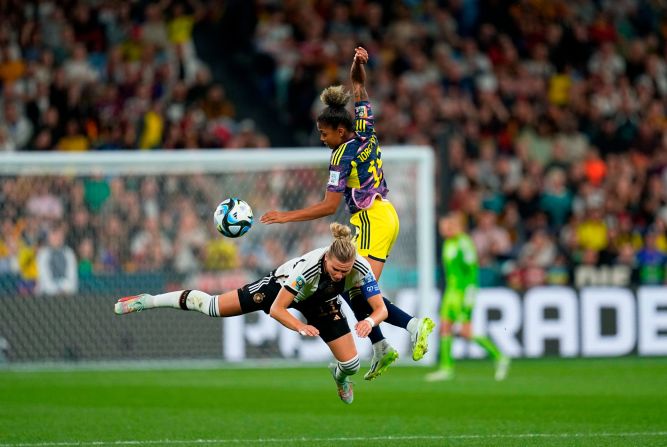
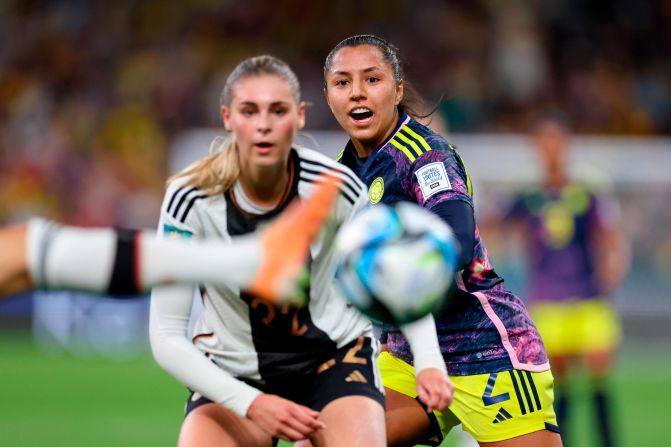

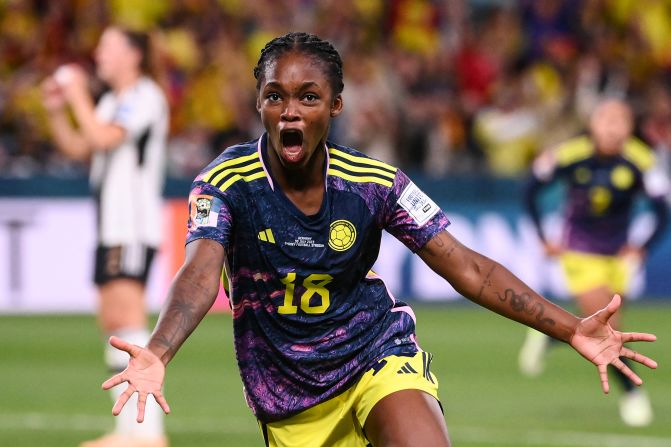
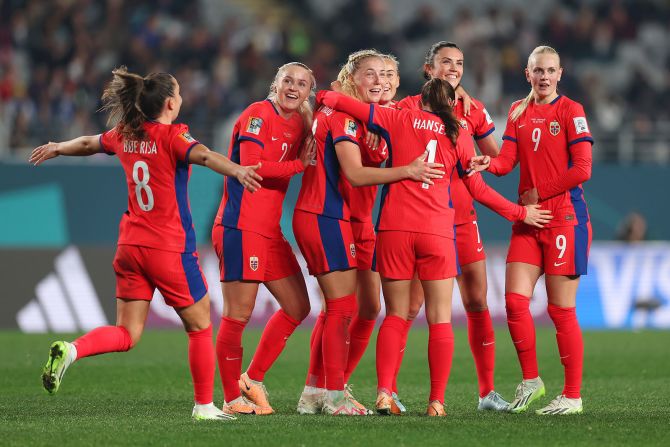
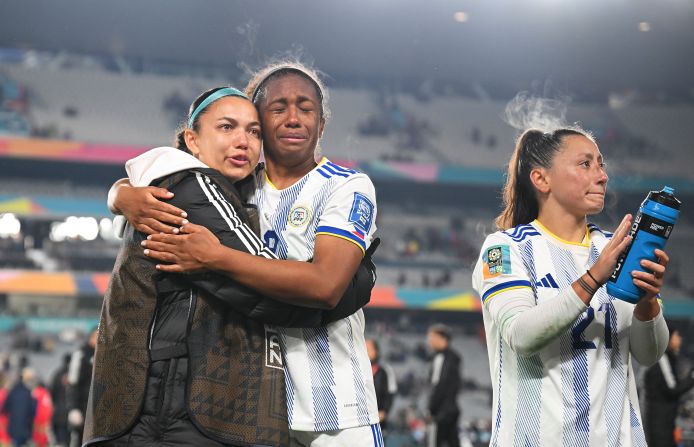
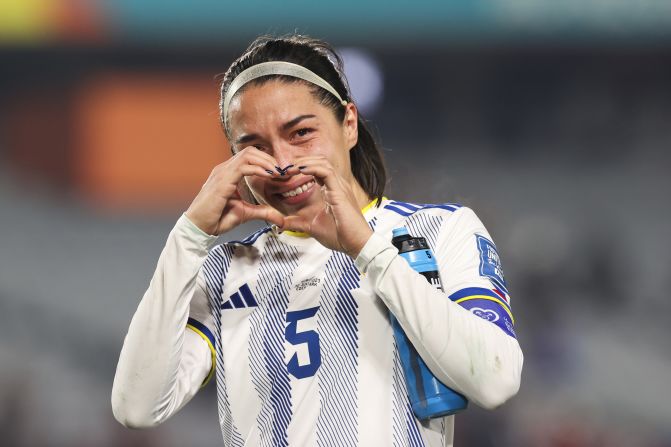
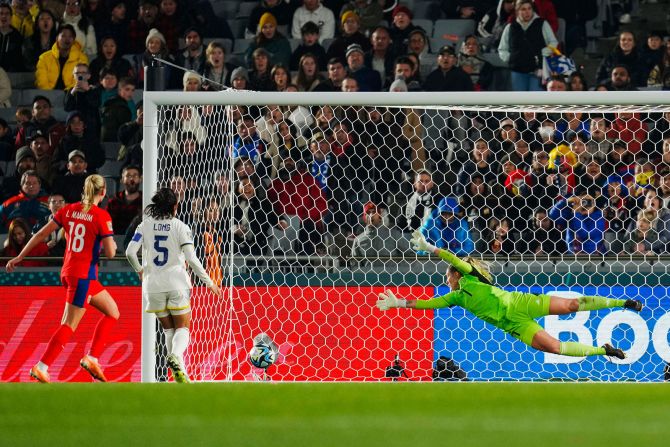
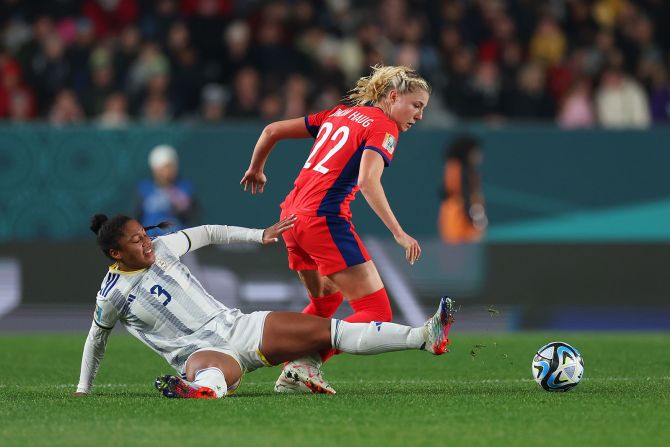
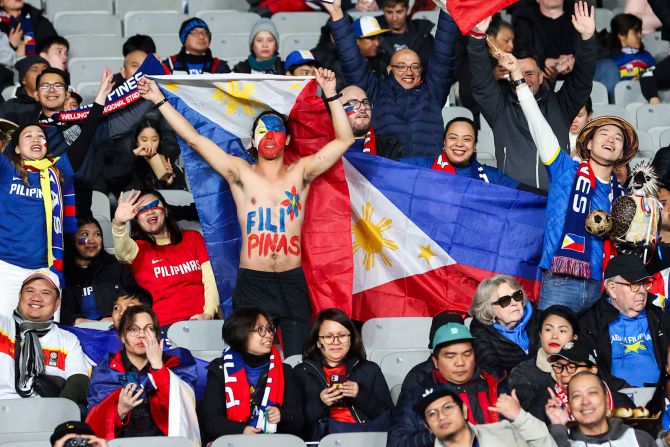
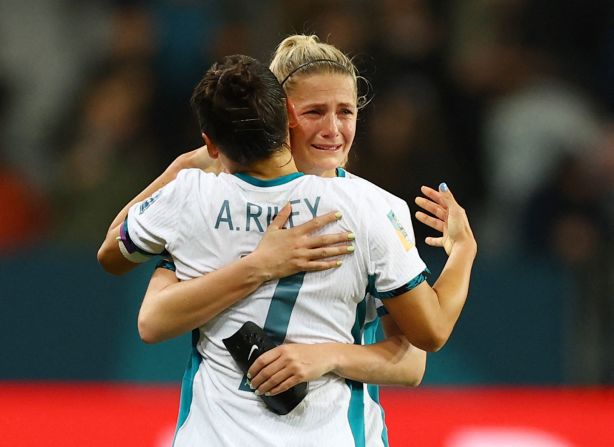
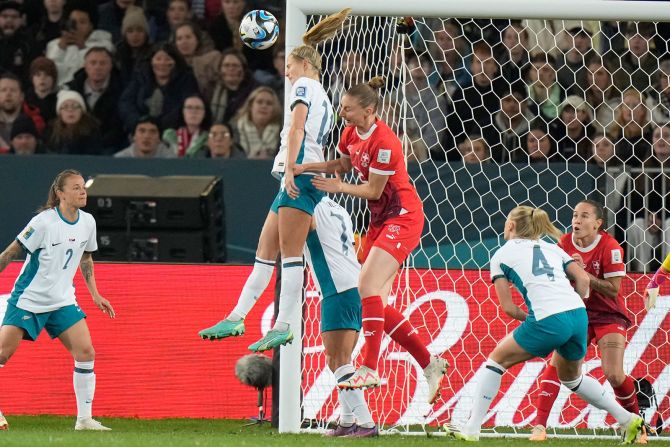
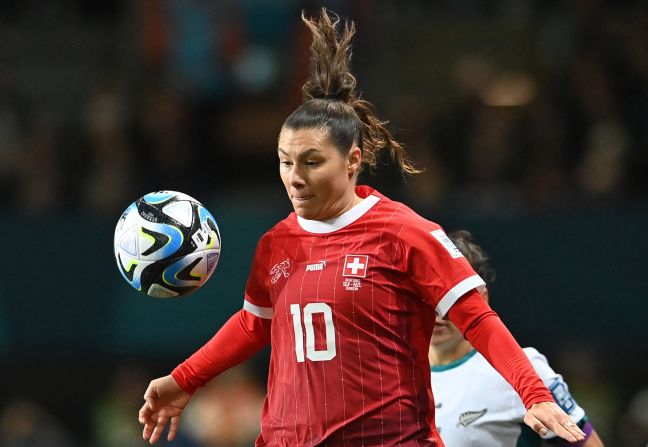
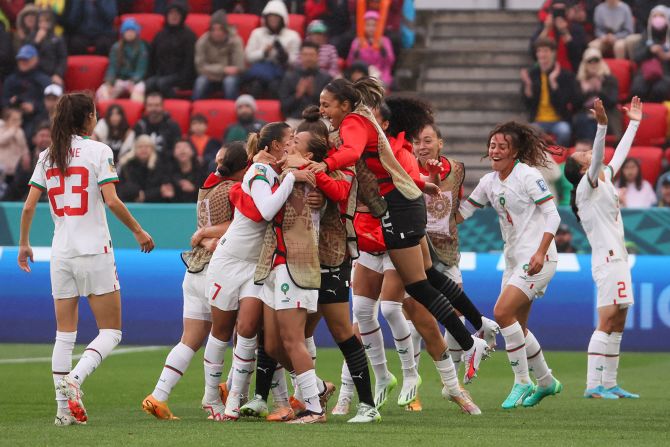
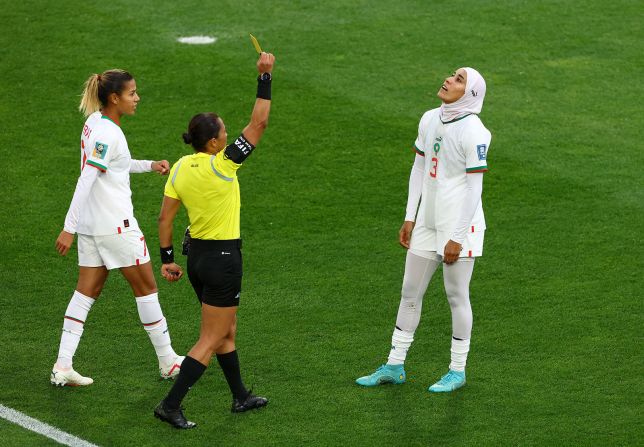
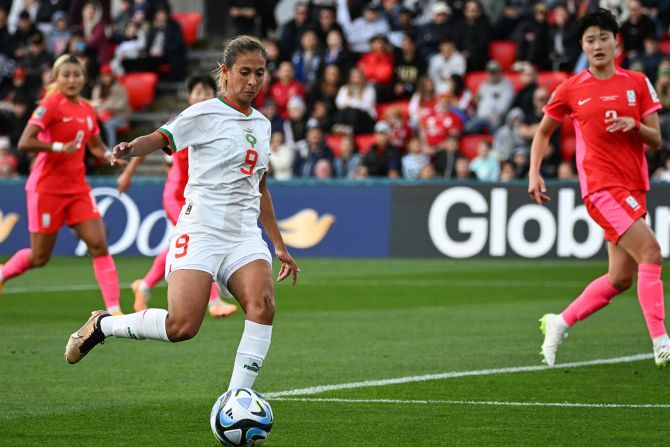
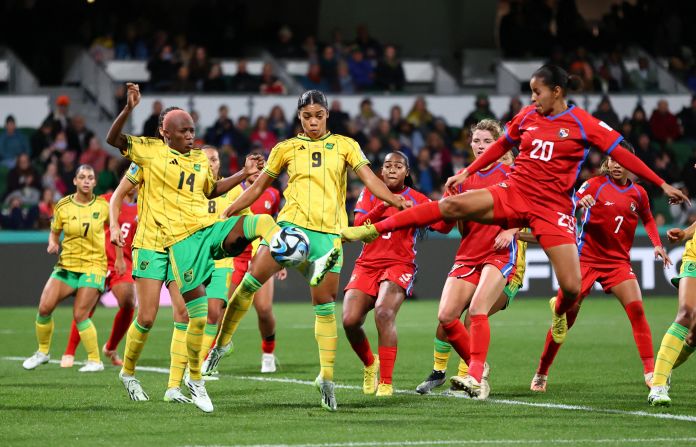
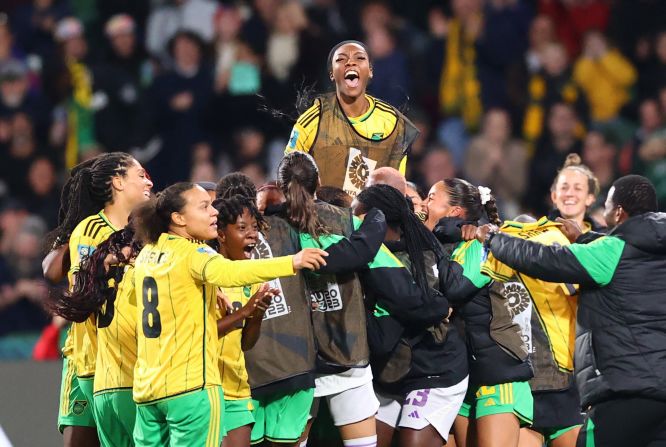
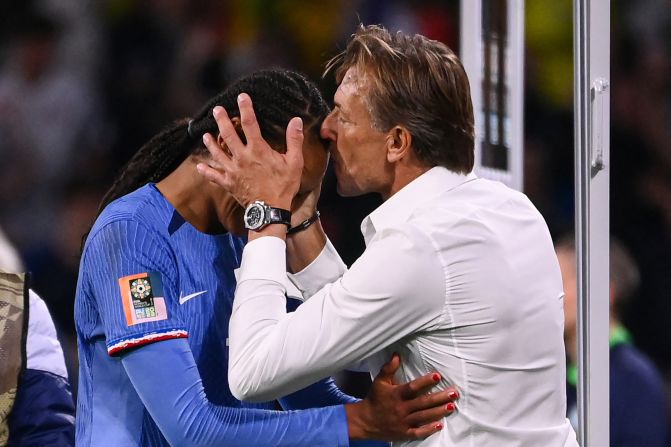
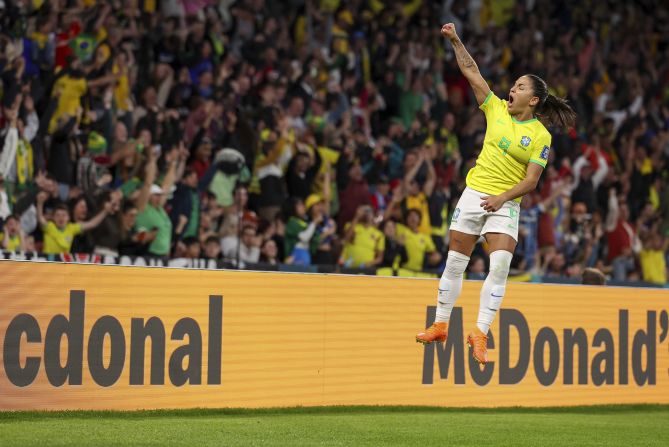
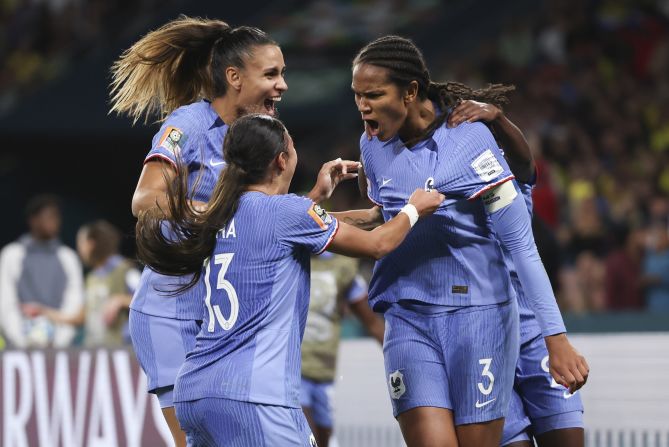
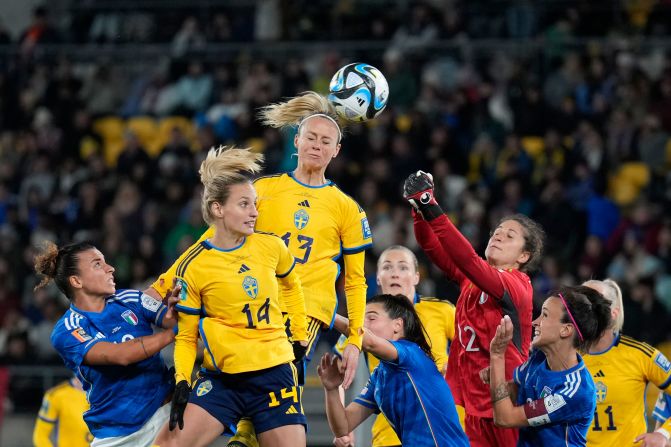
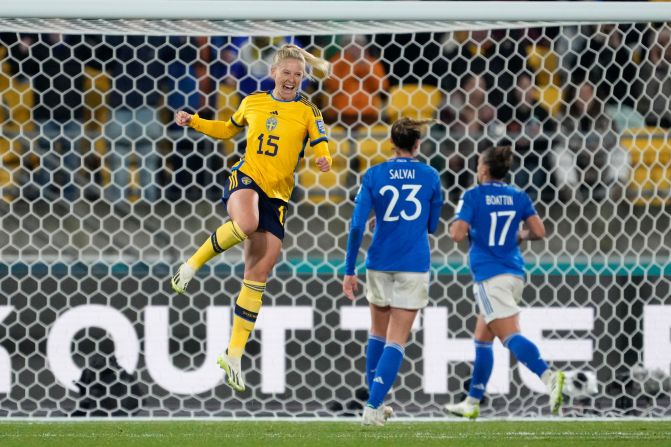
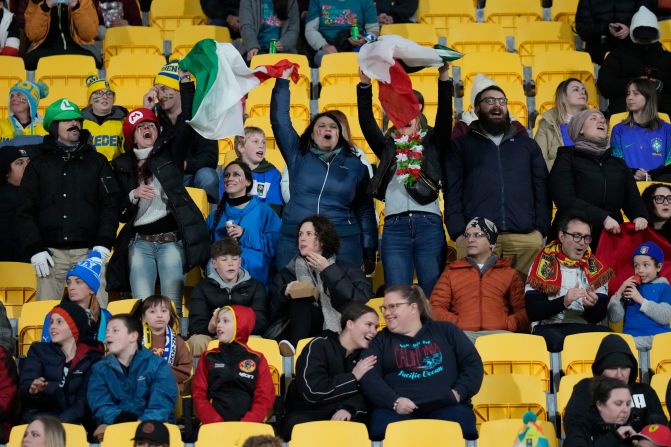
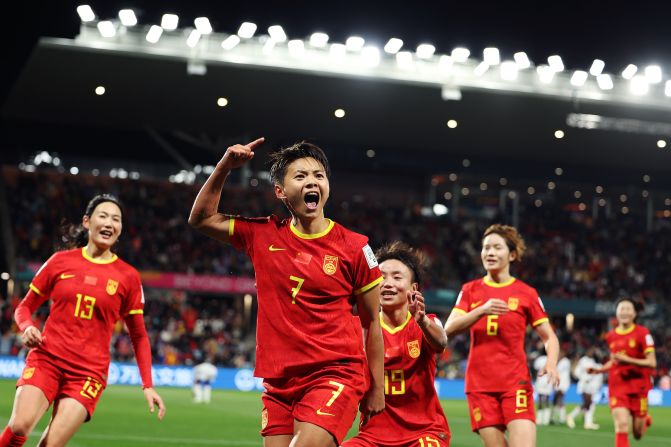
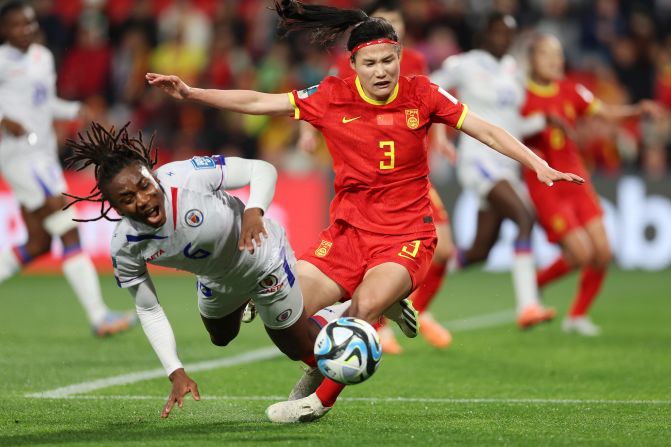
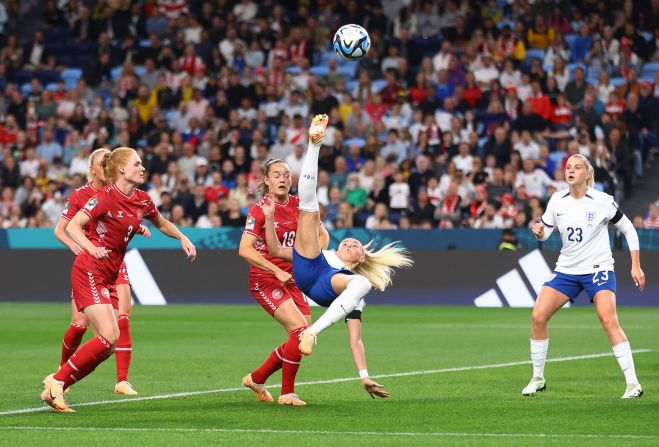
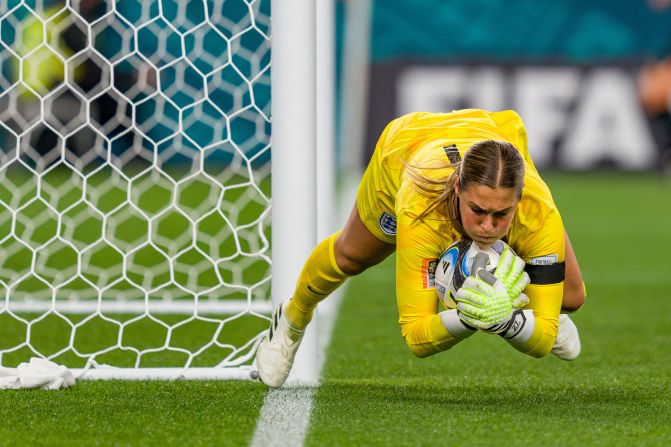
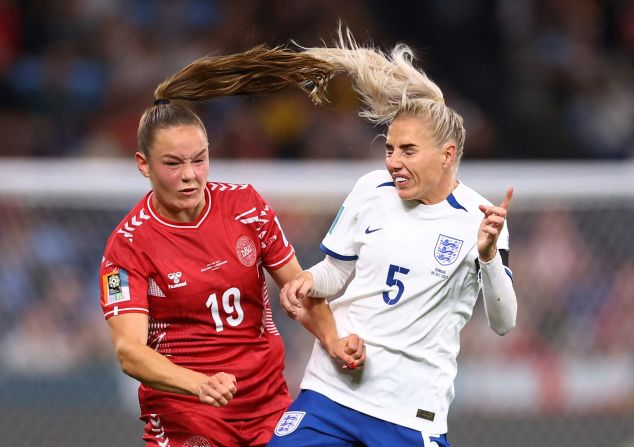
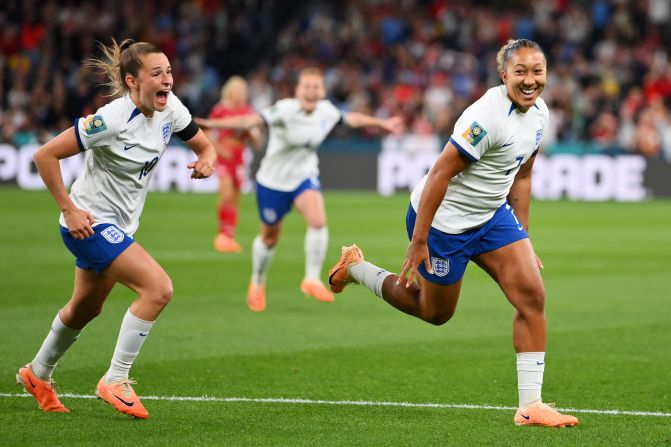
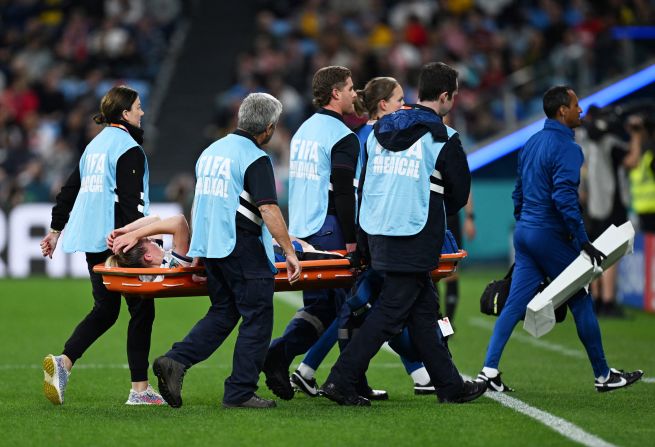
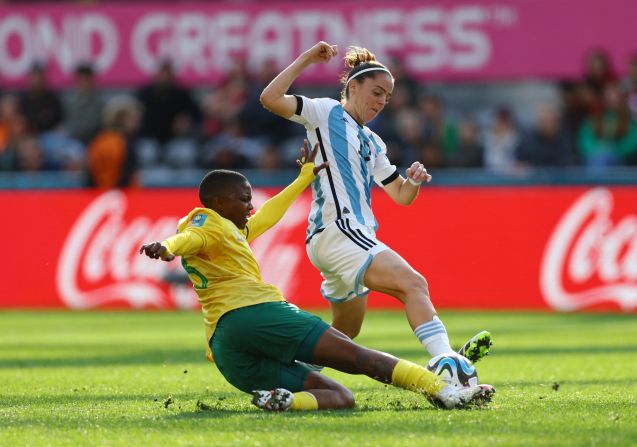
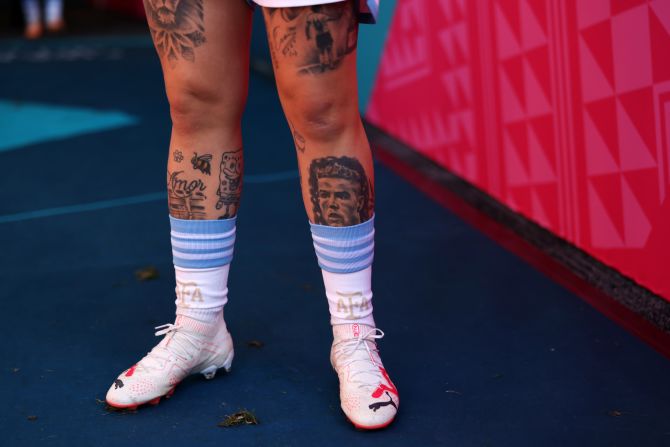
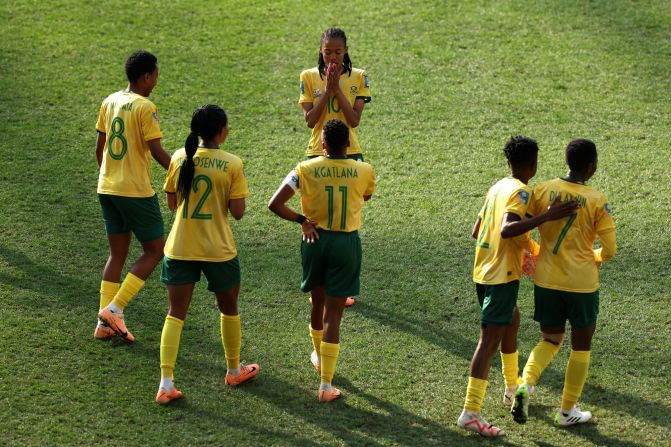
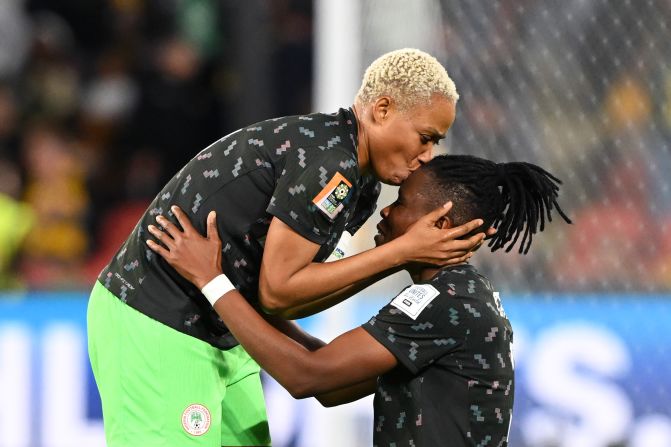
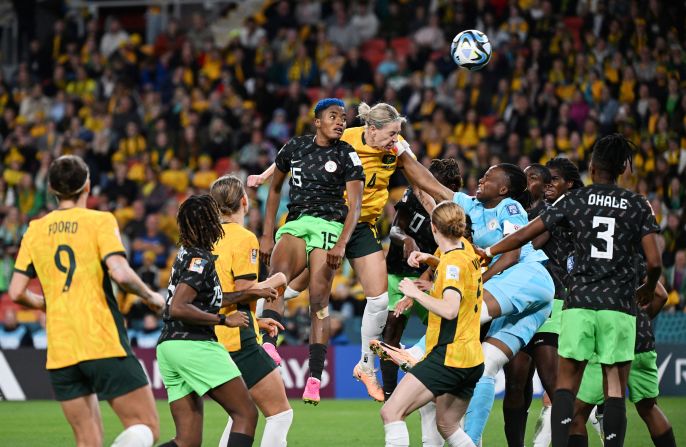
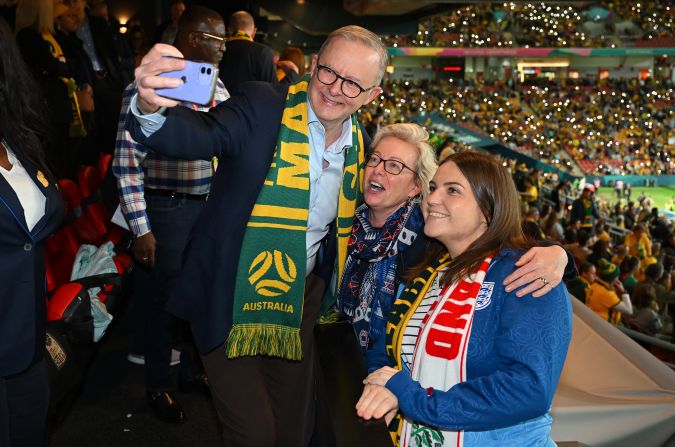
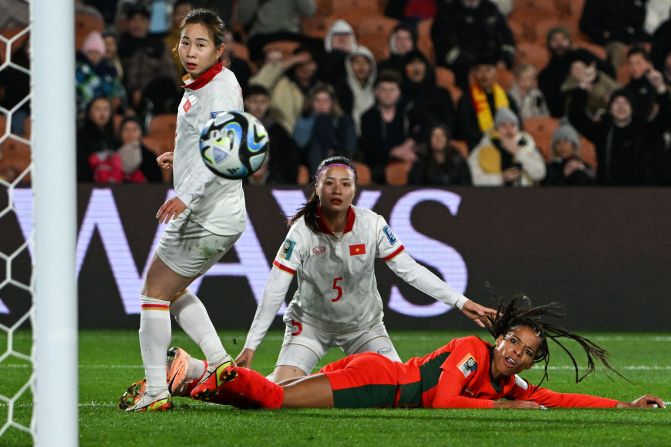
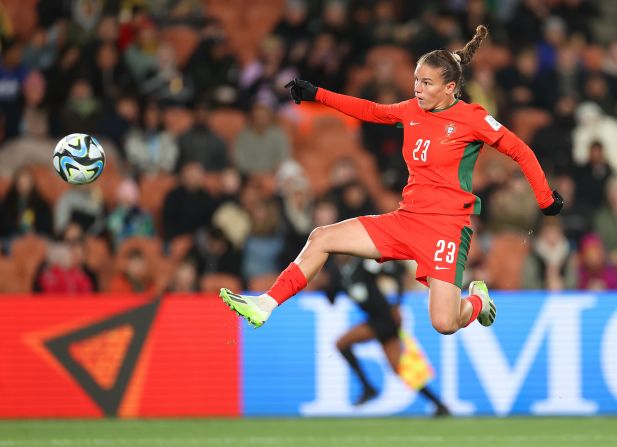
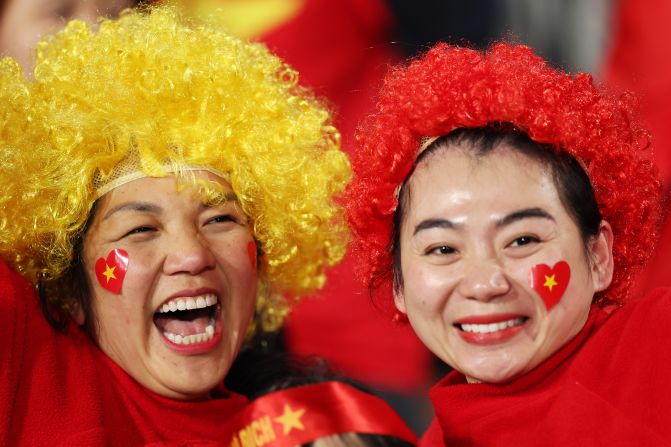
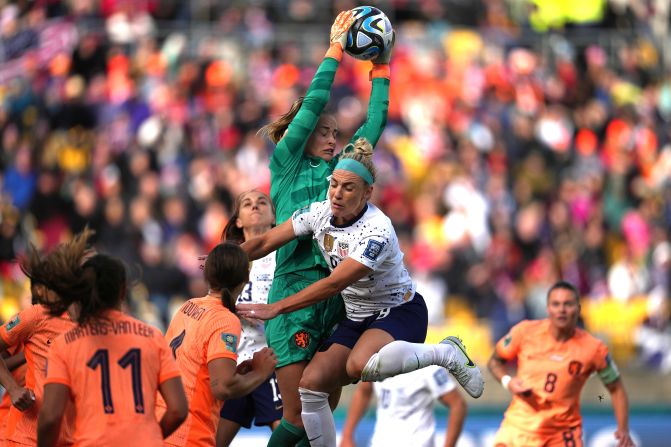
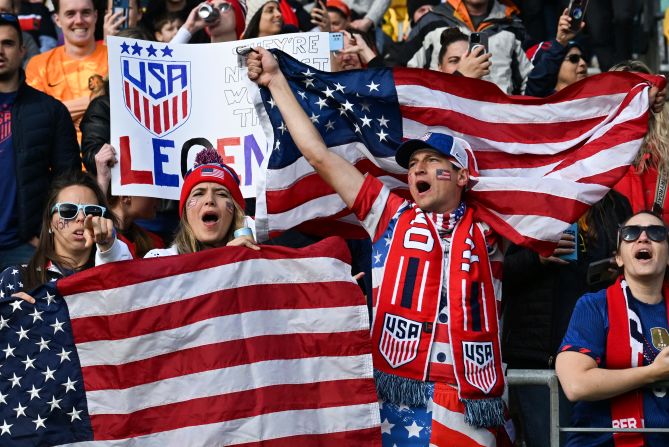
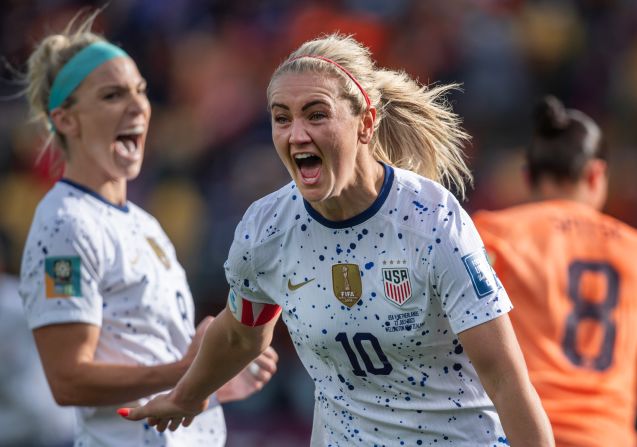
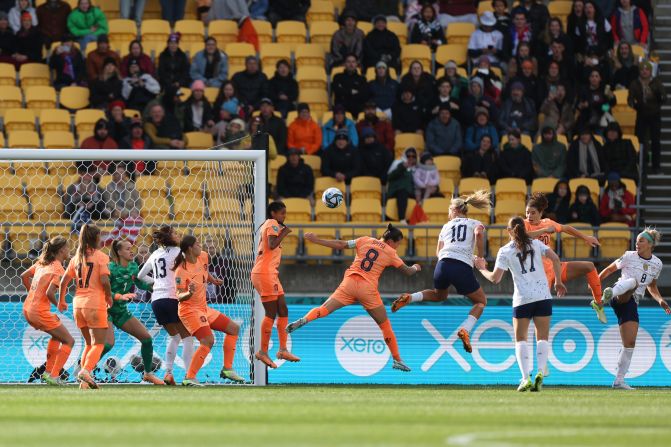
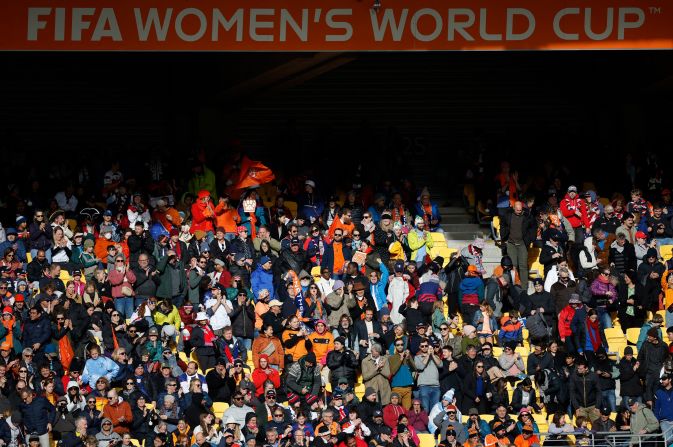
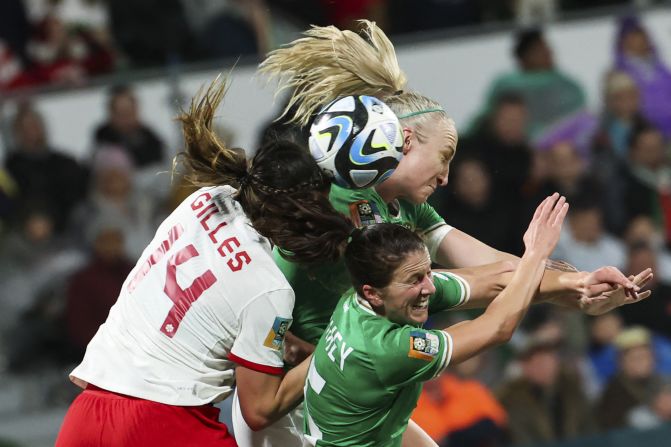
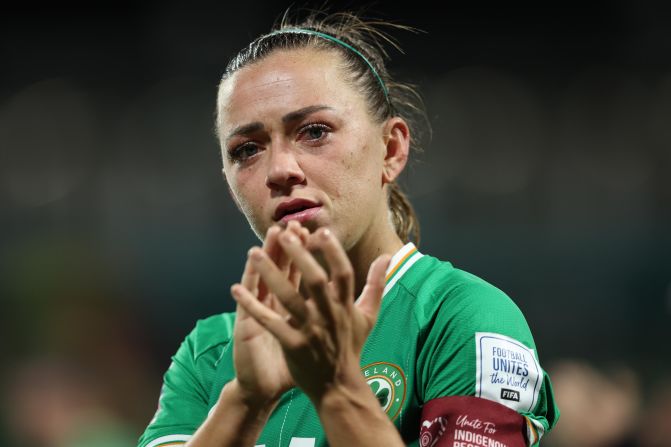
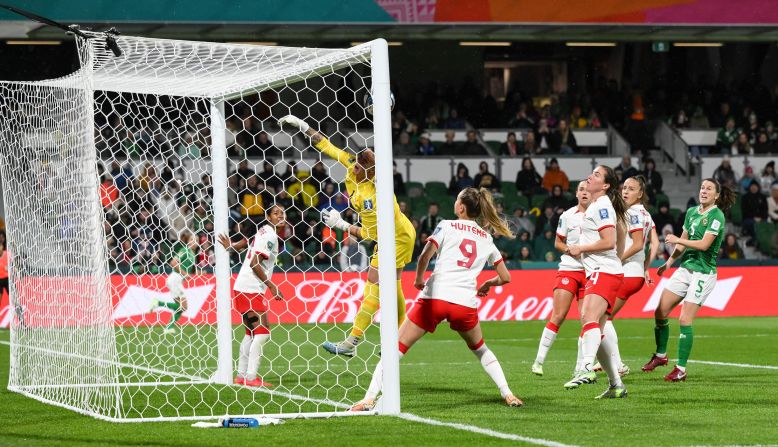
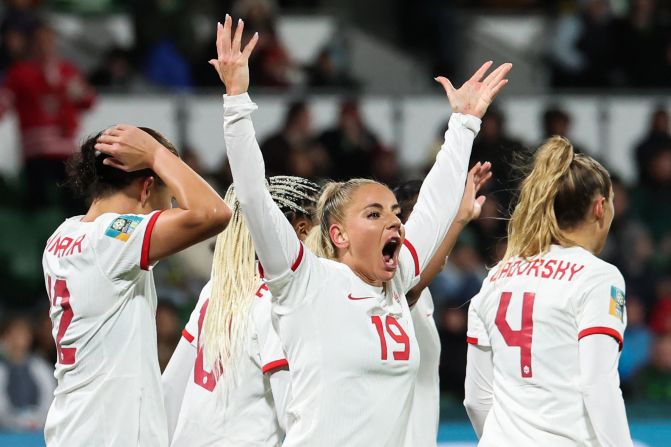
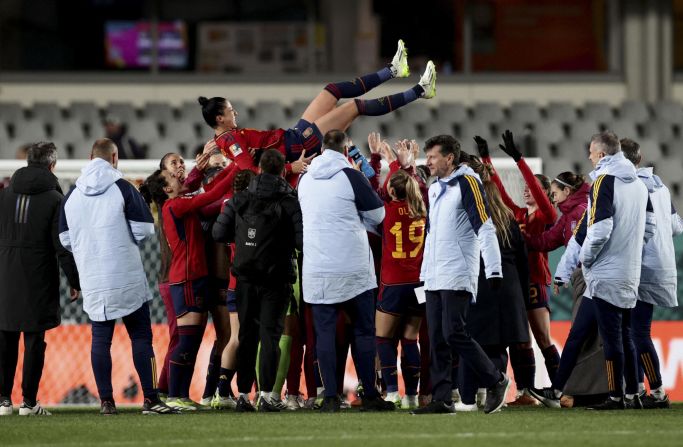
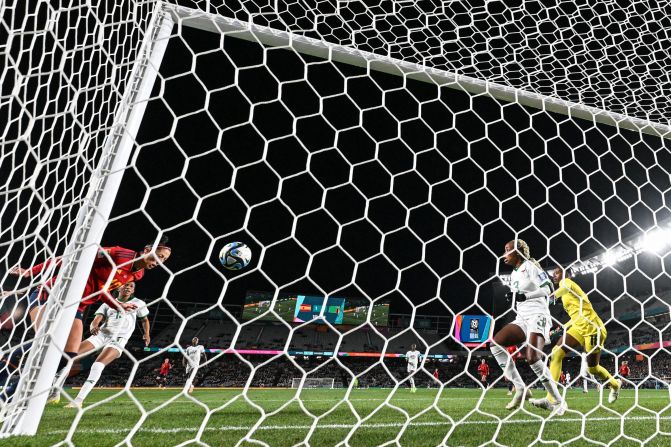
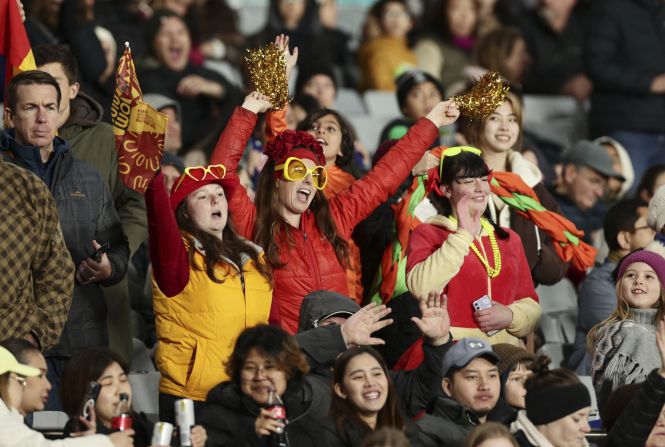
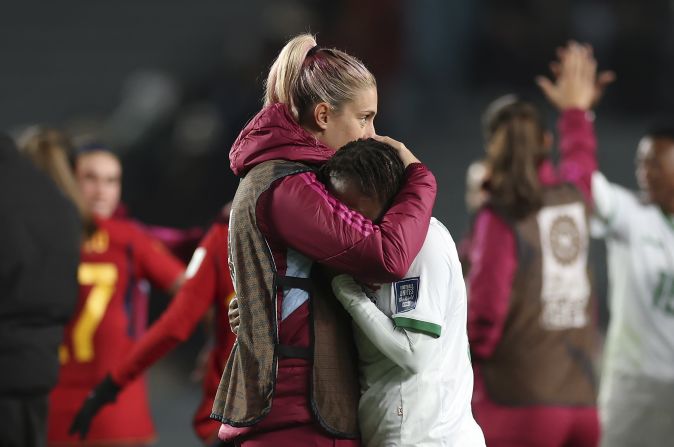
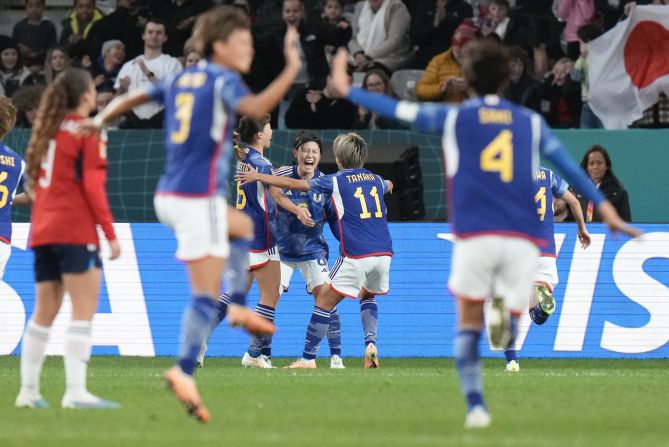
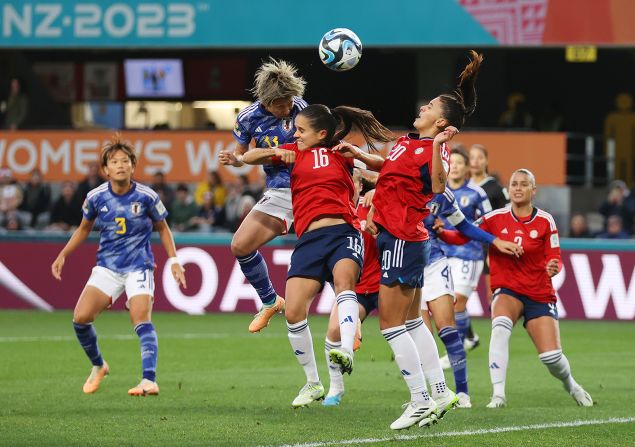
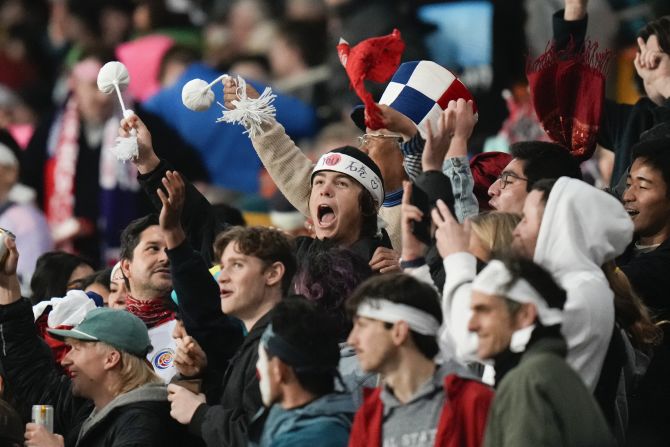
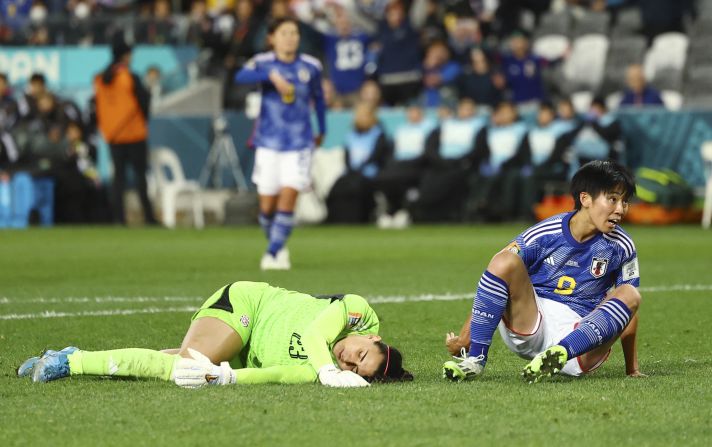
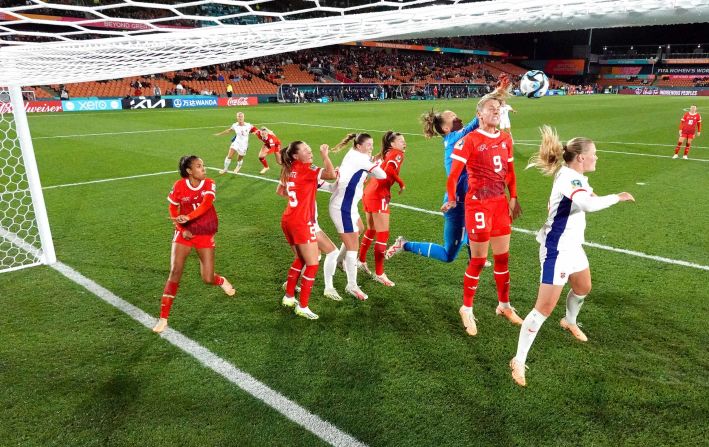
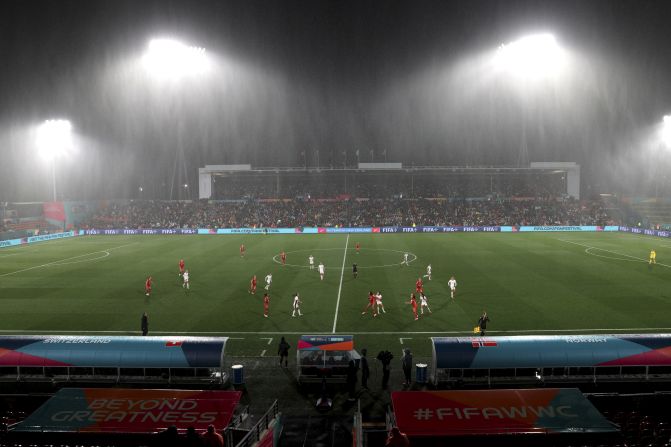
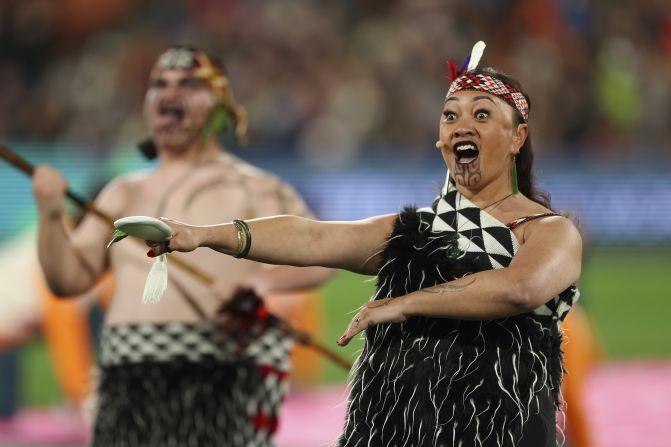
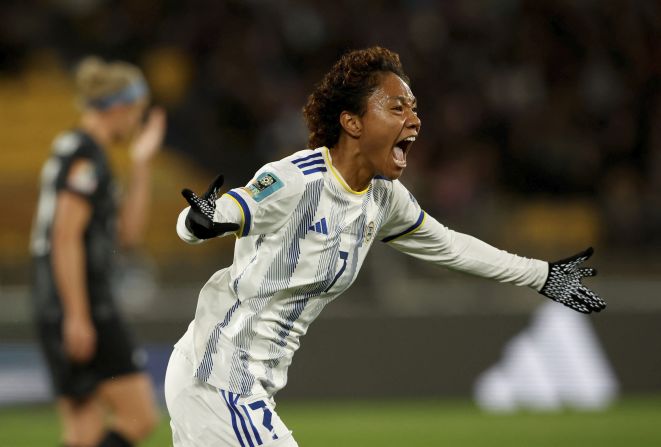
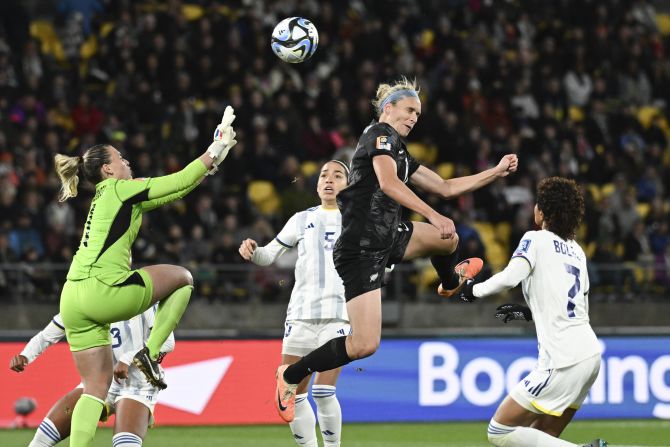
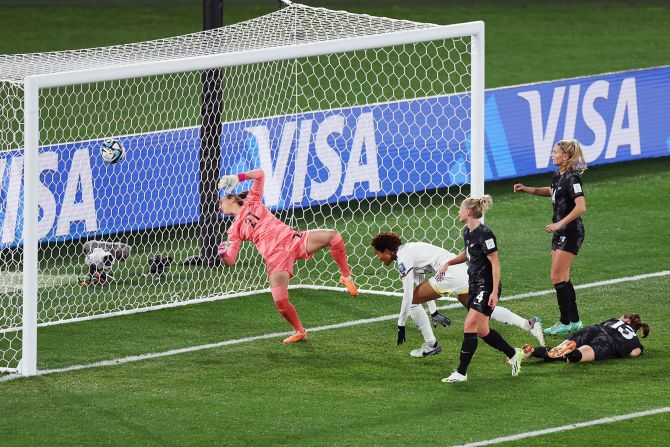
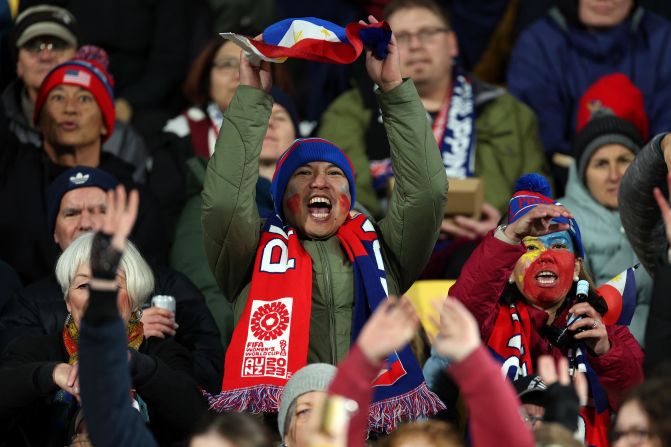
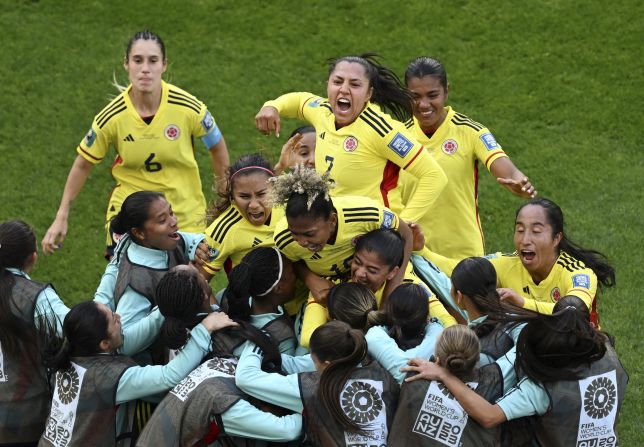
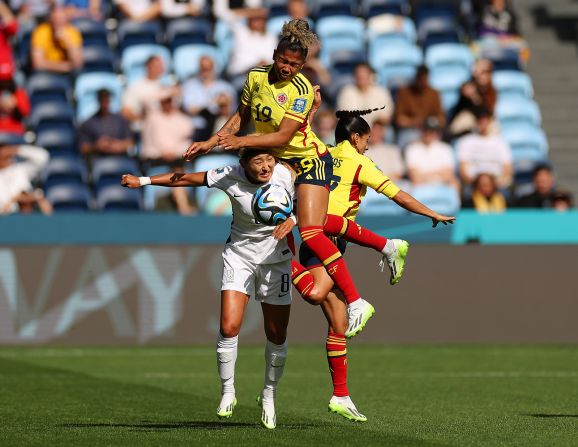
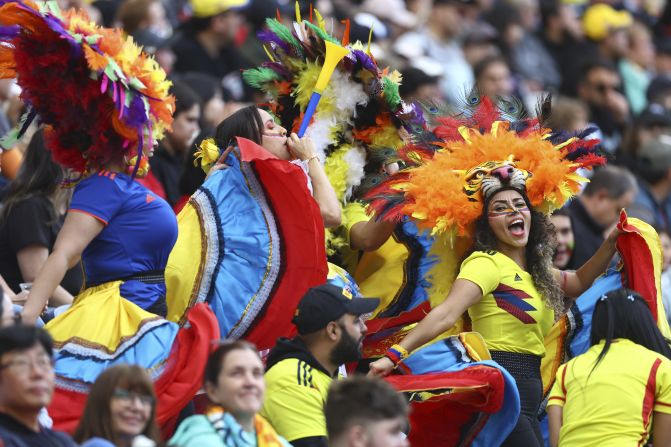
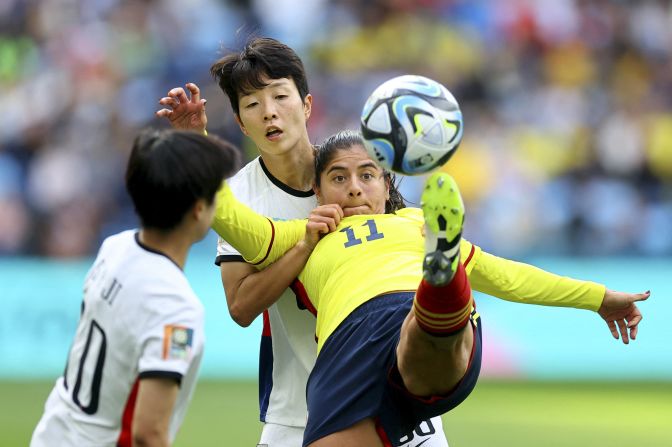
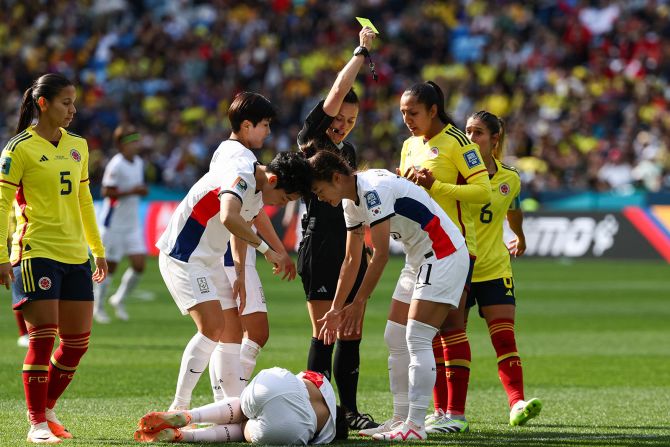
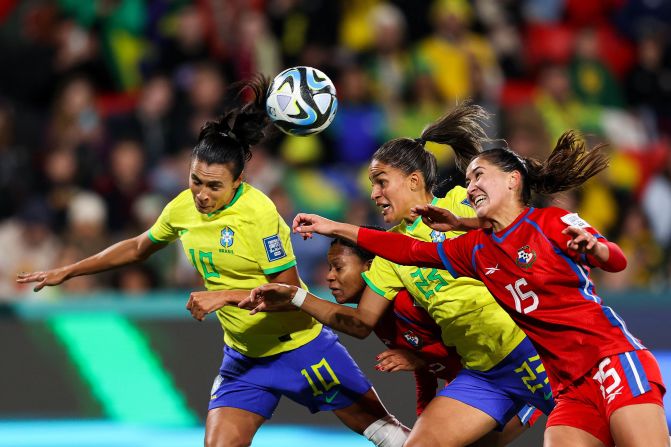
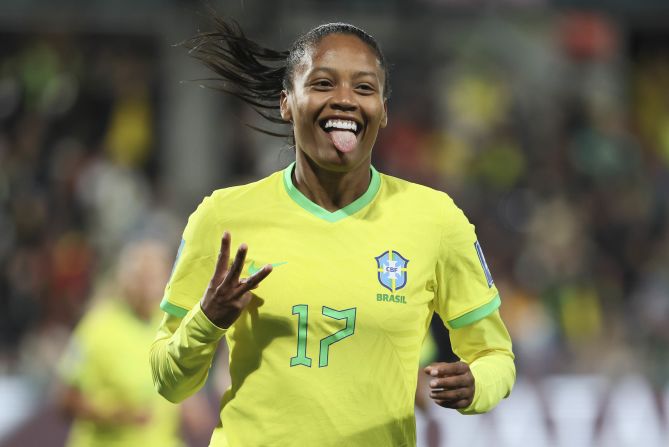
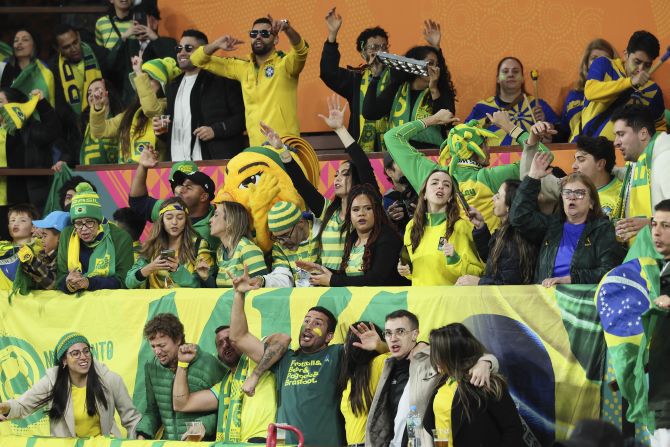
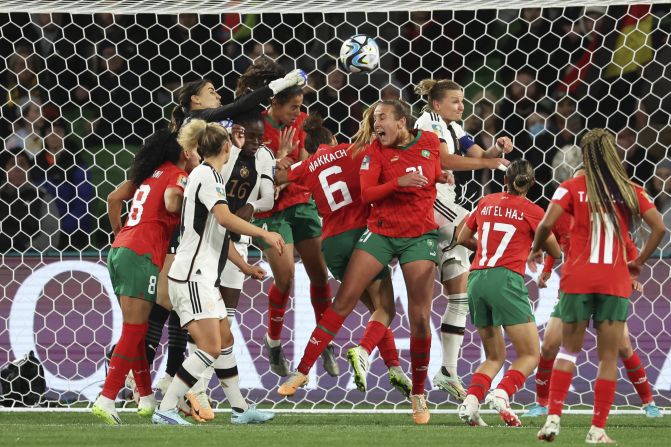
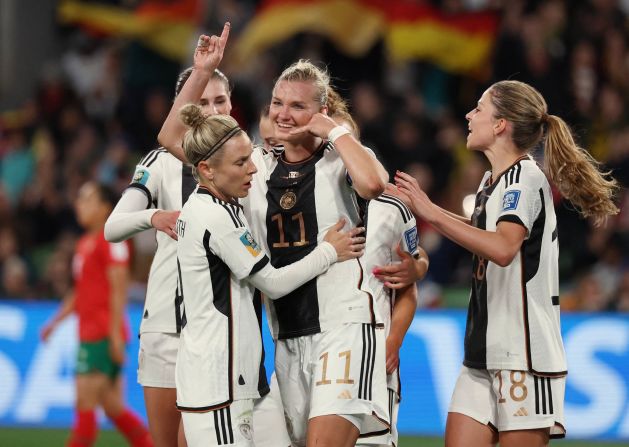
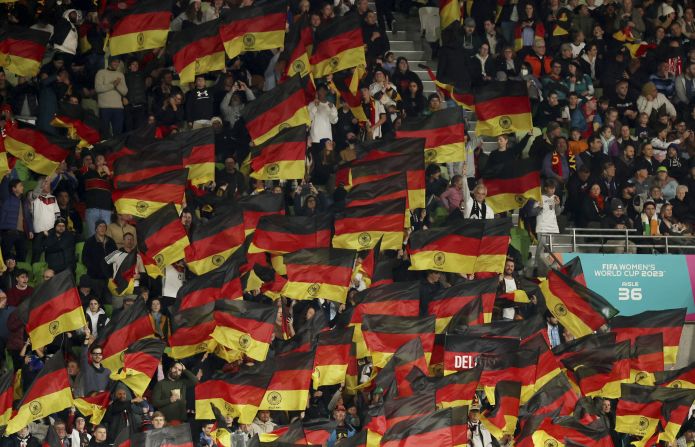
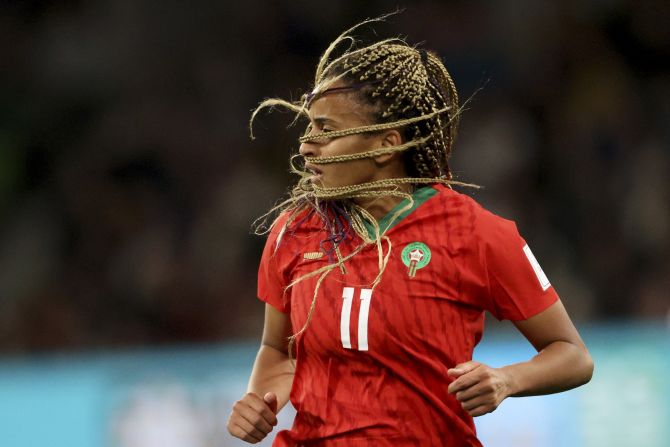
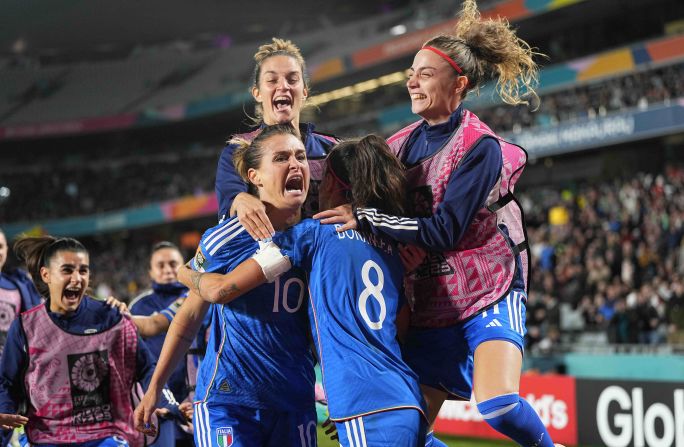
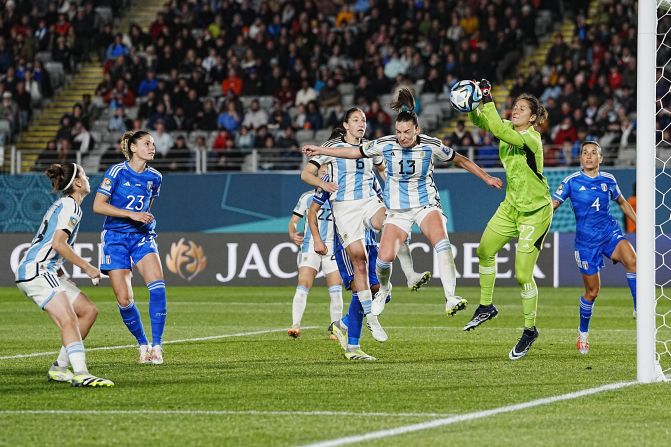
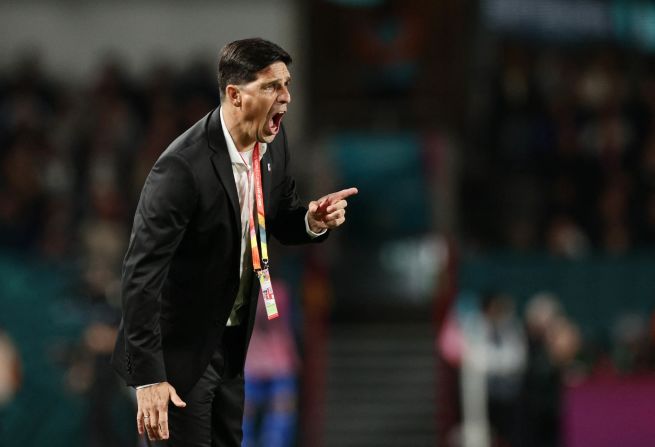
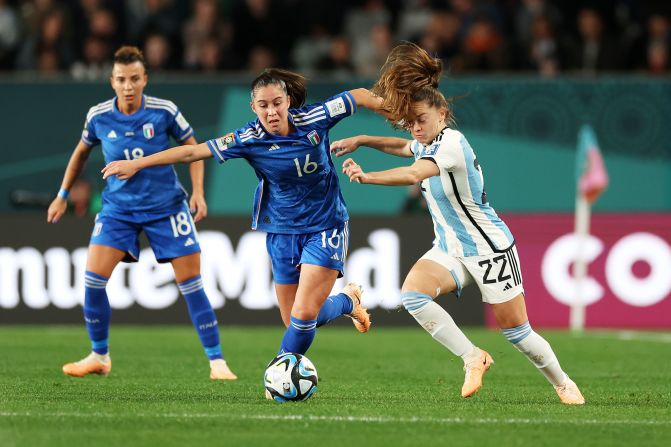
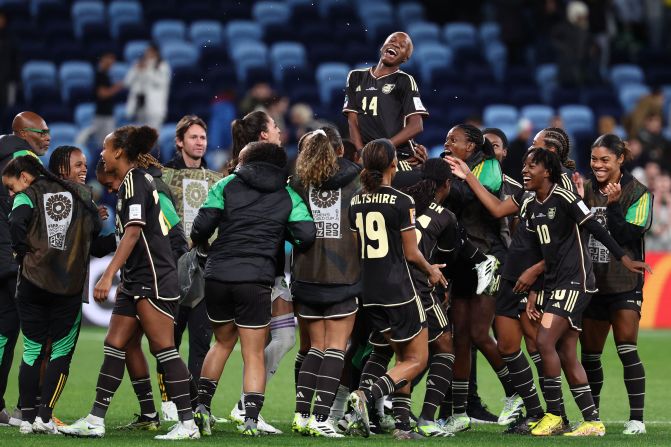
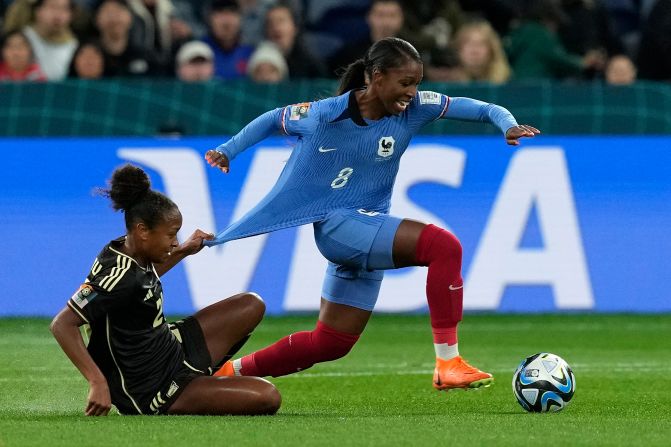
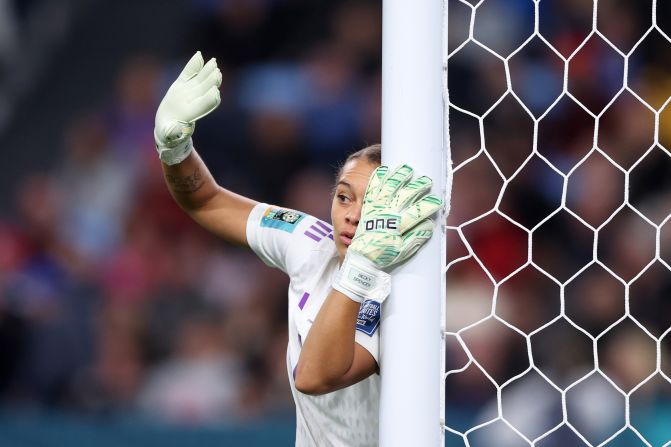
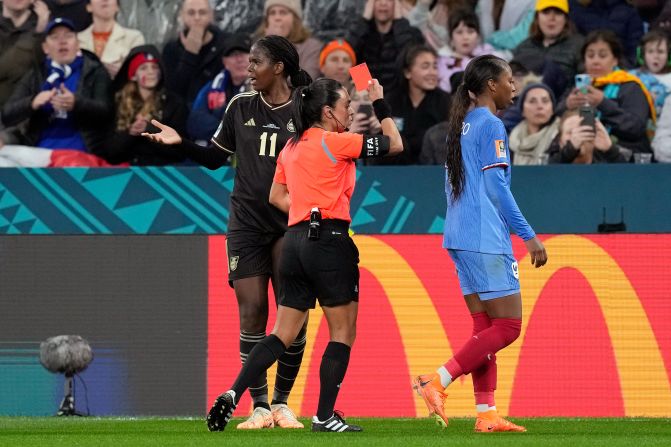
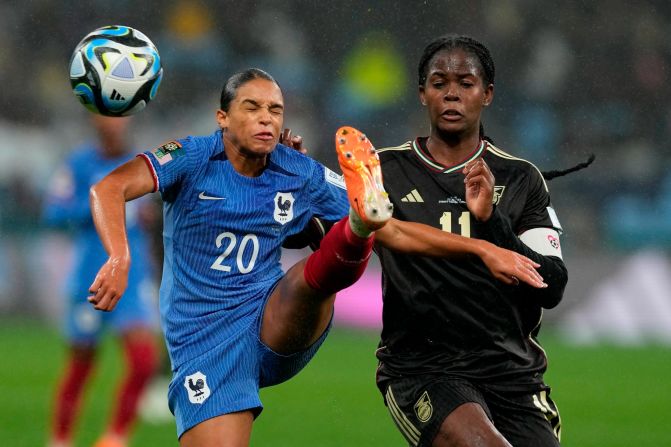
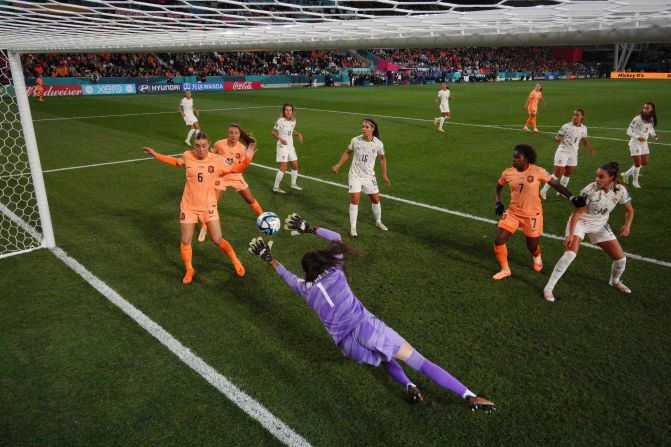
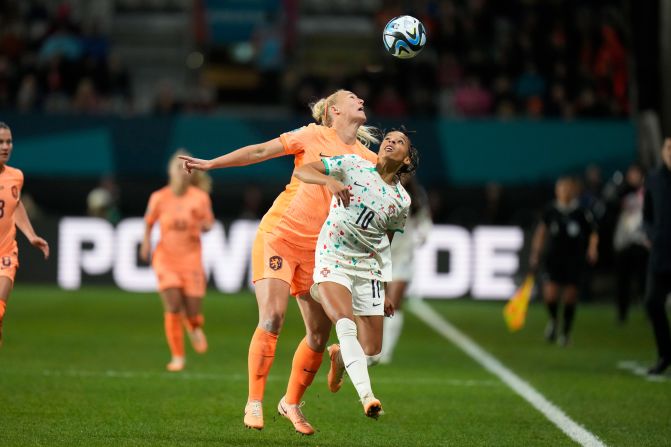
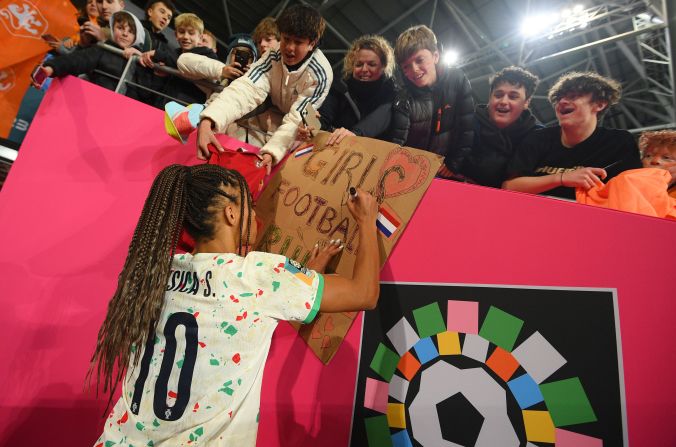
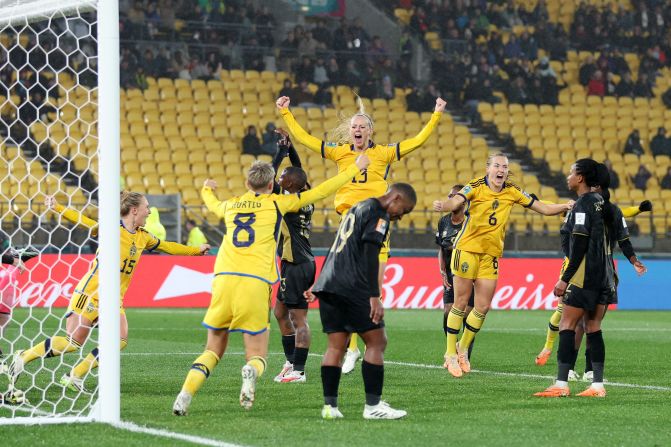
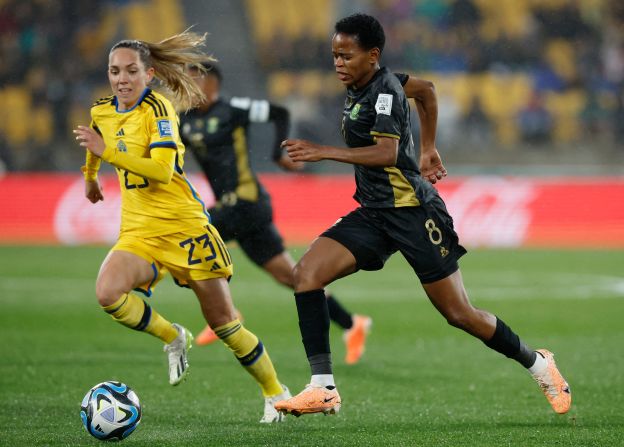
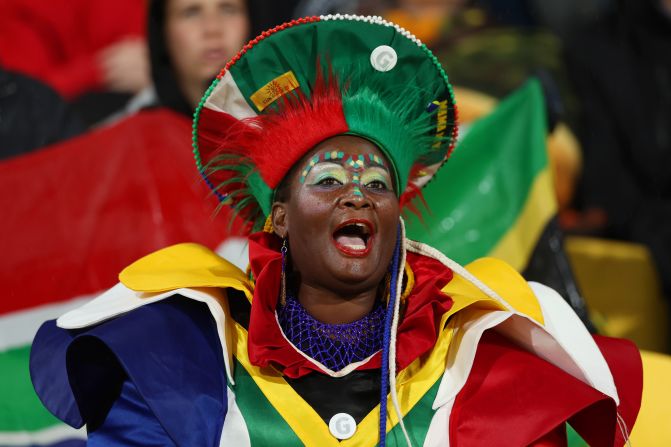
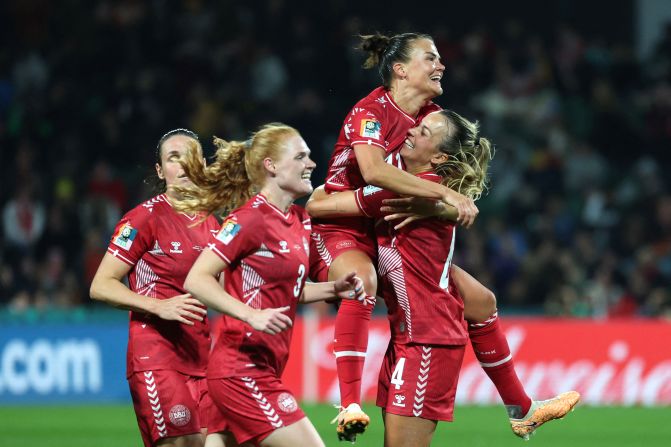
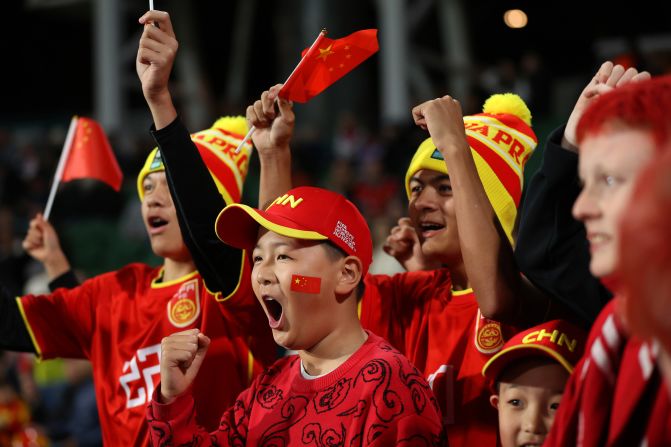
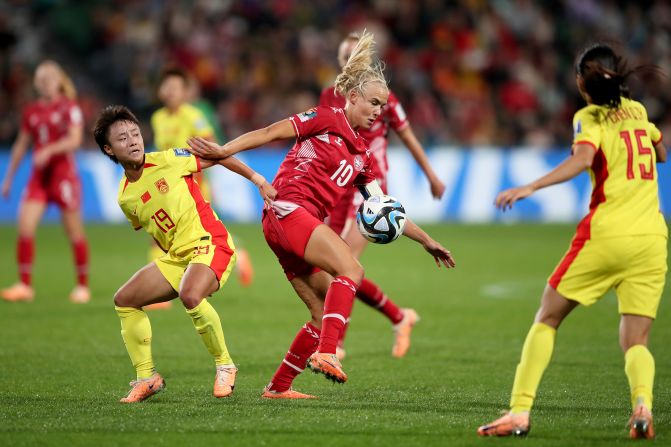
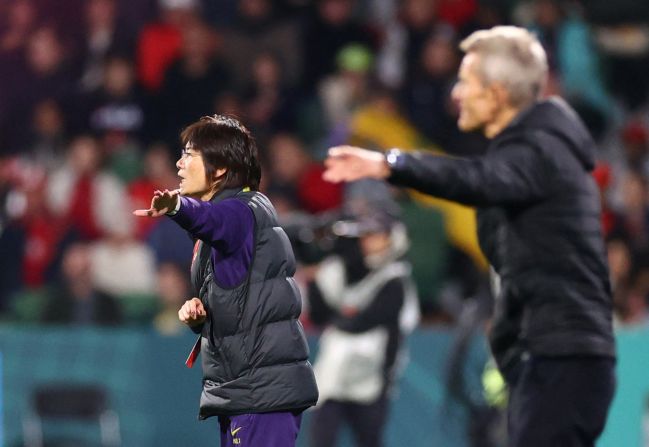
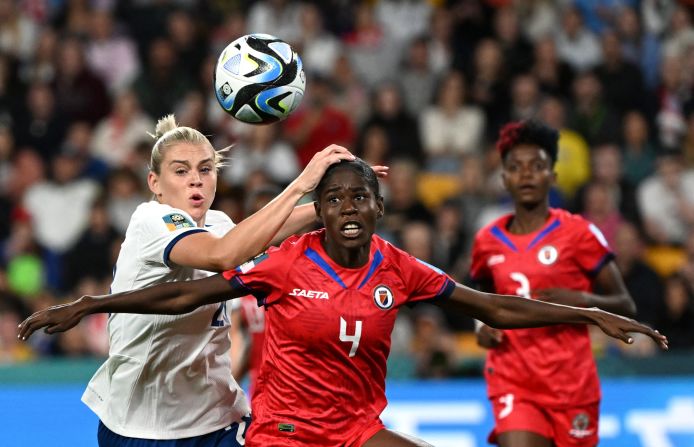
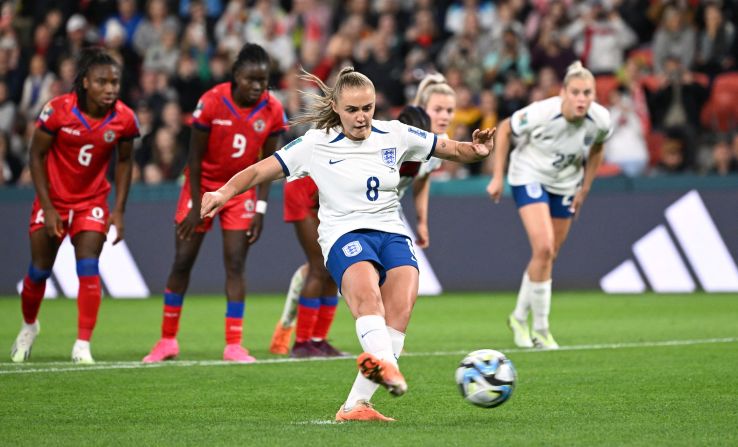
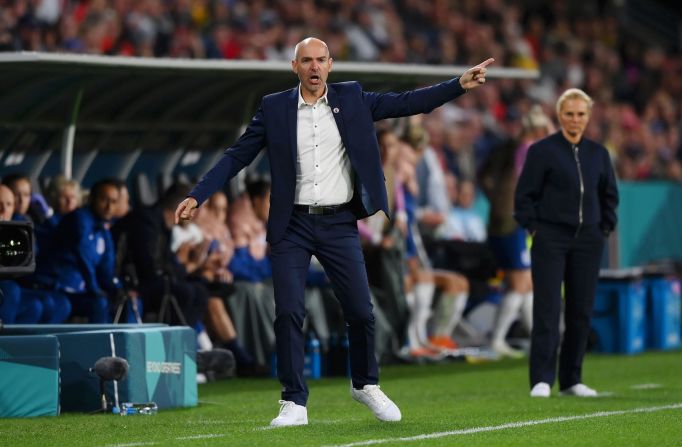
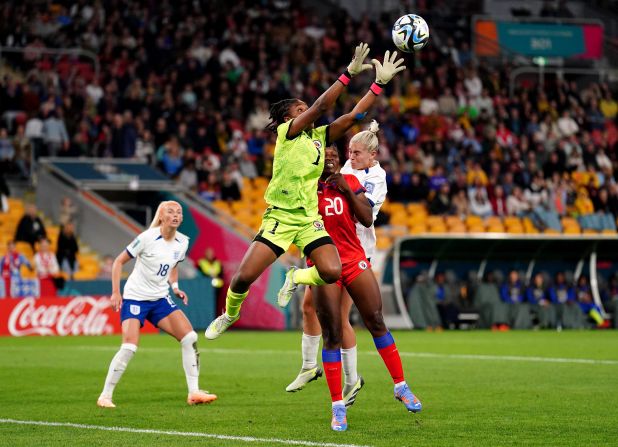
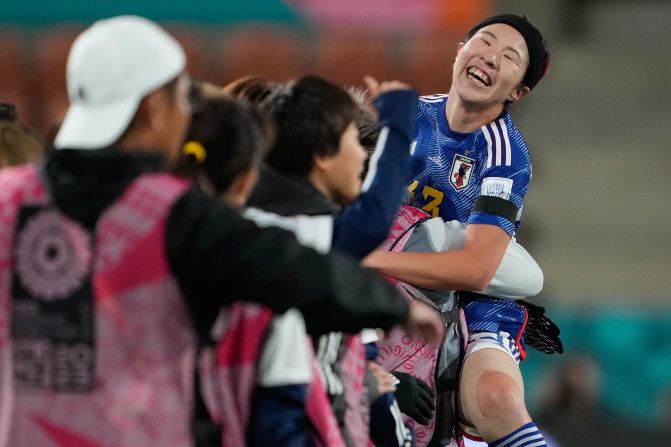
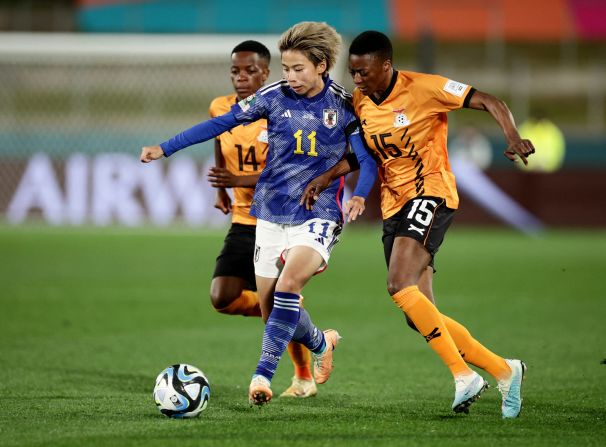
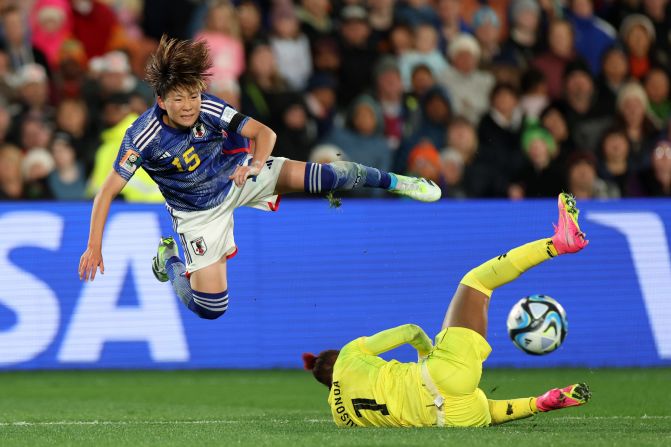
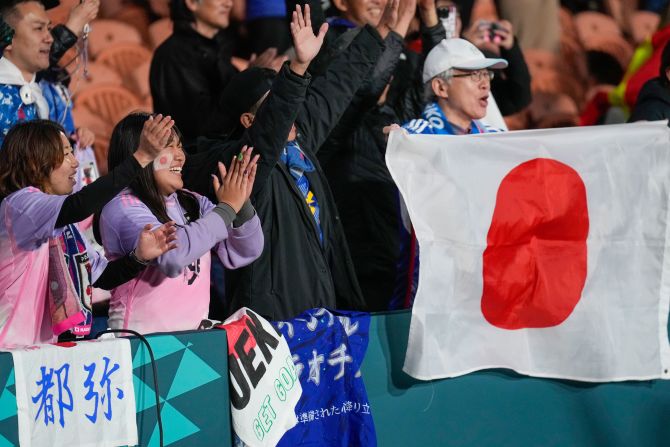
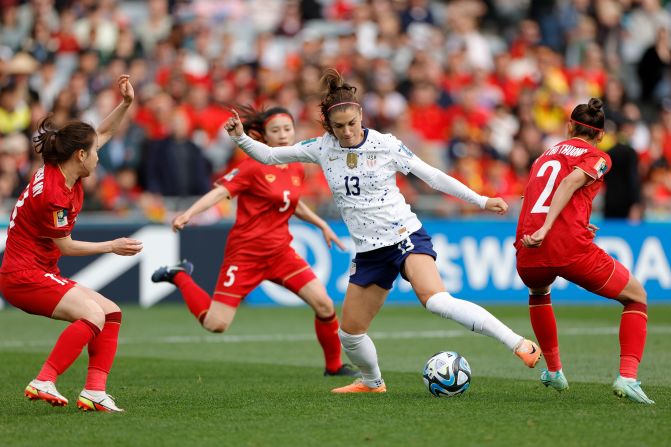
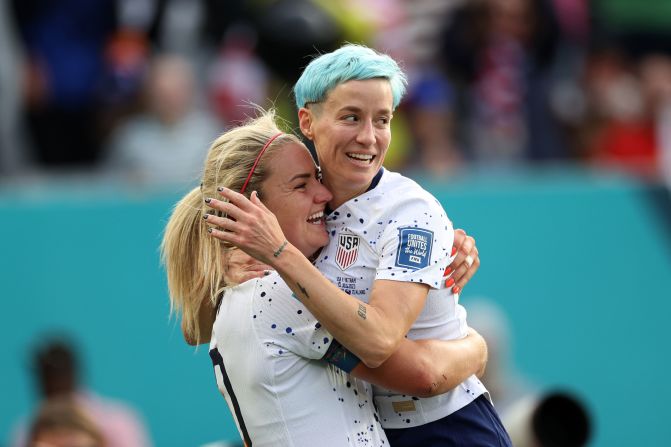
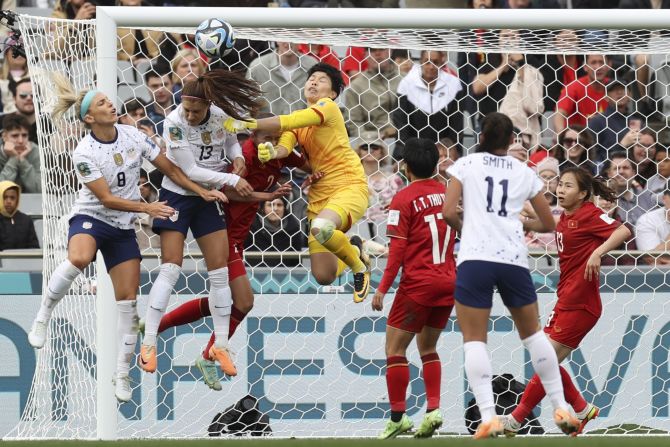
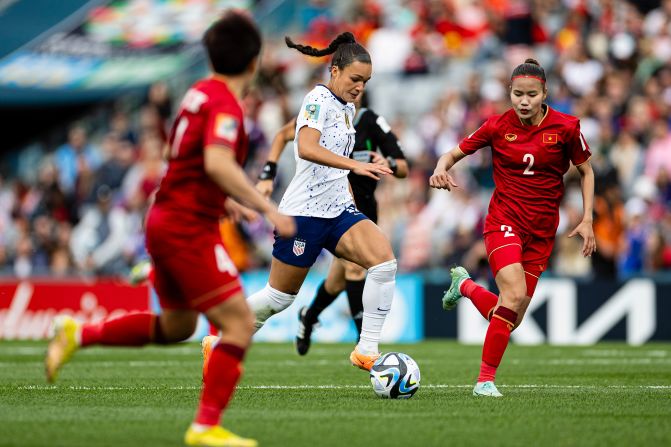

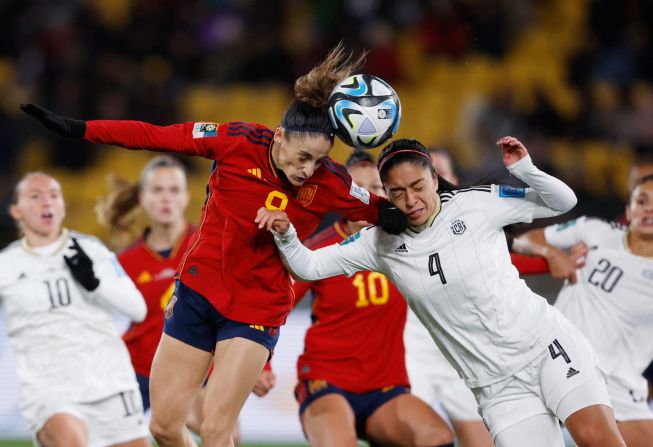
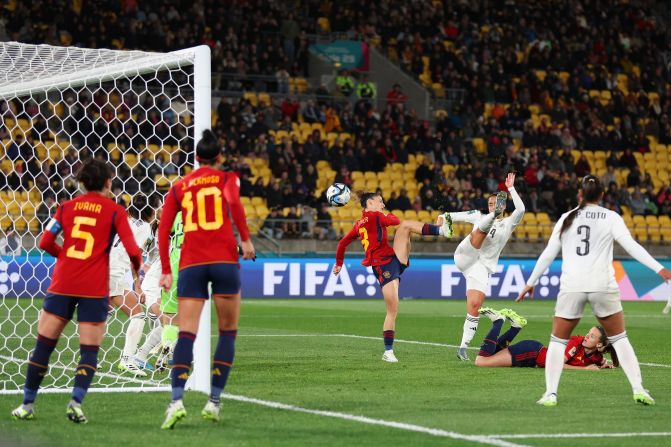
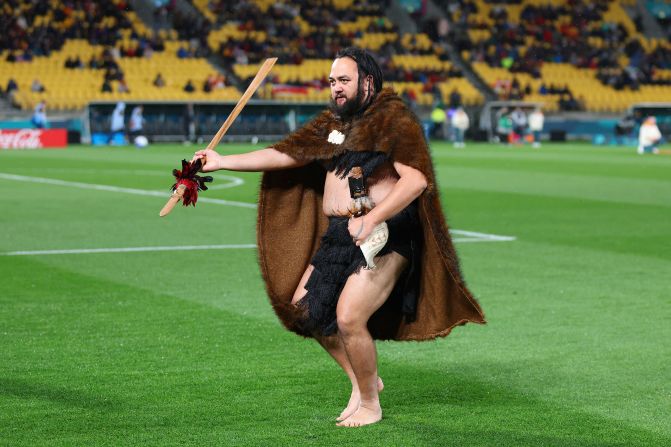
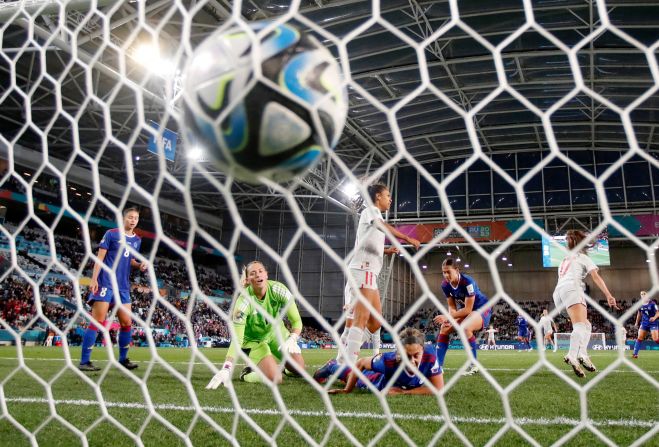
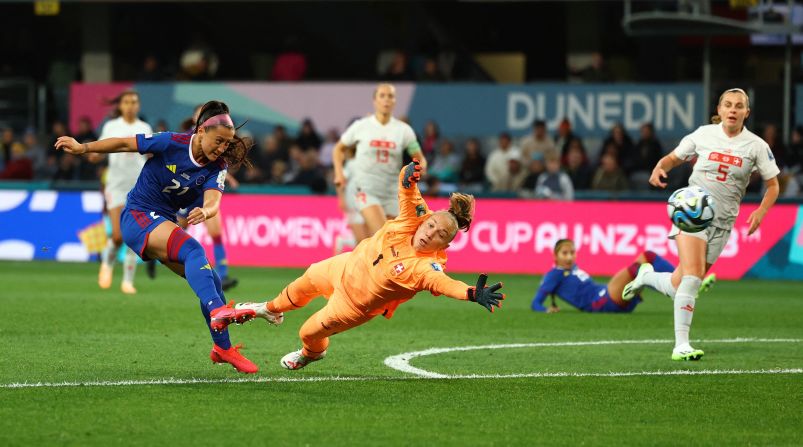

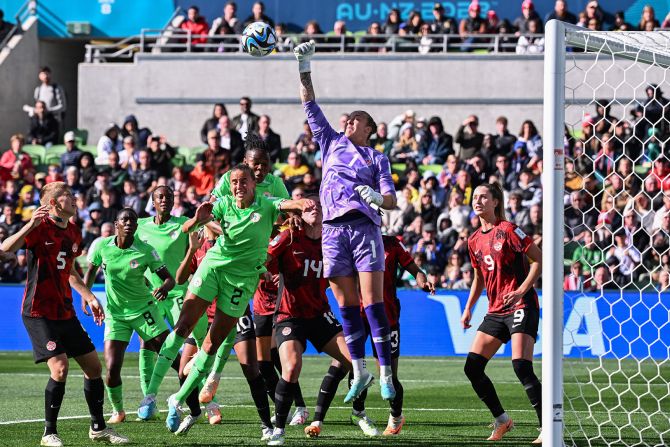
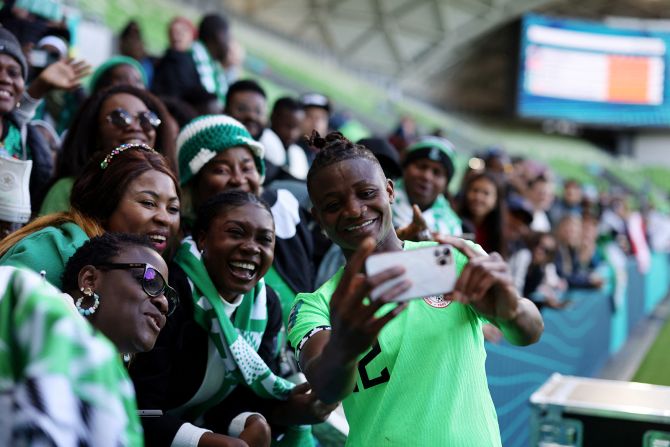
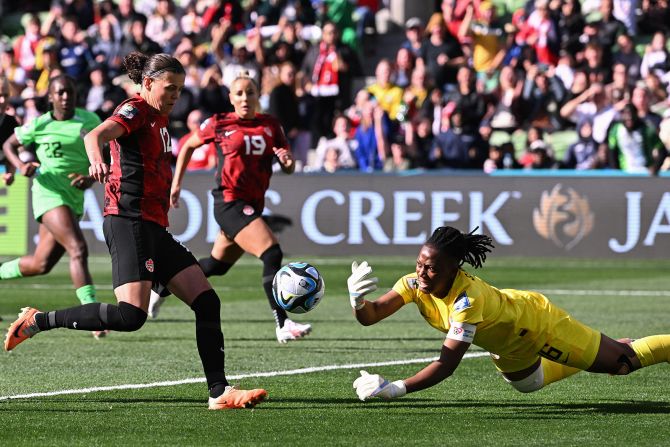
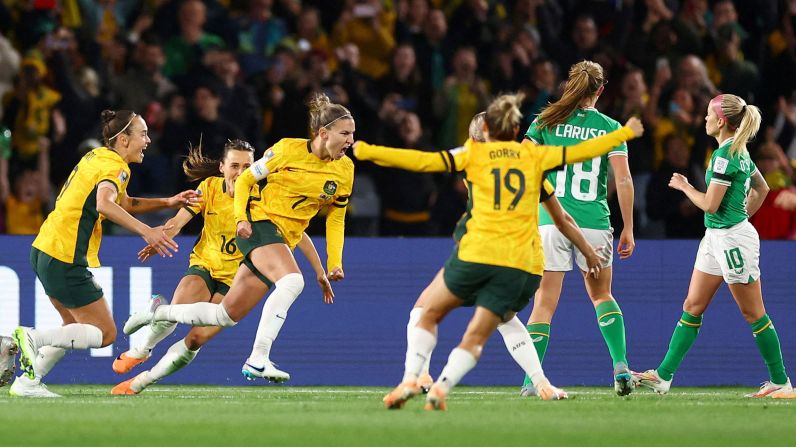

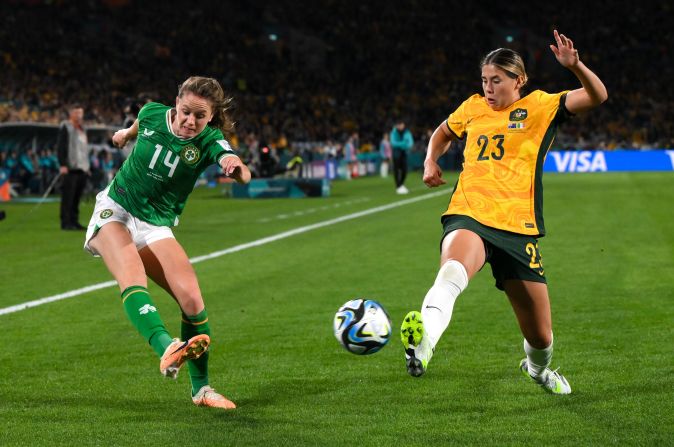

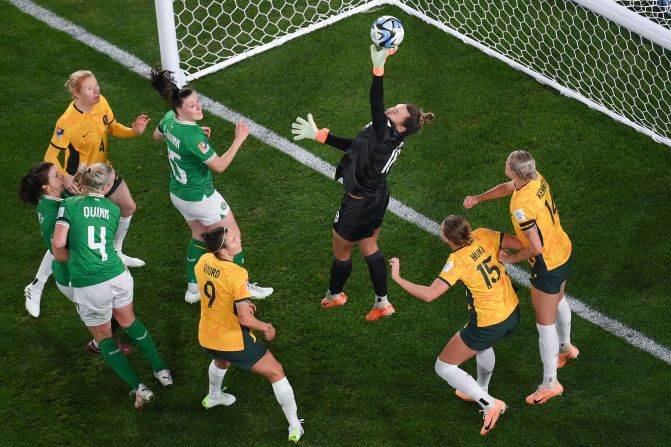
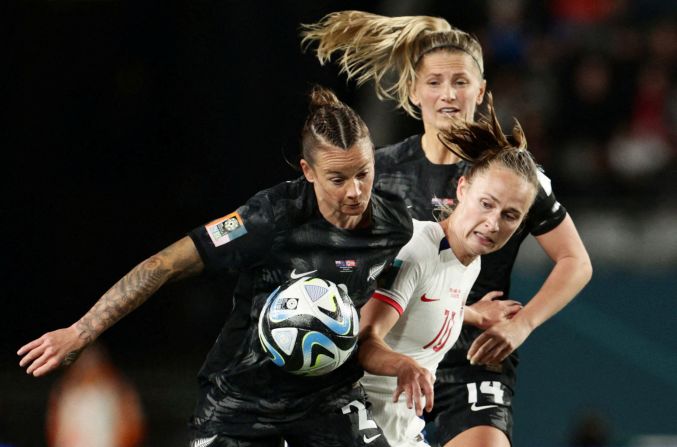
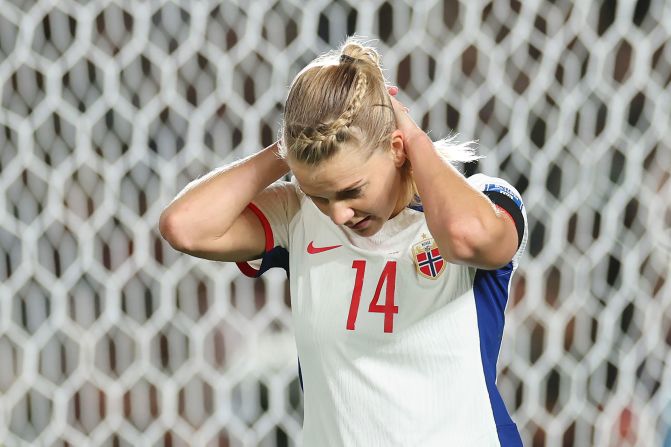
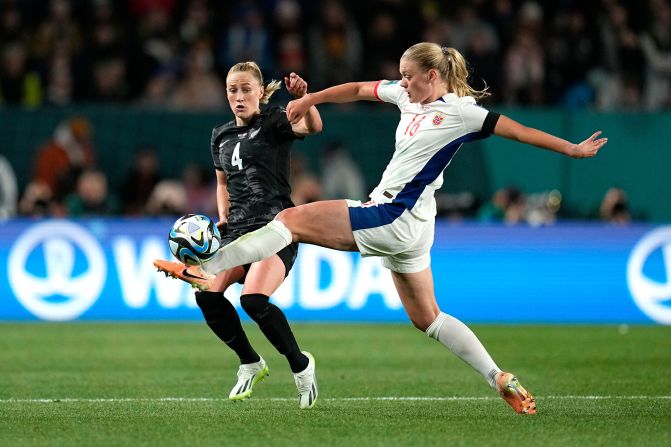
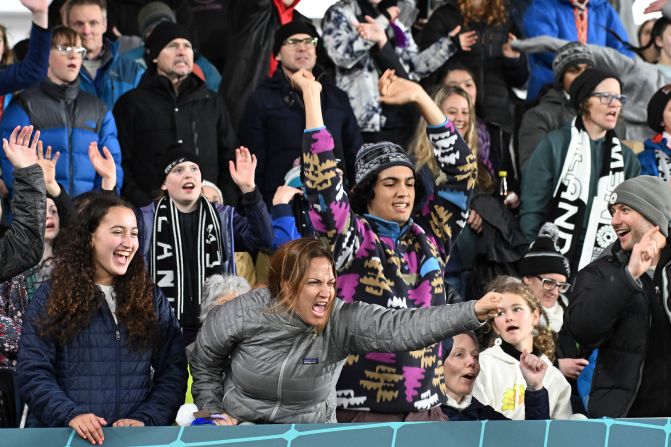
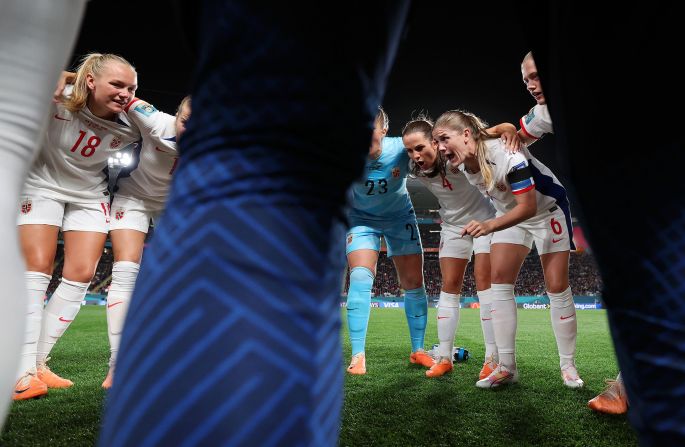

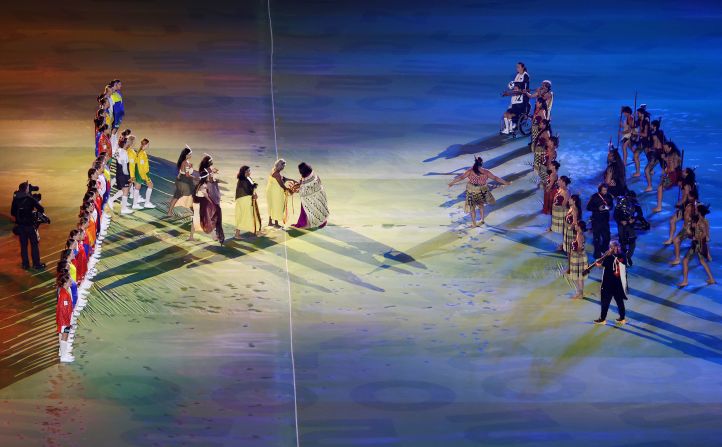
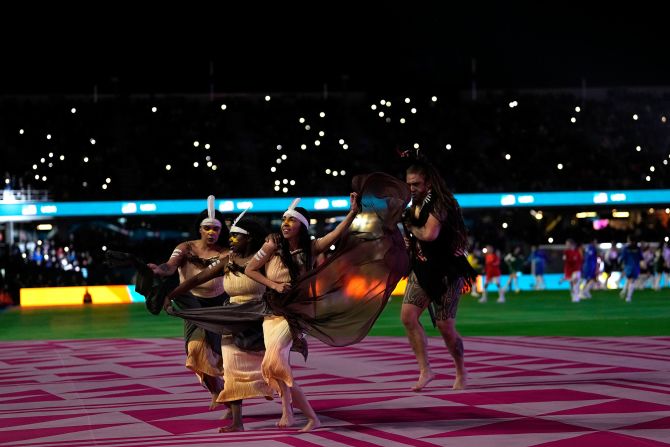
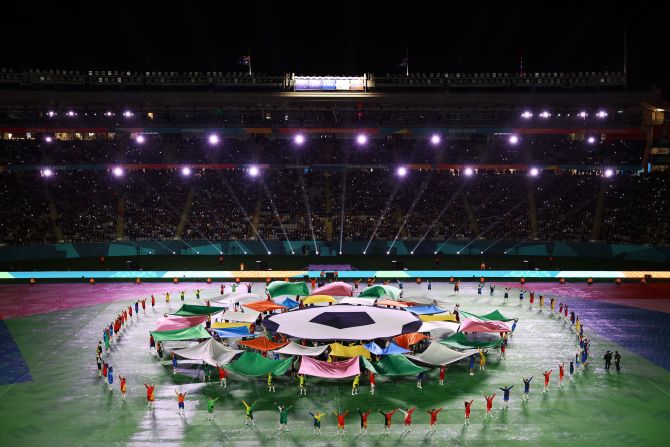
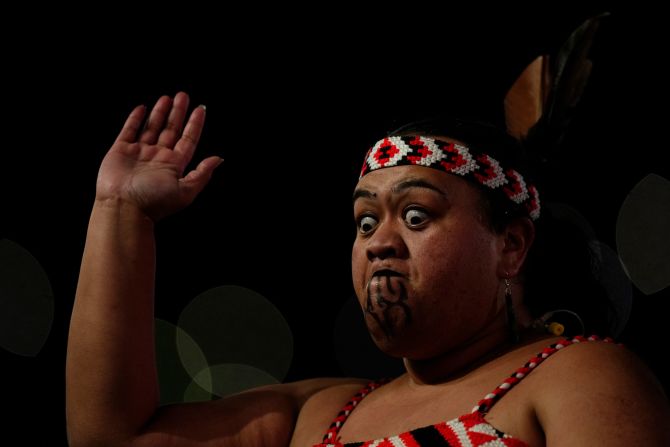
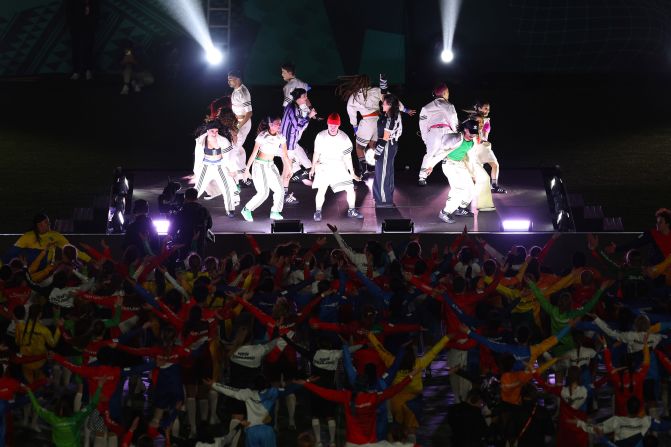
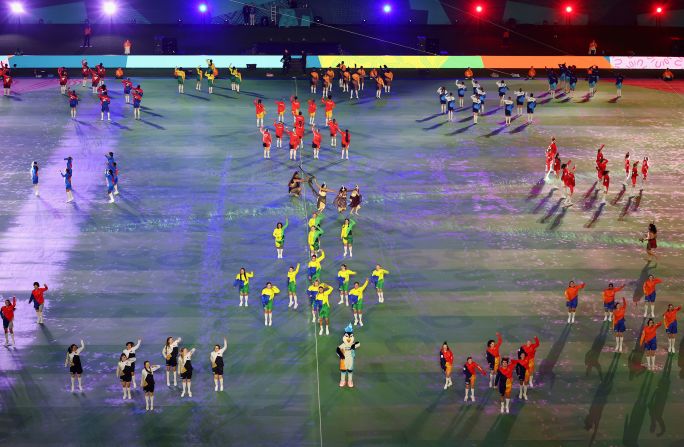
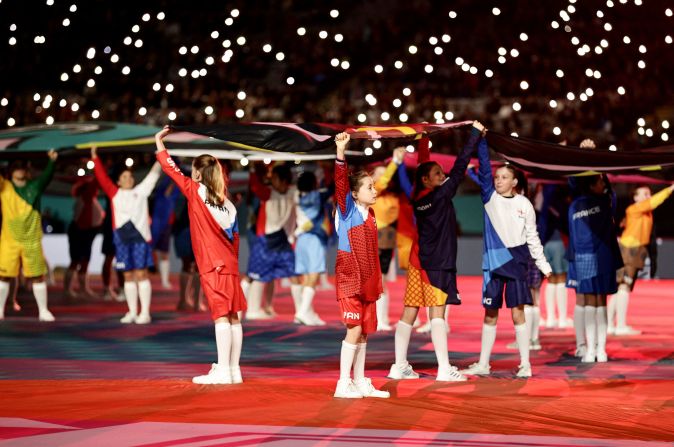
The best photos of the 2023 Women's World Cup
Despite all this, Spain’s rise (and they are just getting started) to the senior level serves as an example for the rest of the world to continue to build women’s programs. Results should come from investment, not the other way around.?England, who made the final, and Colombia, who advanced further than they ever had, have battled with their federations. Jamaica made history at this World Cup because of the Reggae Girlz’ prowess, supported by a viral fundraising effort, not by its own federation.
The list of problems players from multiple countries (including the US) keep calling out is long, and those issues mean extensive work lies ahead to ensure that these athletes are supported, paid and respected.
Achieving equity doesn’t forfeit the right to lose or speak one’s mind
When the USWNT went down, the outpouring of criticism knew no limits, perhaps especially from those who seemingly know little to nothing about women’s sports in general (and yes, Megyn Kelly, I’m looking at you) and find it just fine to root against a national team in the name of, wait for it, patriotism.
Two who do know a lot about soccer, former US national team members Alexi Lalas and Carli Lloyd, had much to say from their perches in the broadcast booth at Fox. Lalas controversially tweeted that “politics” and “causes” had made the team “unlikeable” to many, and that if they stop winning, they “risk becoming irrelevant.”?Lloyd’s harsh critiques of the USWNT need to?be considered within a broader context: Lloyd was?the only US player who failed to kneel to protest during the Tokyo Olympics in 2021 and went on to label the culture of the team as “toxic,” focused more on “building a brand” than winning, waxing nostalgic for the days when “it didn’t matter what you stood for.”
This was undoubtedly a shot at athletes such as Megan Rapinoe, who have made civil rights a priority within their star spotlight.?Soccer, like any sport, doesn’t allow us to put the world’s problems on pause.?Rather, it offers a window through which we can investigate and understand the world around us in a deeper way. And losing is a part of any sport. Rapinoe may be retiring, but she can do so confident that the young talent on her team will carry the USWNT forward with heads held high.
That equity is everyone’s responsibility
In 1776, Abigail Adams (stay with me) famously?wrote to her husband?“I desire you would Remember the Ladies…Do not put such unlimited power into the hands of the Husbands. Remember all Men would be tyrants if they could.”
If only she had written that letter to the head of FIFA.? In remarks to the press summarizing this World Cup, Infantino, who also made sure we knew he has four daughters (and is thus, apparently, an expert in all things female), gave what he must have thought would be an inspiring call to the women on the pitch battling for things like equal pay, equal accommodations, equal playing fields and equal supports.
“Pick the right battles,” he?urged the women?in the room (and beyond it). “You have the power to change.? You have the power to convince us men what we have to do and what we don’t have to do. Just do it.? With men, with FIFA, you’ll find open doors.? Just push the doors.”
Get Our Free Weekly Newsletter
- Sign up for CNN Opinion’s newsletter
- Join us on Twitter and Facebook
Yet, equity doesn’t happen when someone pushes through the door.?Equity happens when everyone decides to get rid of the door altogether.?Women, whether on the pitch or off, should not have to convince men of, well, anything — soccer players should not need anyone’s permission to be treated, compensated and understood fairly.?But Infantino’s so-called advice went beyond all-too-familiar mansplaining.?Rather, his words contained a barely veiled threat, one in which women had to ask for permission to normalize their game.
So let’s be clear:? soccer is not owned by men.? But men who are in power, like Infantino, leaders (and I use that word loosely), have a responsibility.? Indeed, it is his job to further the game, including and perhaps especially the women’s game, and not sit and wait to be convinced by women or anyone else.? The onus of responsibility is on him and the organization he, ahem, leads.

